The "Four Great Mountain Passes" are the four highest and most dangerous mountain passes in Vietnam, including Ma Pi Leng, O Quy Ho, Khau Pha and Pha Din.
Ma Pi Leng Pass
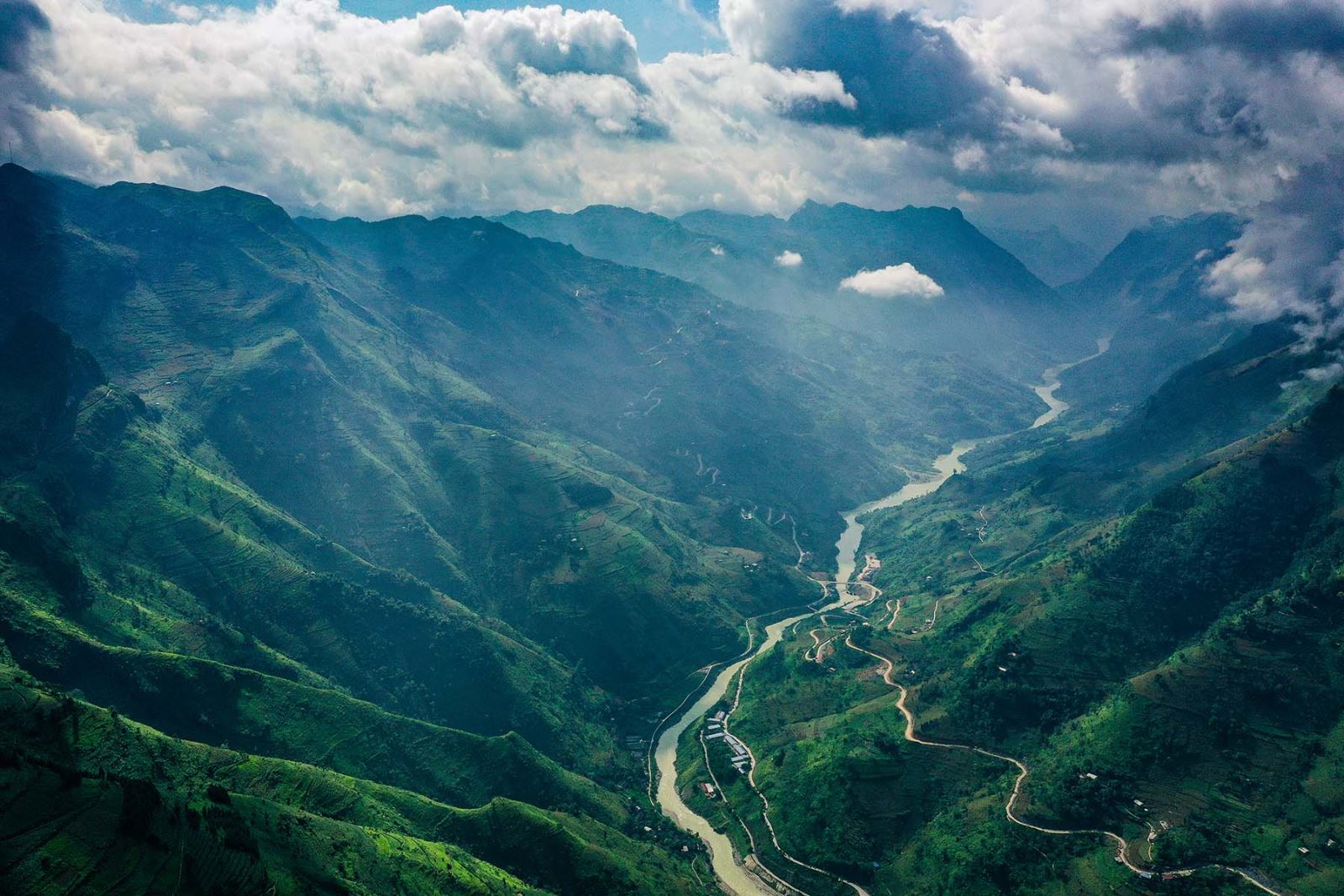
Ma Pi Leng Pass is one of the most popular check-in spots in Ha Giang, surrounded by high, steep, majestic cliffs with winding, dangerous curves.
Ma Pi Leng is literally understood as the nose of a horse, and figuratively, it refers to the danger of the mountain peak, where horses climb steep slopes to the point of suffocation. At the top of
Ma Pi Leng, you can admire the towering mountain peaks, the winding, green Nho Que River or the breathtakingly beautiful terraced fields.
Ma Pi Leng Pass, although not long, is the most dangerous pass in the mountainous border region of Ha Giang. The pass is 20km long, winding around the 2,000m high Ma Pi Leng peak, connecting Meo Vac town with Dong Van. To build this road, tens of thousands of workers from all over the northern provinces worked day and night to chisel rocks, especially the section through Ma Pi Leng where young men committed suicide by hanging themselves on the cliffs, reclaiming every centimeter to build the road.
Khau Pha Pass
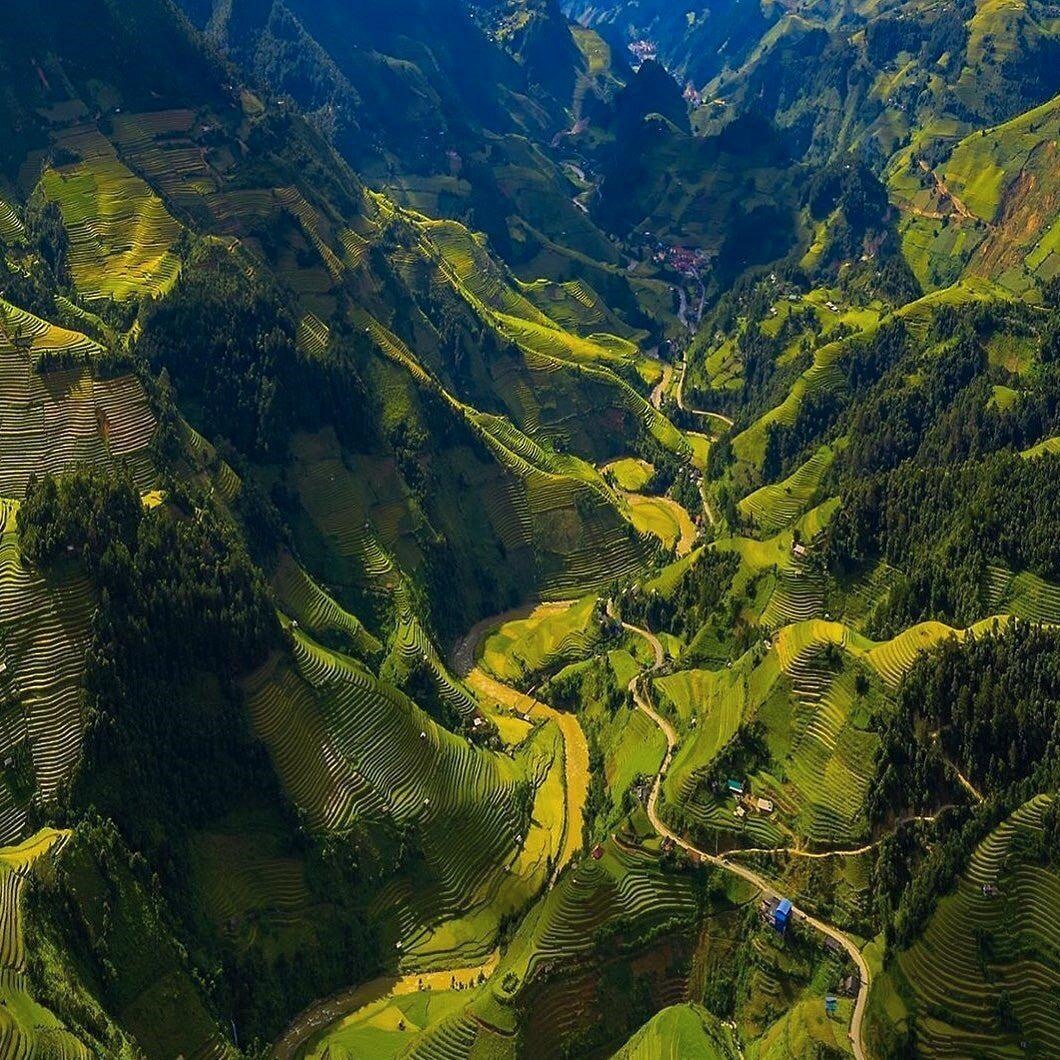 Khau Pha Pass
Khau Pha Pass is located in the border area between Van Chan district and Mu Cang Chai district of Yen Bai province. The pass is more than 30 km long, 1,200 m to 1,500 m above sea level. The name of this mountain peak in the Thai language means "Horn of Heaven" (a mountain horn rising to the sky), because the mountain peaks often rise up in the middle of the surrounding sea of clouds like a horn.
This place fascinates visitors with its wild, majestic beauty and is a favorite "check-in" spot for young people who love backpacking. Located at an altitude of over 1,200 meters above sea level, the weather in
Khau Pha is cool all year round like the Da Lat plateau. A day in
Khau Pha has up to 4 seasons: Spring, Summer, Autumn, Winter. Khau Pha is often covered in clouds and some years it is so cold, ice and snow cover the top of the pass. The view from
Khau Pha Pass is most beautiful during the rice harvest season, around September and October, when the rice on the Tu Le terraced fields turns golden and hazy in the morning mist. This is the time when many adventurous tourists conquer the pass to see
Khau Pha appear brilliantly amidst the deep blue sky and land, with a majestic beauty that touches the heart.
O Quy Ho Pass
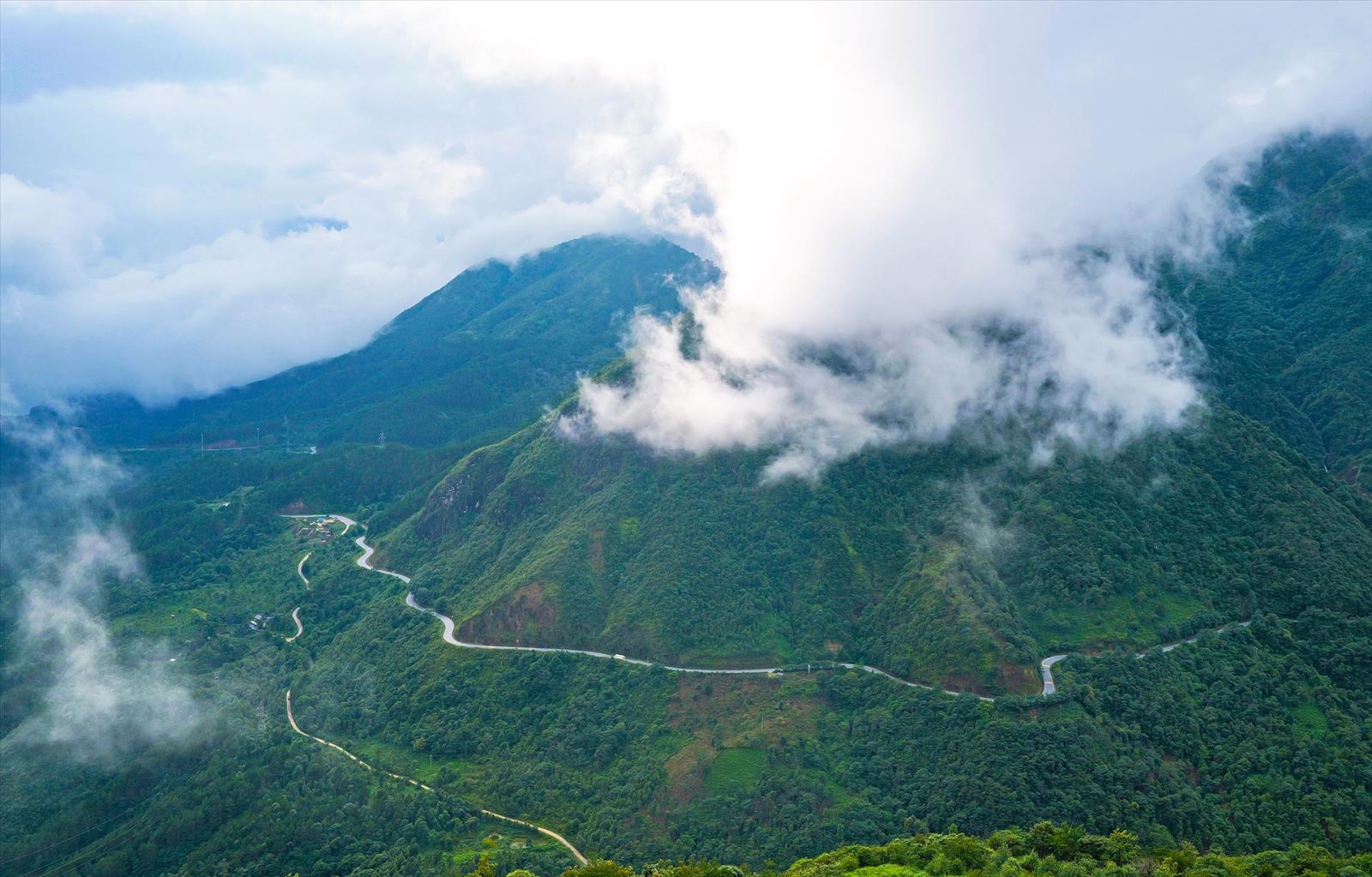
O Quy Ho is one of the longest, most dangerous and majestic mountain passes in the Northwest region, often known as the "King of the Northwest Pass". The pass connects the two provinces of Lao Cai - Lai Chau and the peak of the pass is also the boundary between the two provinces.
O Quy Ho Pass is also known as “Heaven’s Gate” because it is covered in clouds all year round, creating a charming landscape. This is an ideal cloud hunting spot for young people who love to travel. Looking from the top of
O Quy Ho Pass, you can take in the entire winding pass road, the lush green valleys, and the mist.
Pha Din Pass
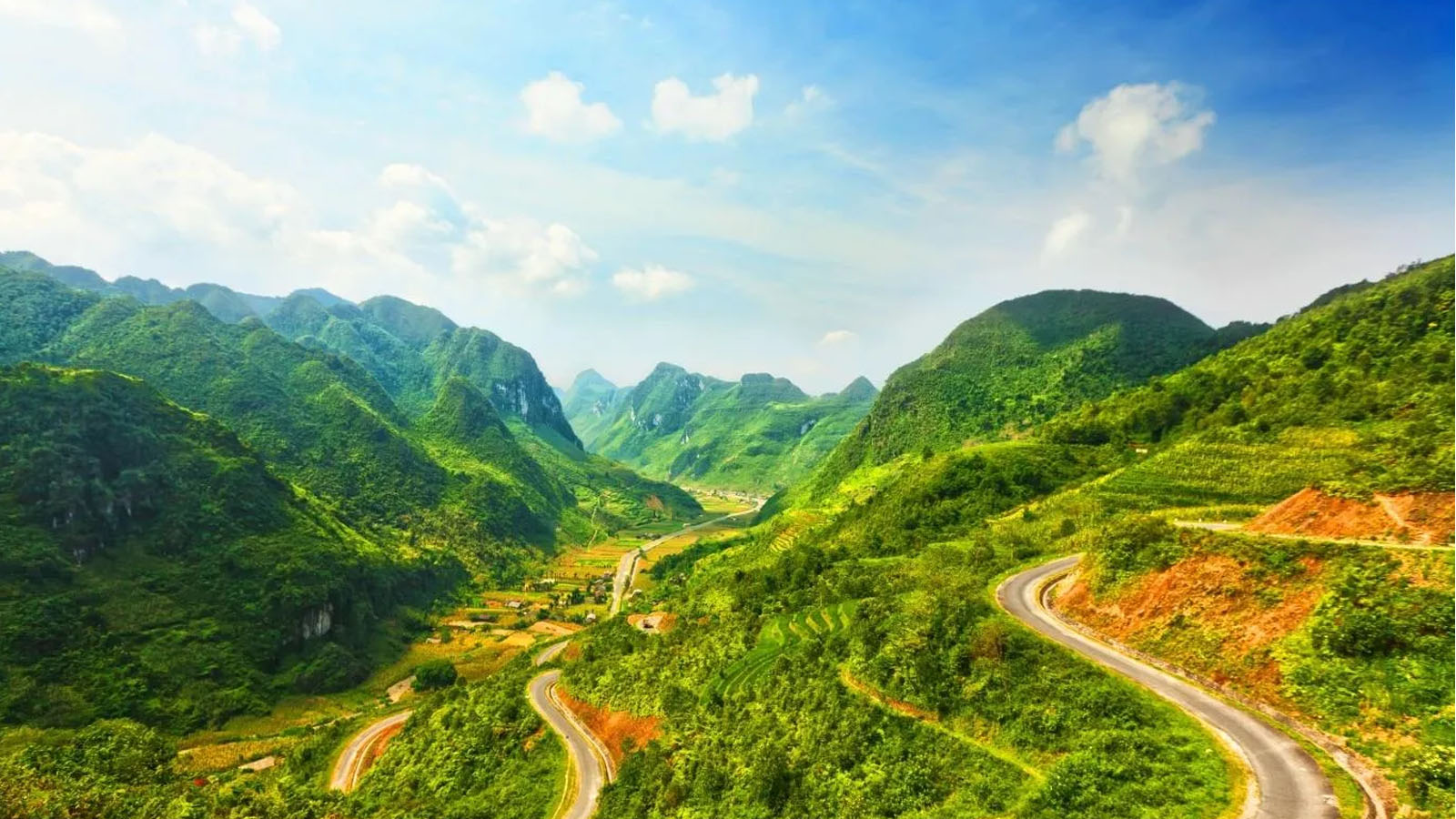 Pha Din Pass
Pha Din Pass is located on the border between Son La and Dien Bien provinces, 44km long with the highest point at 1,648m above sea level. The terrain of the pass is very rugged with a cliff on one side and a deep abyss on the other. From afar, the 8-turn pass looks like a giant rope connecting the mountains. Each winding, zigzagging bend up and down will be a challenge worth experiencing for tourists.
The original name of
Pha Din Pass comes from the Thai language, Pha Din, in which Pha means "sky", Din means "earth", meaning this is the place where heaven and earth meet. Halfway up Pha Din Pass is often covered in clouds, at the foot of the pass are scattered villages. Standing on the slope of the pass on the Dien Bien province side looking down, visitors will see the Muong Quai valley spreading out with the immense green of the hills and mountains, looming the first villages of Tuan Giao district. However, when approaching the top of the pass, there are almost no villages to be seen, only the deep blue sky and majestic mountains and forests blending into one.
 Ma Pi Leng Pass is one of the most popular check-in spots in Ha Giang, surrounded by high, steep, majestic cliffs with winding, dangerous curves. Ma Pi Leng is literally understood as the nose of a horse, and figuratively, it refers to the danger of the mountain peak, where horses climb steep slopes to the point of suffocation. At the top of Ma Pi Leng, you can admire the towering mountain peaks, the winding, green Nho Que River or the breathtakingly beautiful terraced fields.
Ma Pi Leng Pass is one of the most popular check-in spots in Ha Giang, surrounded by high, steep, majestic cliffs with winding, dangerous curves. Ma Pi Leng is literally understood as the nose of a horse, and figuratively, it refers to the danger of the mountain peak, where horses climb steep slopes to the point of suffocation. At the top of Ma Pi Leng, you can admire the towering mountain peaks, the winding, green Nho Que River or the breathtakingly beautiful terraced fields. Khau Pha Pass is located in the border area between Van Chan district and Mu Cang Chai district of Yen Bai province. The pass is more than 30 km long, 1,200 m to 1,500 m above sea level. The name of this mountain peak in the Thai language means "Horn of Heaven" (a mountain horn rising to the sky), because the mountain peaks often rise up in the middle of the surrounding sea of clouds like a horn.
Khau Pha Pass is located in the border area between Van Chan district and Mu Cang Chai district of Yen Bai province. The pass is more than 30 km long, 1,200 m to 1,500 m above sea level. The name of this mountain peak in the Thai language means "Horn of Heaven" (a mountain horn rising to the sky), because the mountain peaks often rise up in the middle of the surrounding sea of clouds like a horn. O Quy Ho is one of the longest, most dangerous and majestic mountain passes in the Northwest region, often known as the "King of the Northwest Pass". The pass connects the two provinces of Lao Cai - Lai Chau and the peak of the pass is also the boundary between the two provinces. O Quy Ho Pass is also known as “Heaven’s Gate” because it is covered in clouds all year round, creating a charming landscape. This is an ideal cloud hunting spot for young people who love to travel. Looking from the top of O Quy Ho Pass, you can take in the entire winding pass road, the lush green valleys, and the mist.
O Quy Ho is one of the longest, most dangerous and majestic mountain passes in the Northwest region, often known as the "King of the Northwest Pass". The pass connects the two provinces of Lao Cai - Lai Chau and the peak of the pass is also the boundary between the two provinces. O Quy Ho Pass is also known as “Heaven’s Gate” because it is covered in clouds all year round, creating a charming landscape. This is an ideal cloud hunting spot for young people who love to travel. Looking from the top of O Quy Ho Pass, you can take in the entire winding pass road, the lush green valleys, and the mist. Pha Din Pass is located on the border between Son La and Dien Bien provinces, 44km long with the highest point at 1,648m above sea level. The terrain of the pass is very rugged with a cliff on one side and a deep abyss on the other. From afar, the 8-turn pass looks like a giant rope connecting the mountains. Each winding, zigzagging bend up and down will be a challenge worth experiencing for tourists.
Pha Din Pass is located on the border between Son La and Dien Bien provinces, 44km long with the highest point at 1,648m above sea level. The terrain of the pass is very rugged with a cliff on one side and a deep abyss on the other. From afar, the 8-turn pass looks like a giant rope connecting the mountains. Each winding, zigzagging bend up and down will be a challenge worth experiencing for tourists.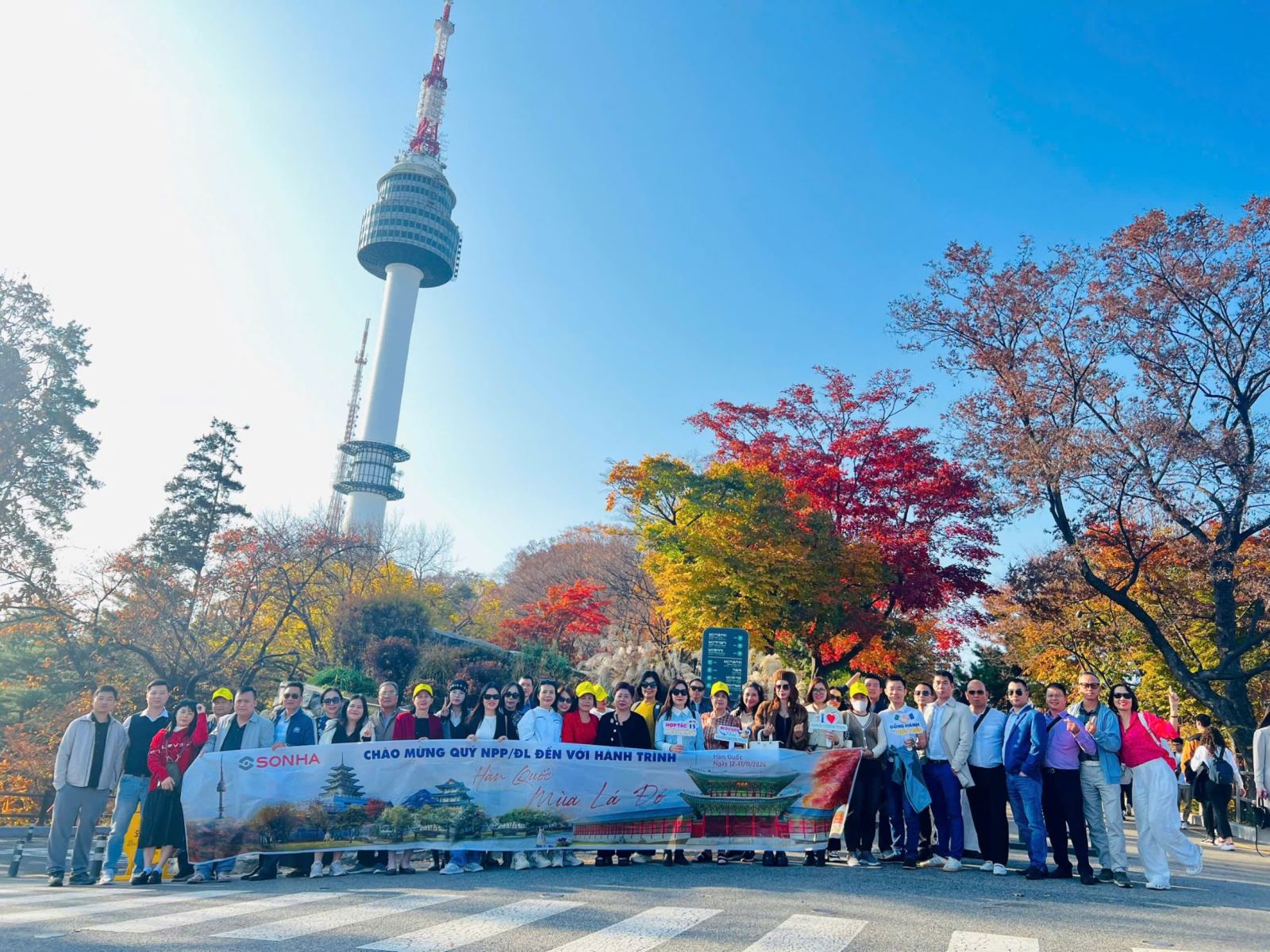
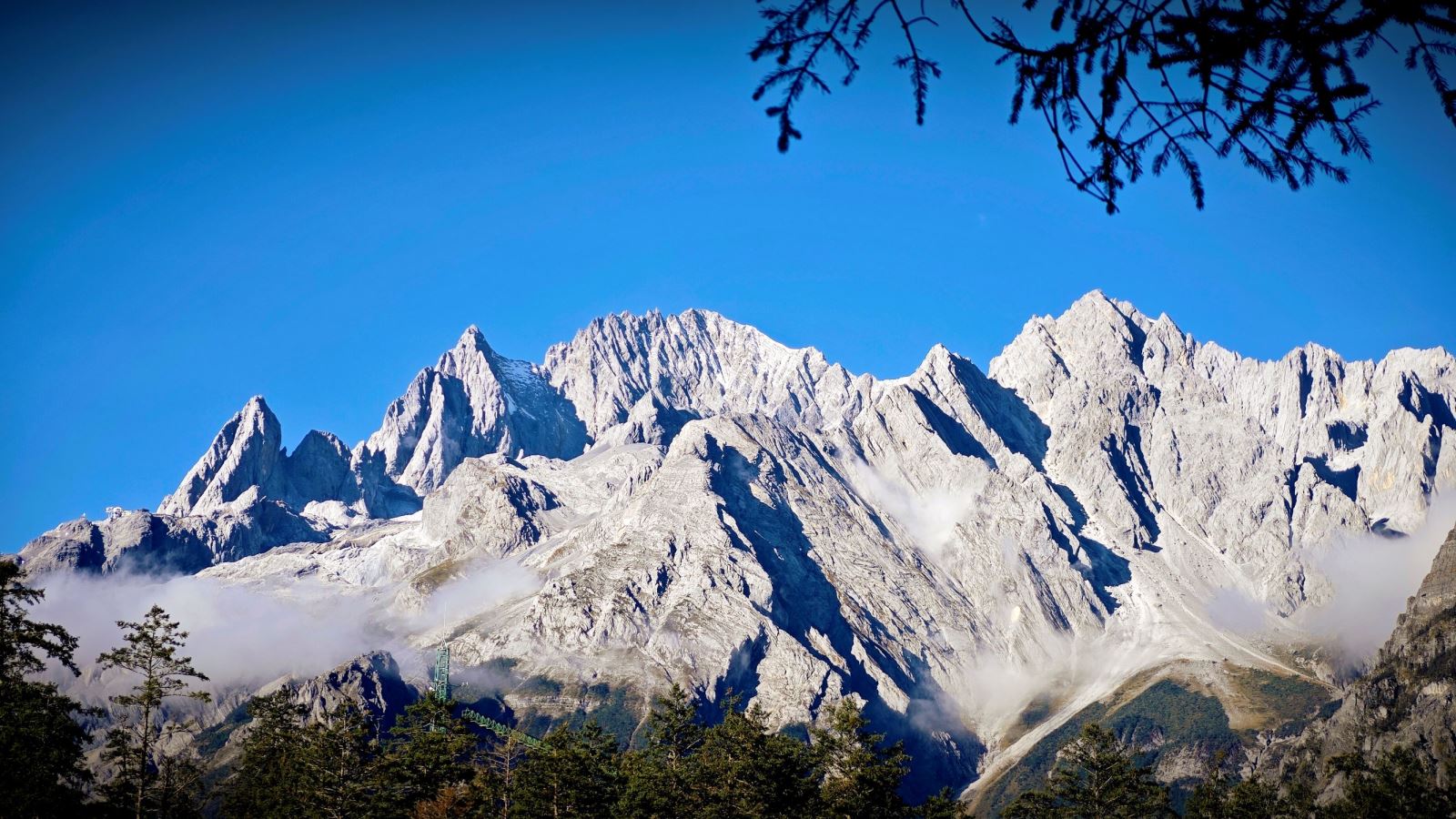


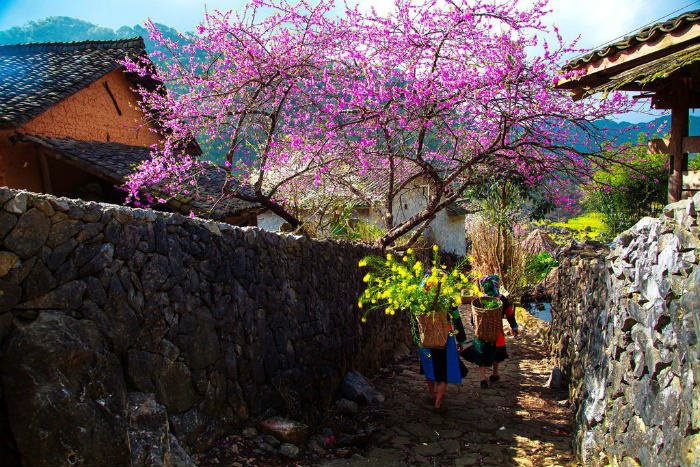
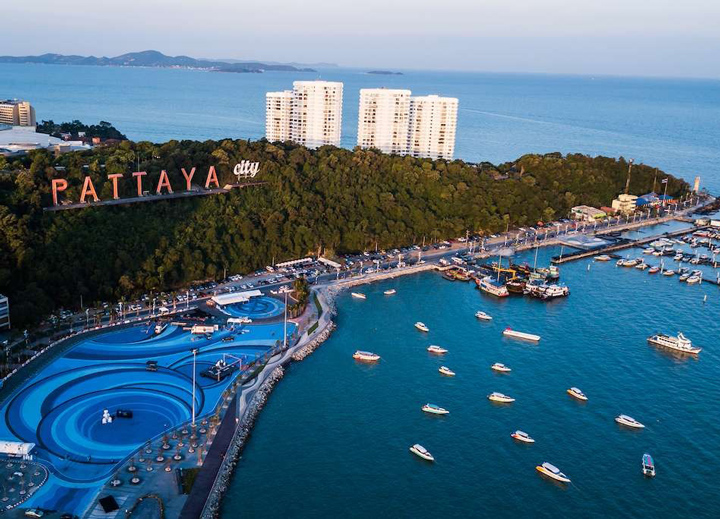
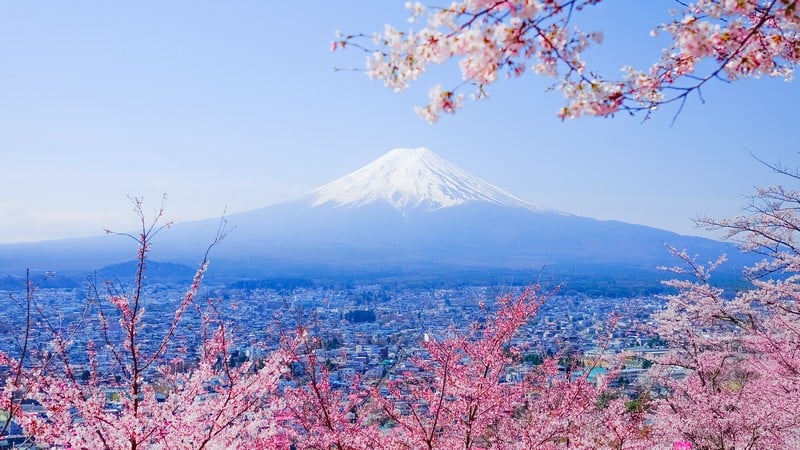
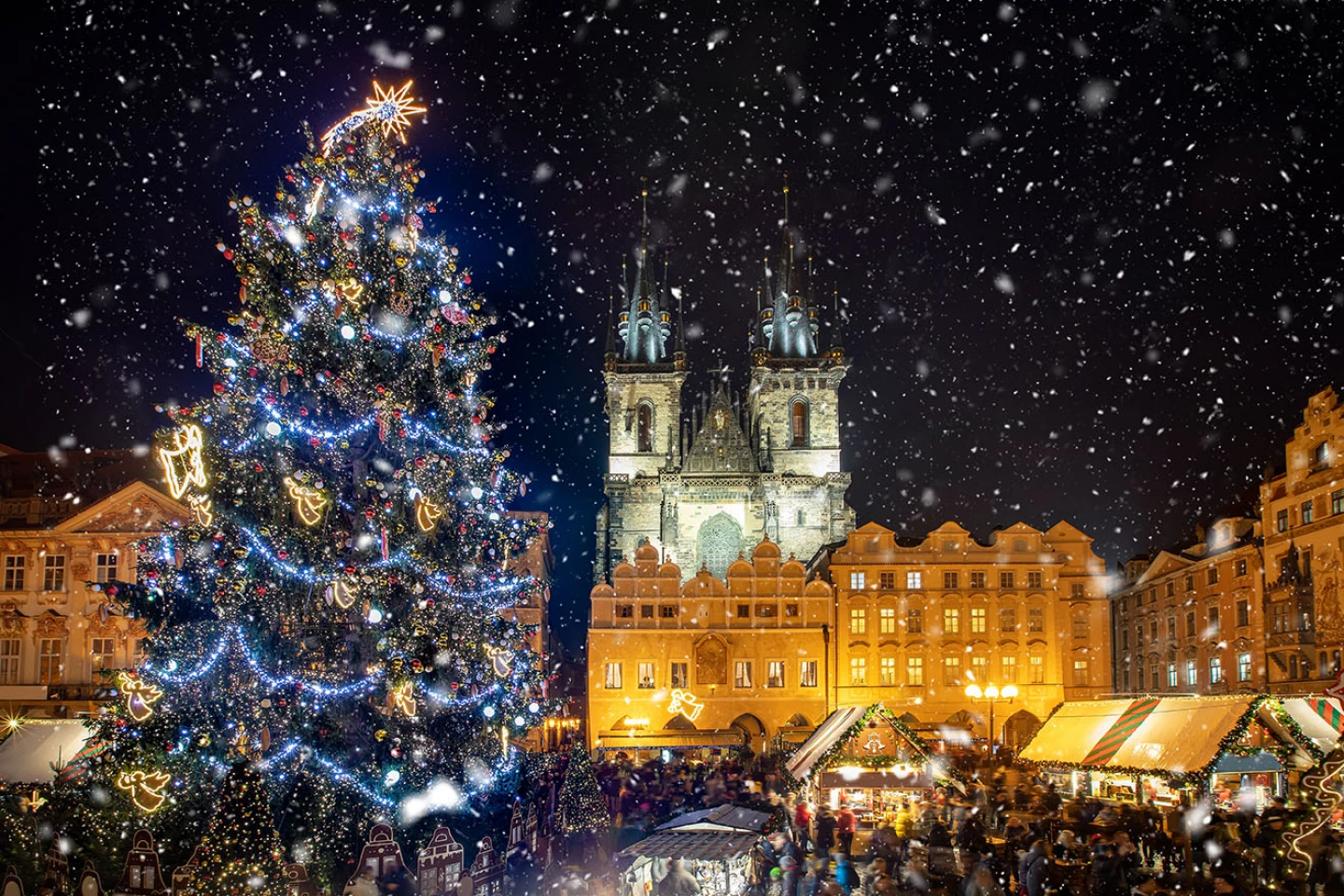
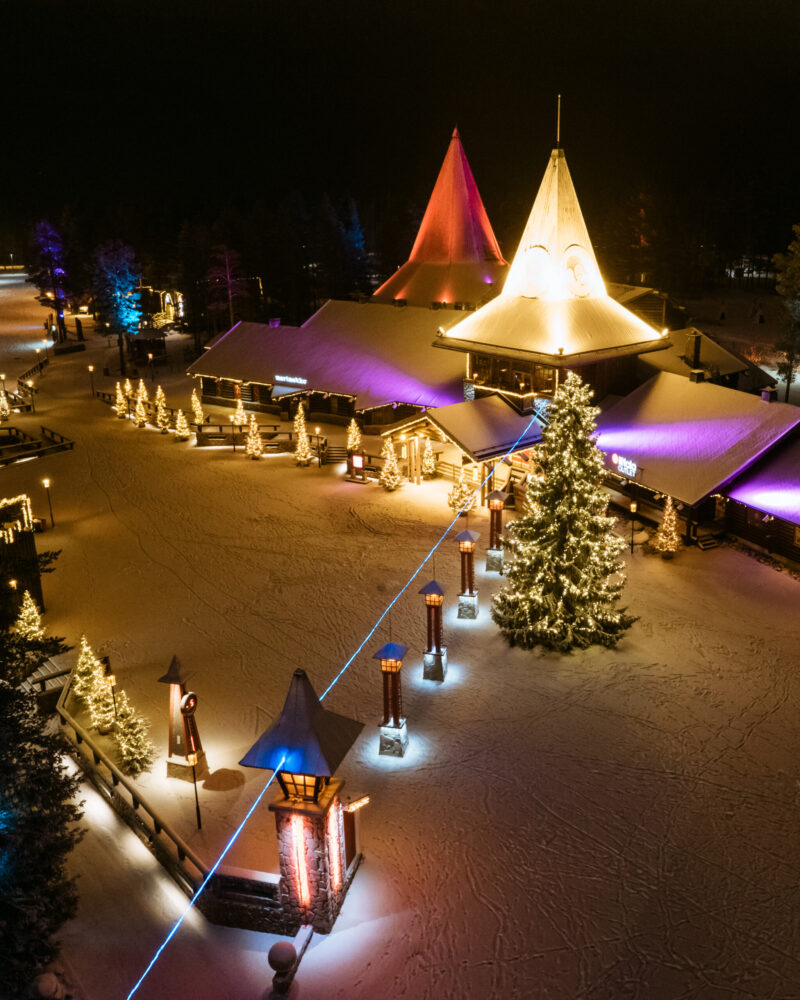
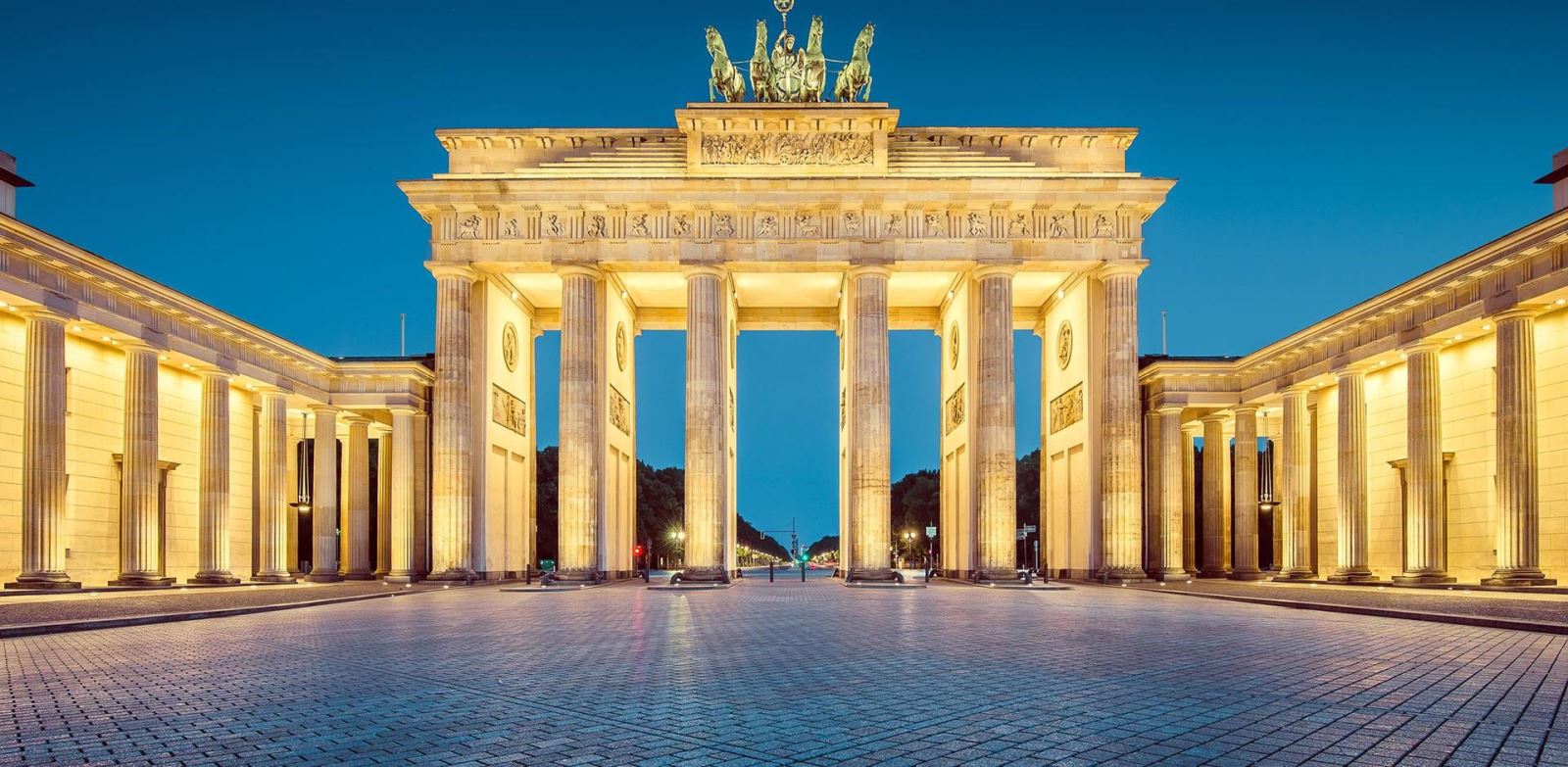
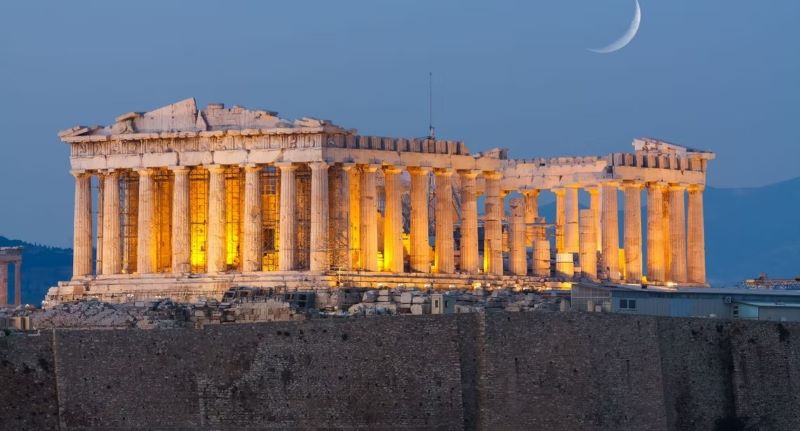

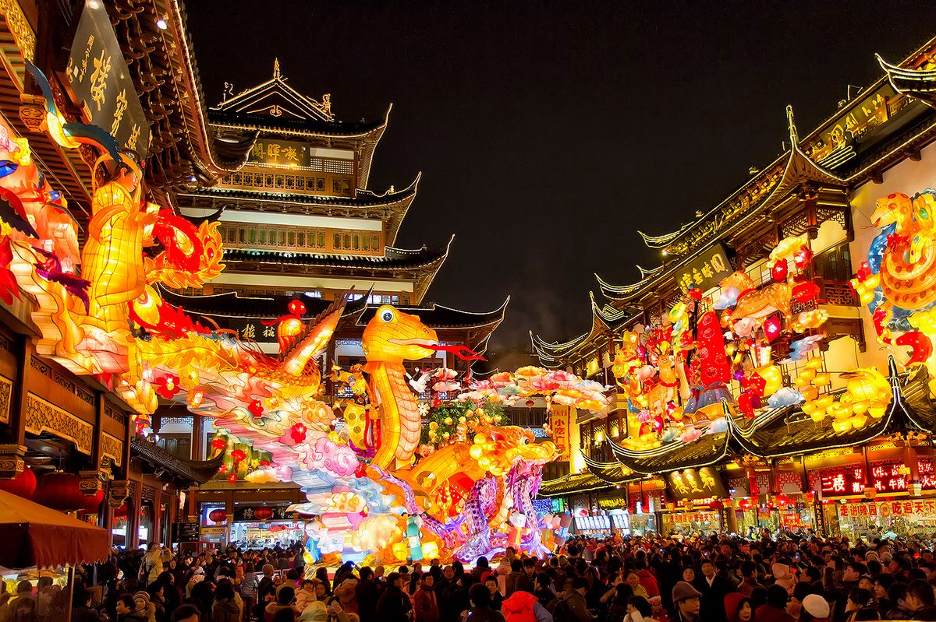



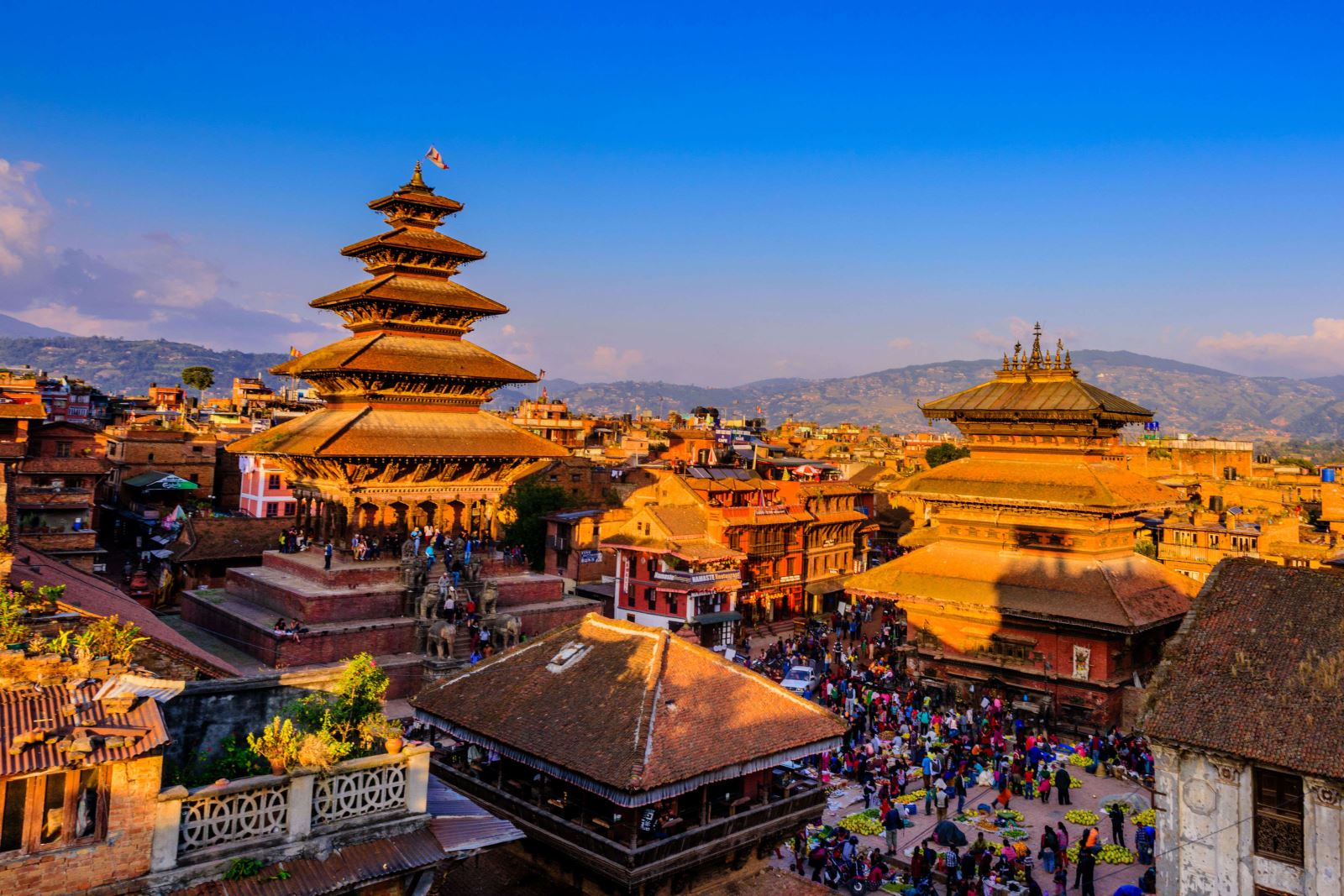
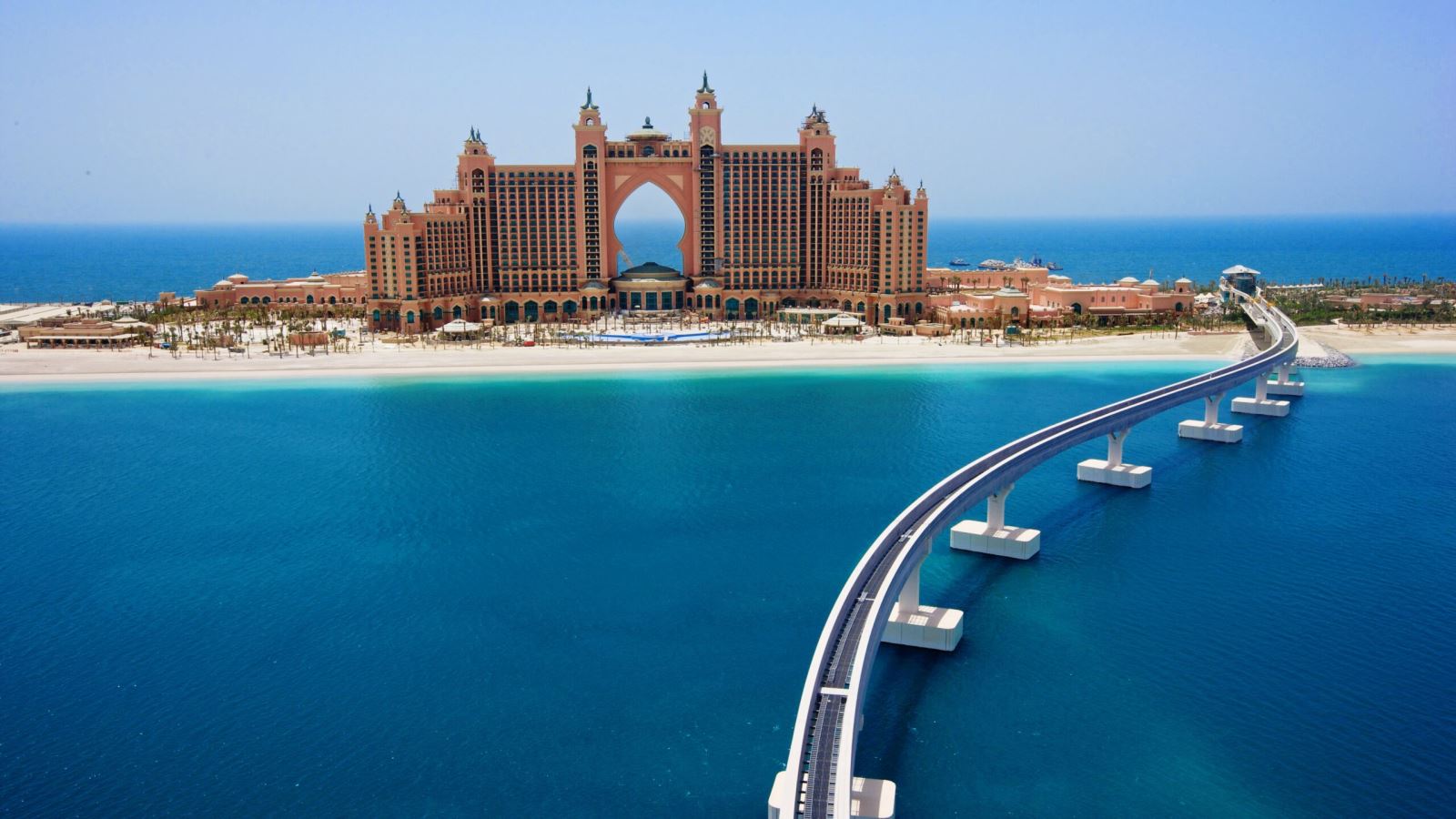
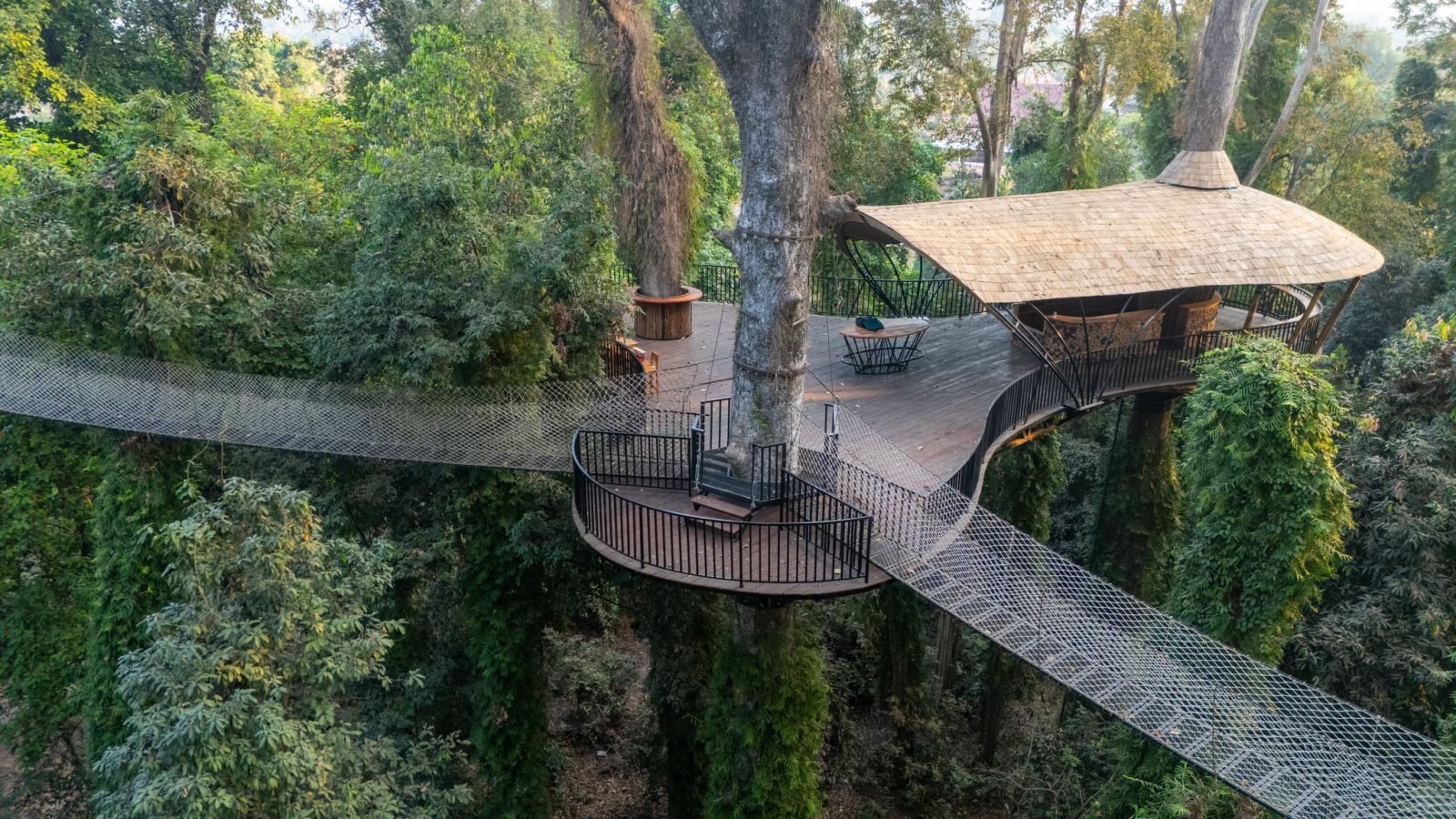
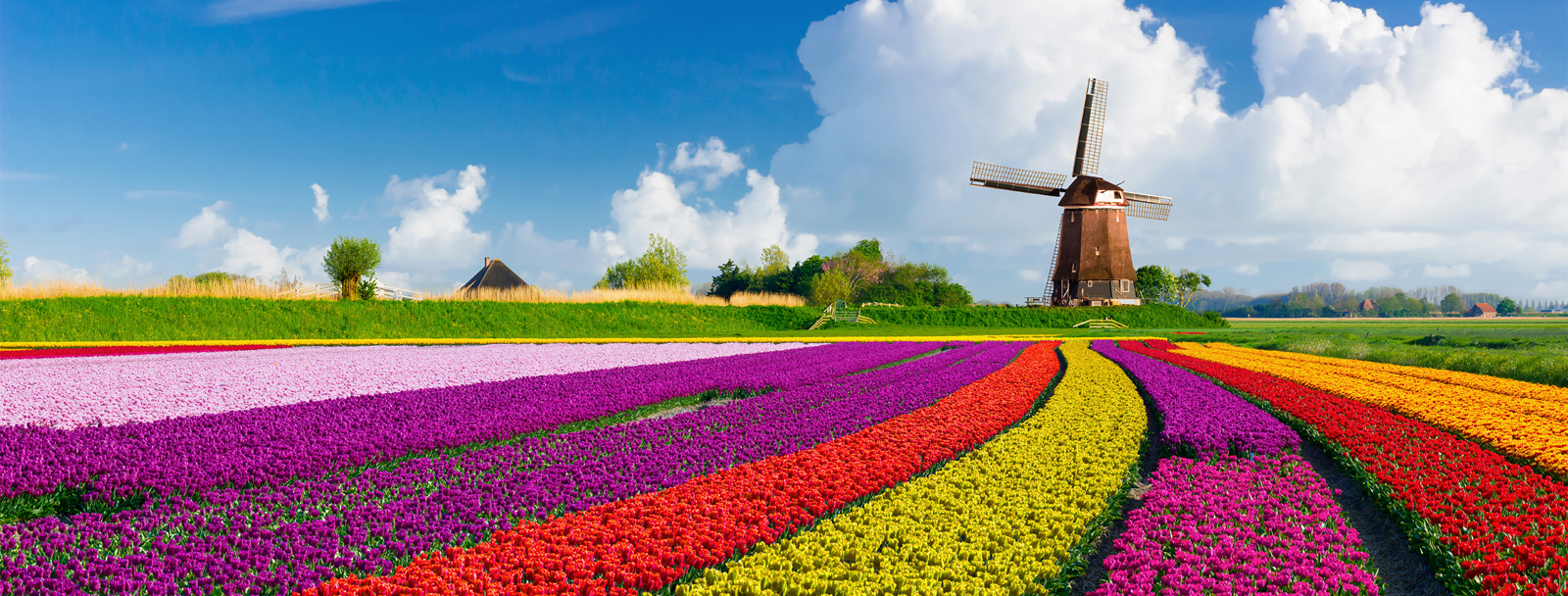
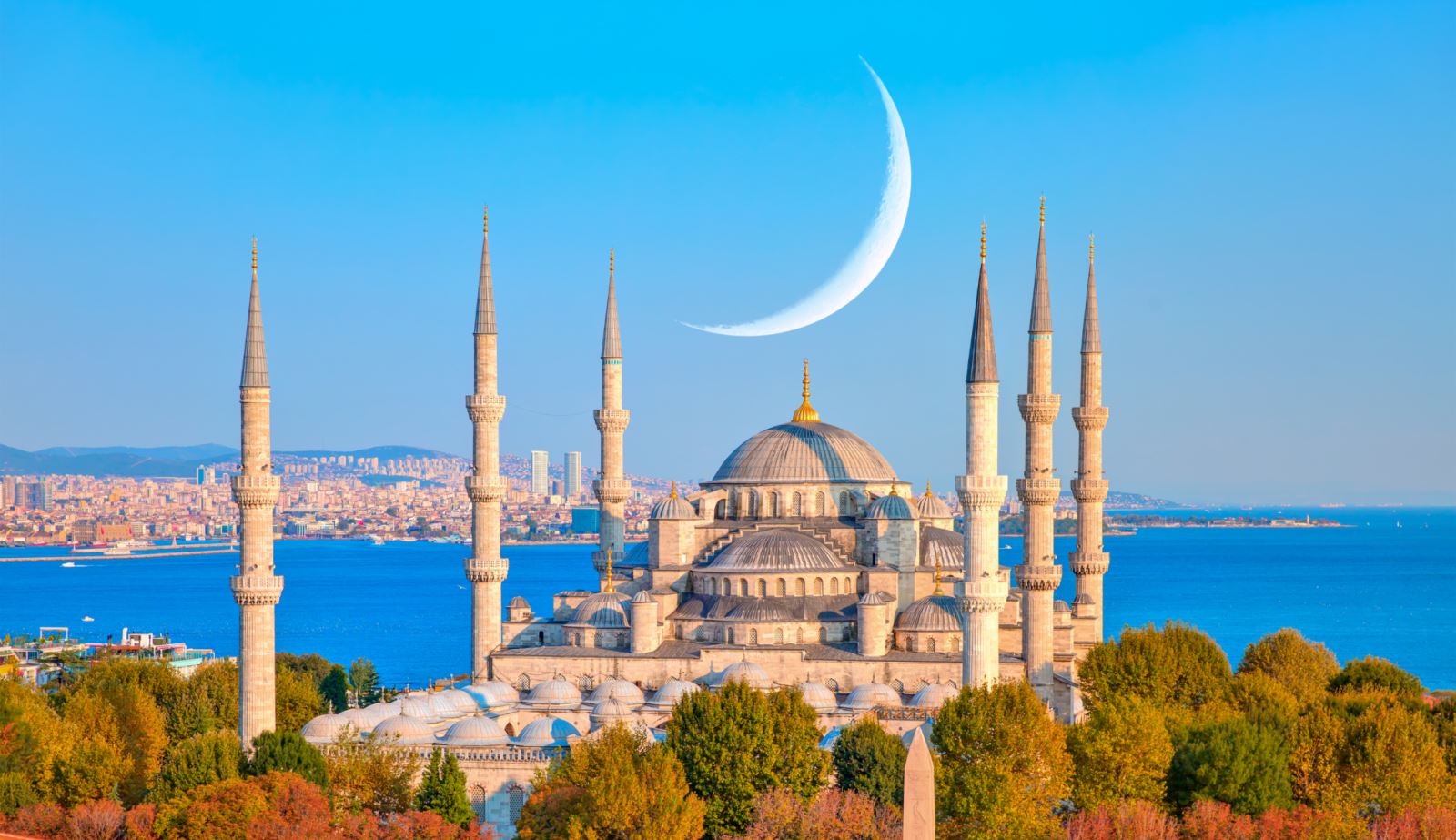


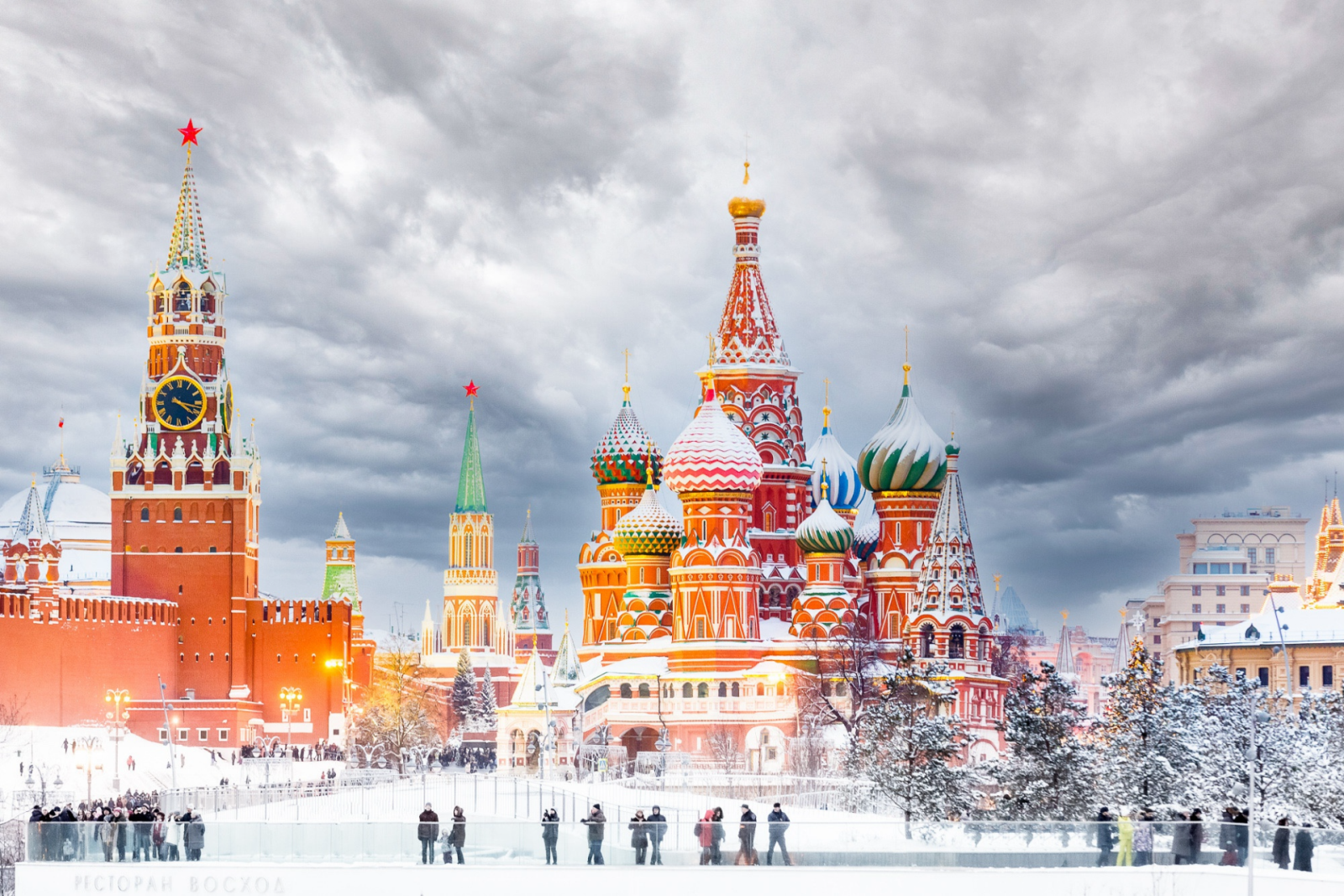

.jpg)



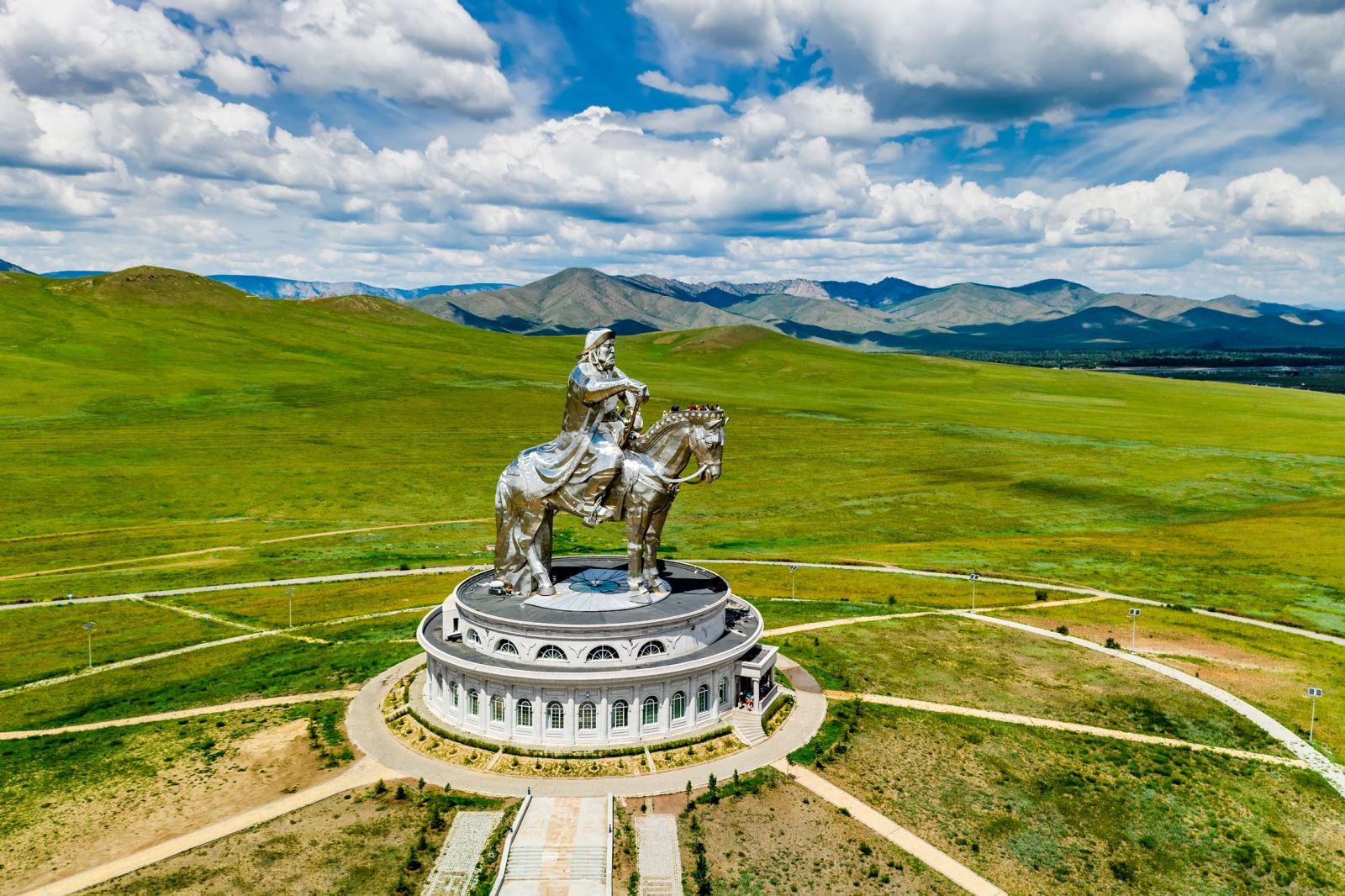
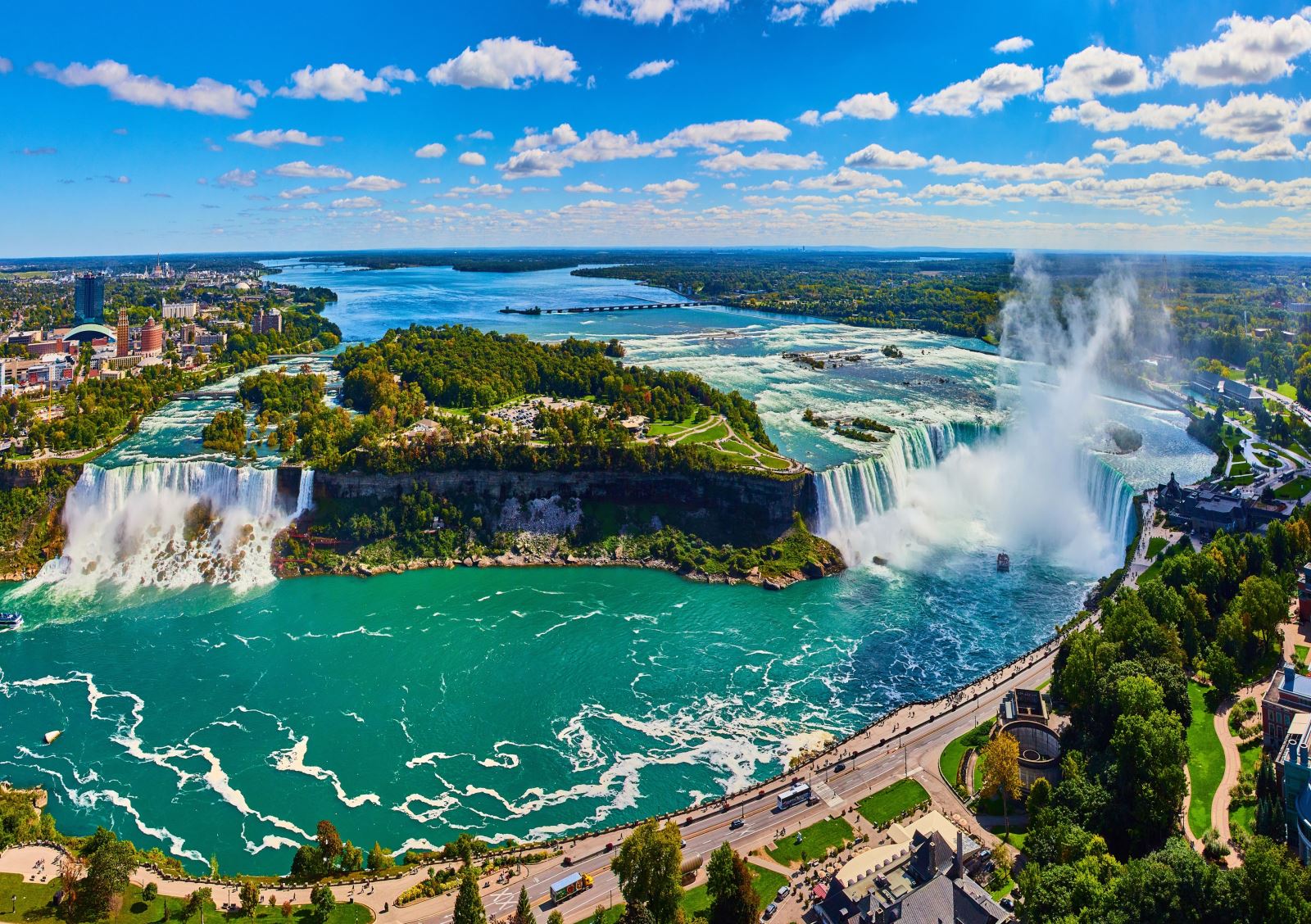
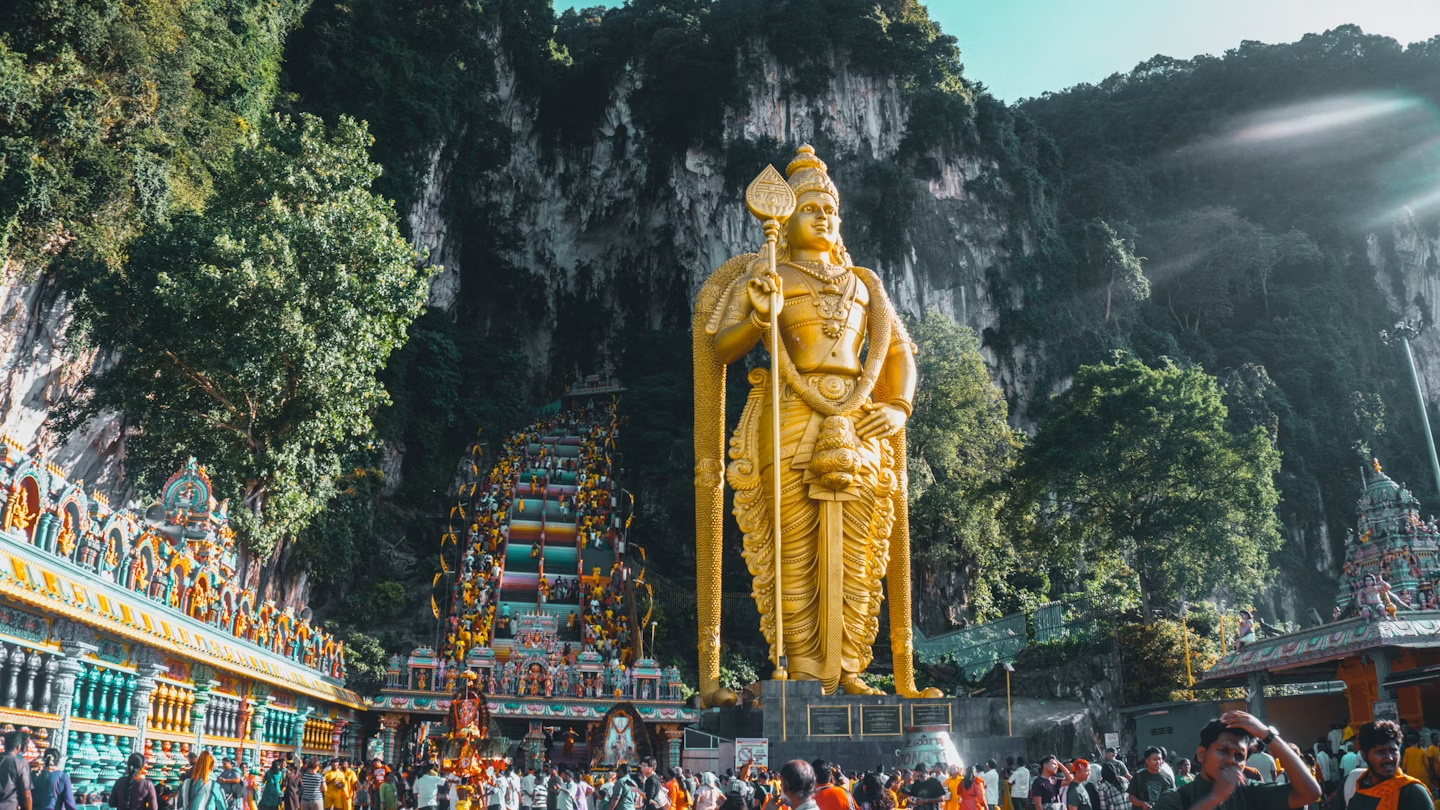
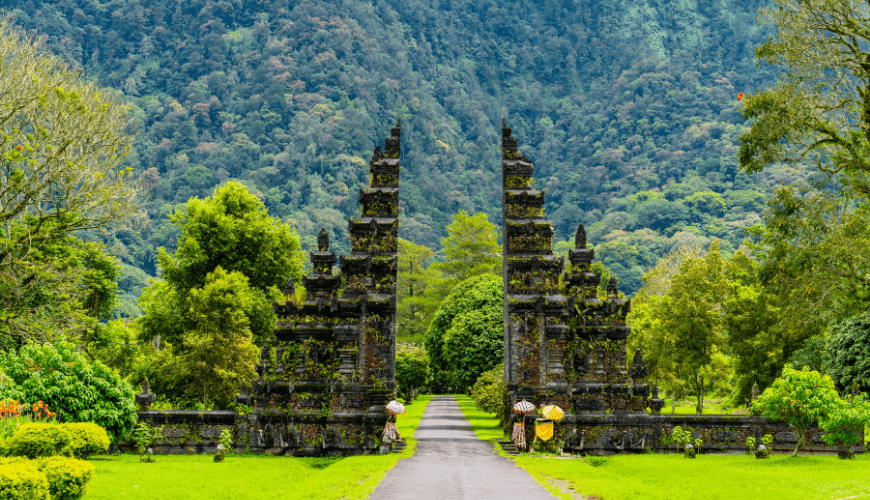
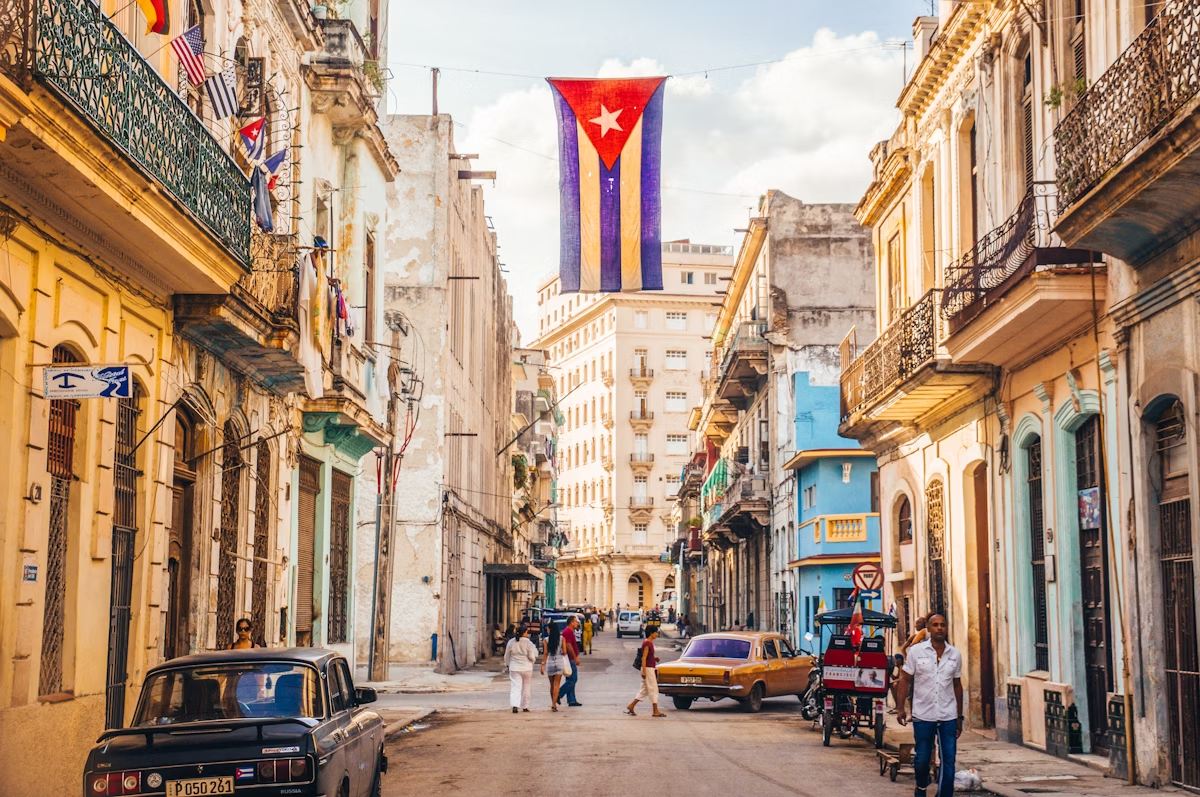
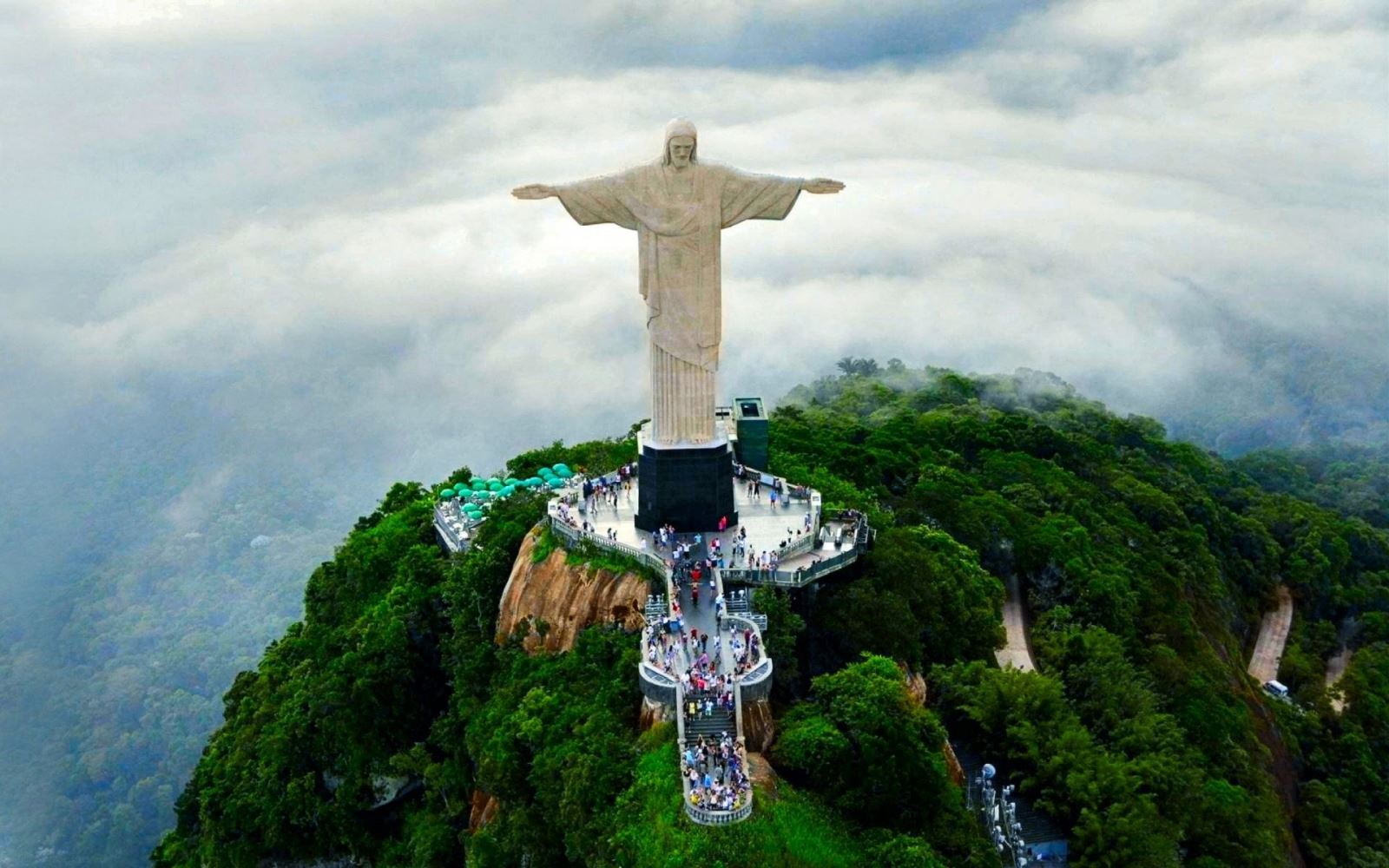
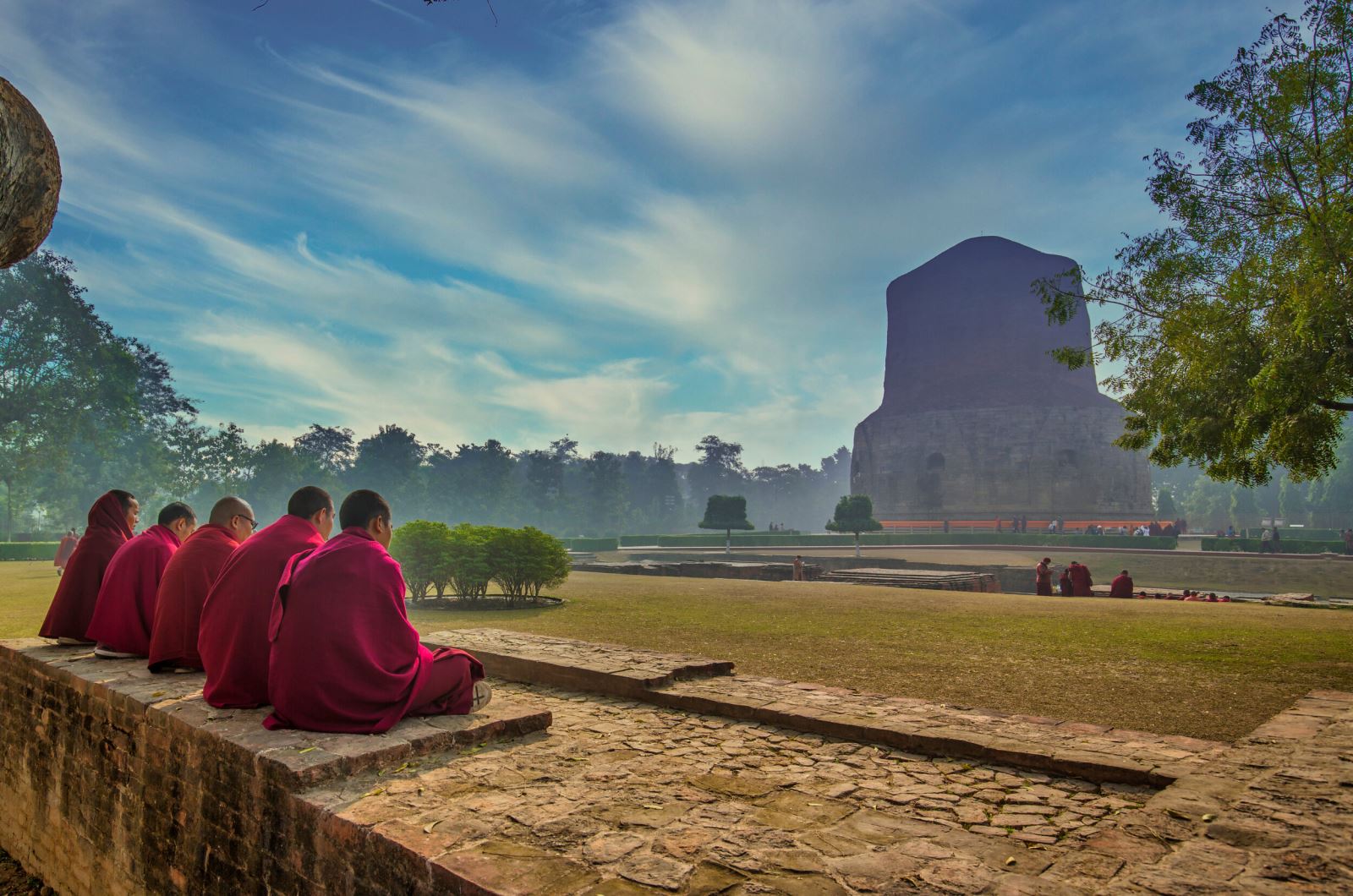
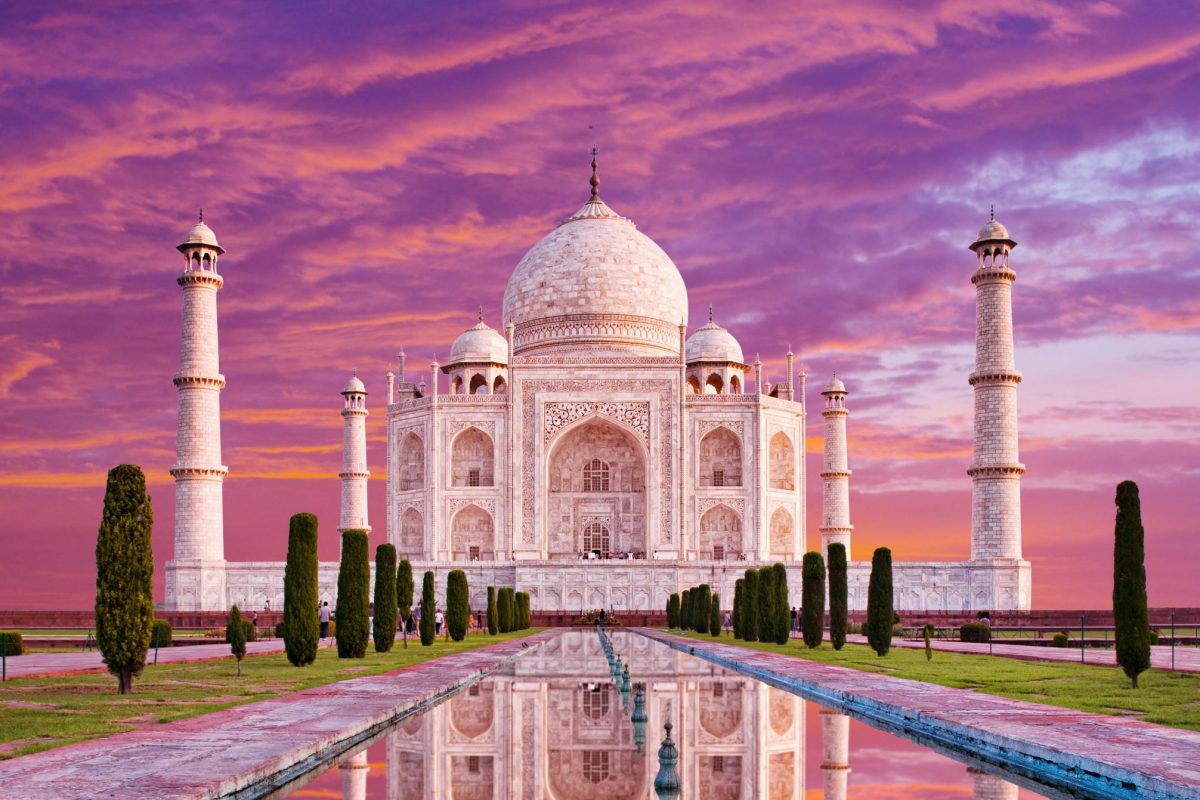
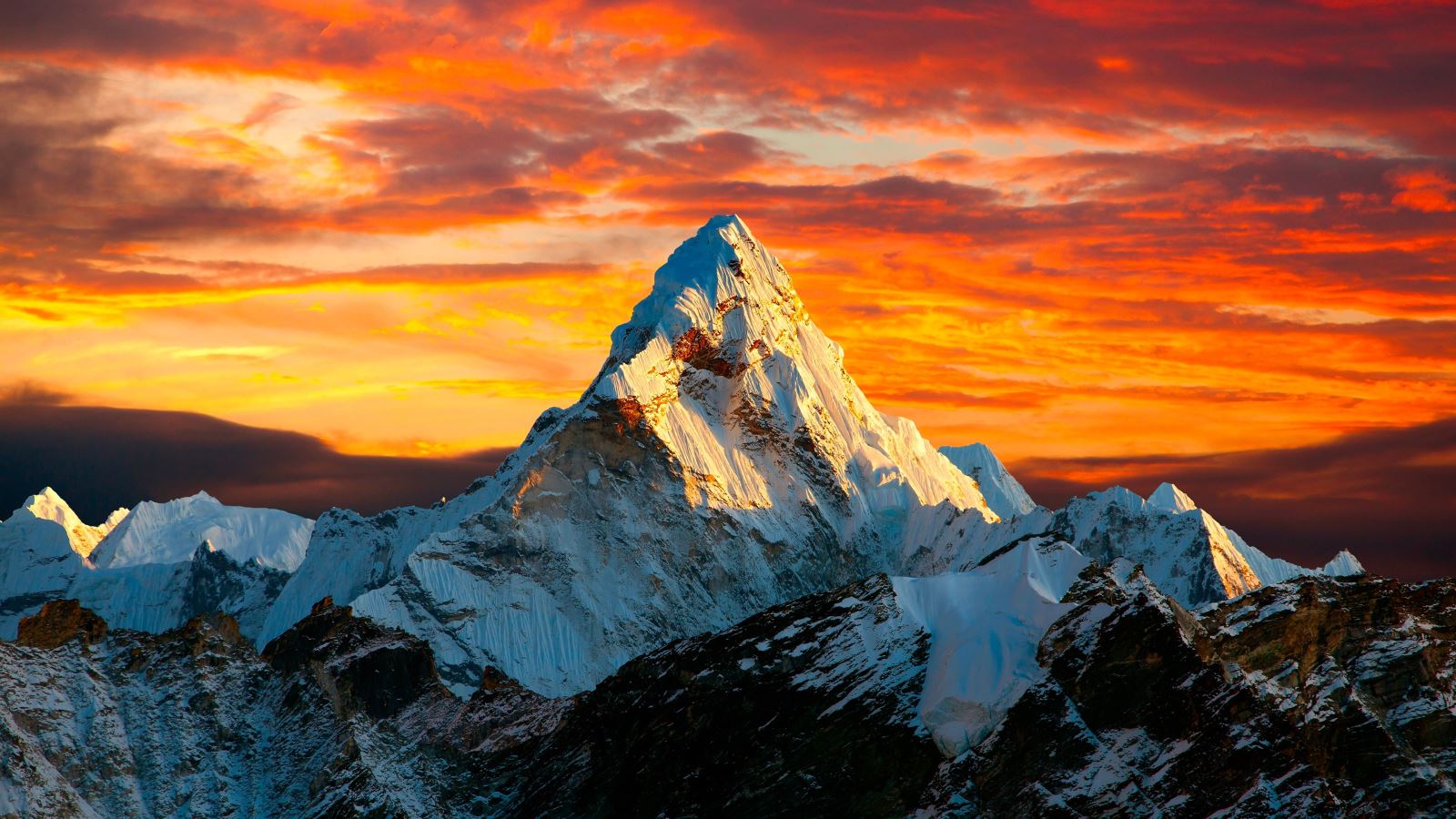
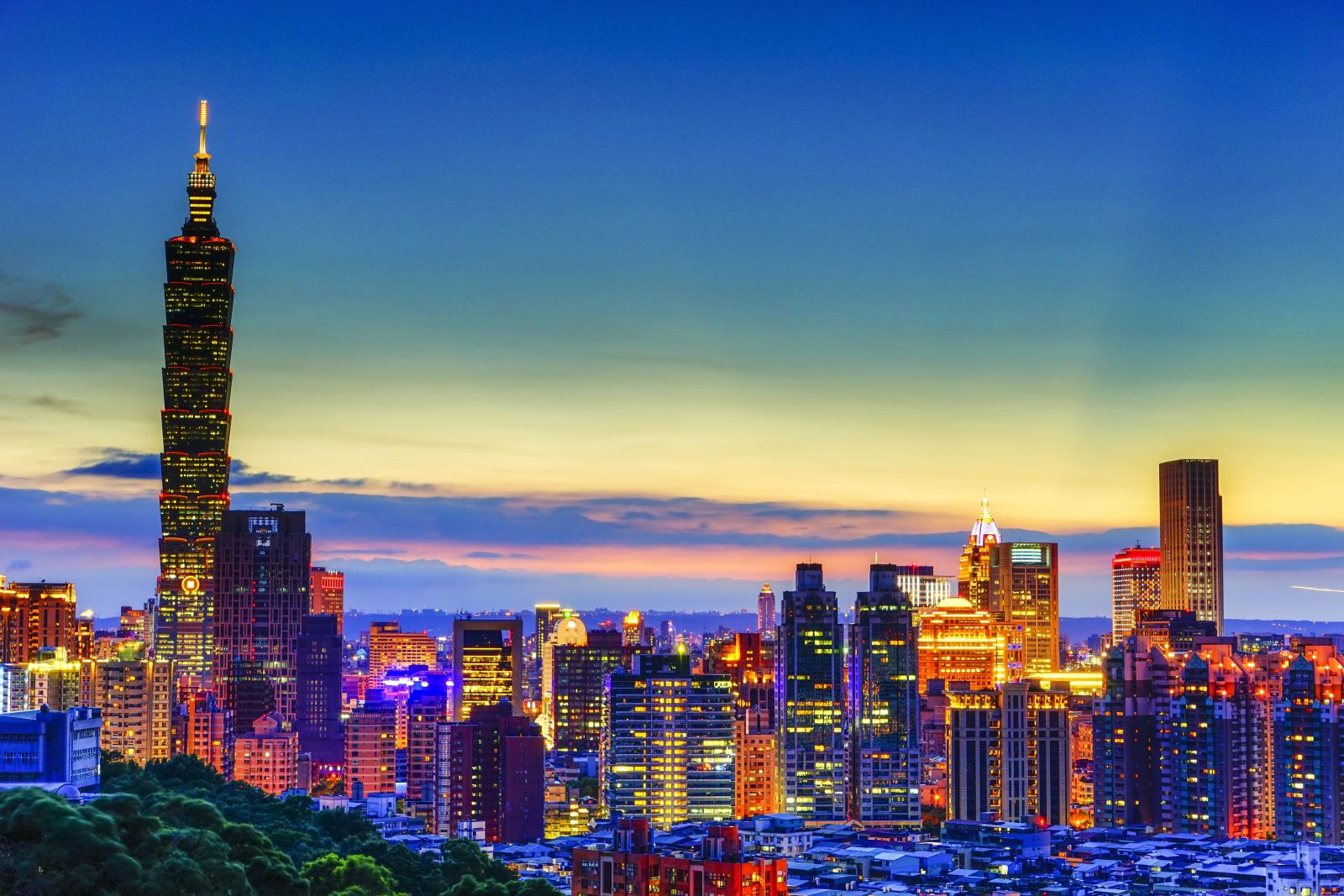
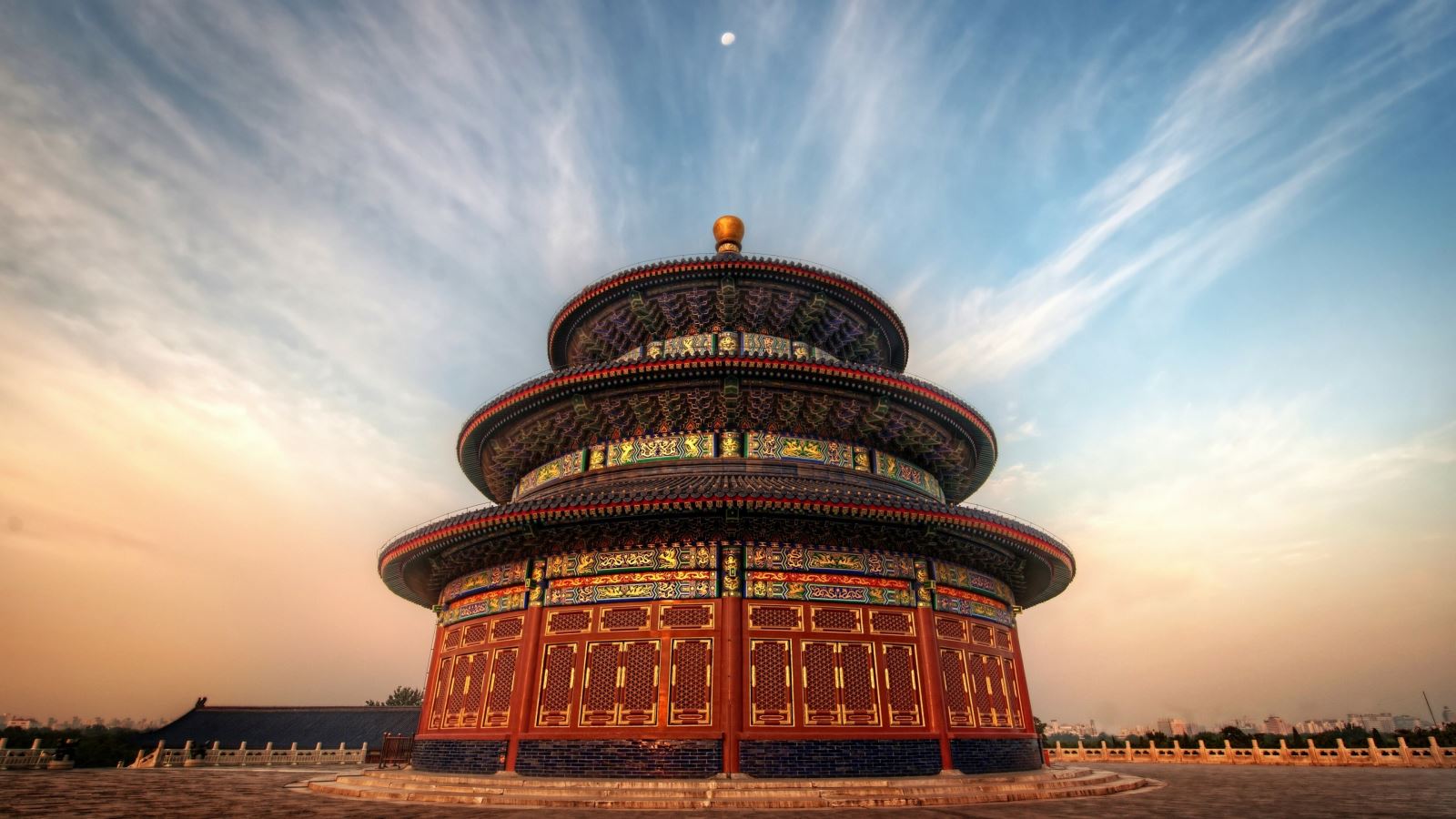
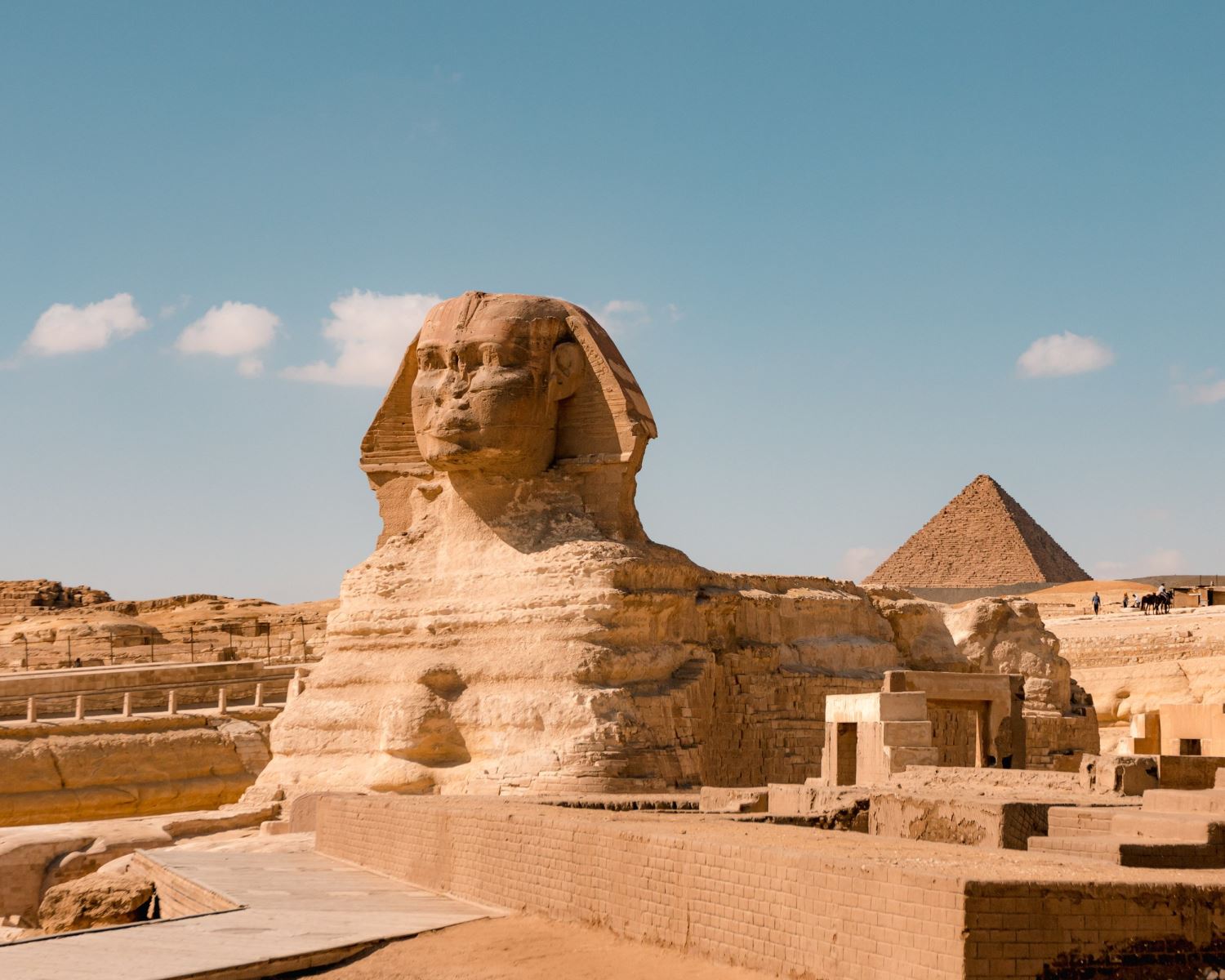
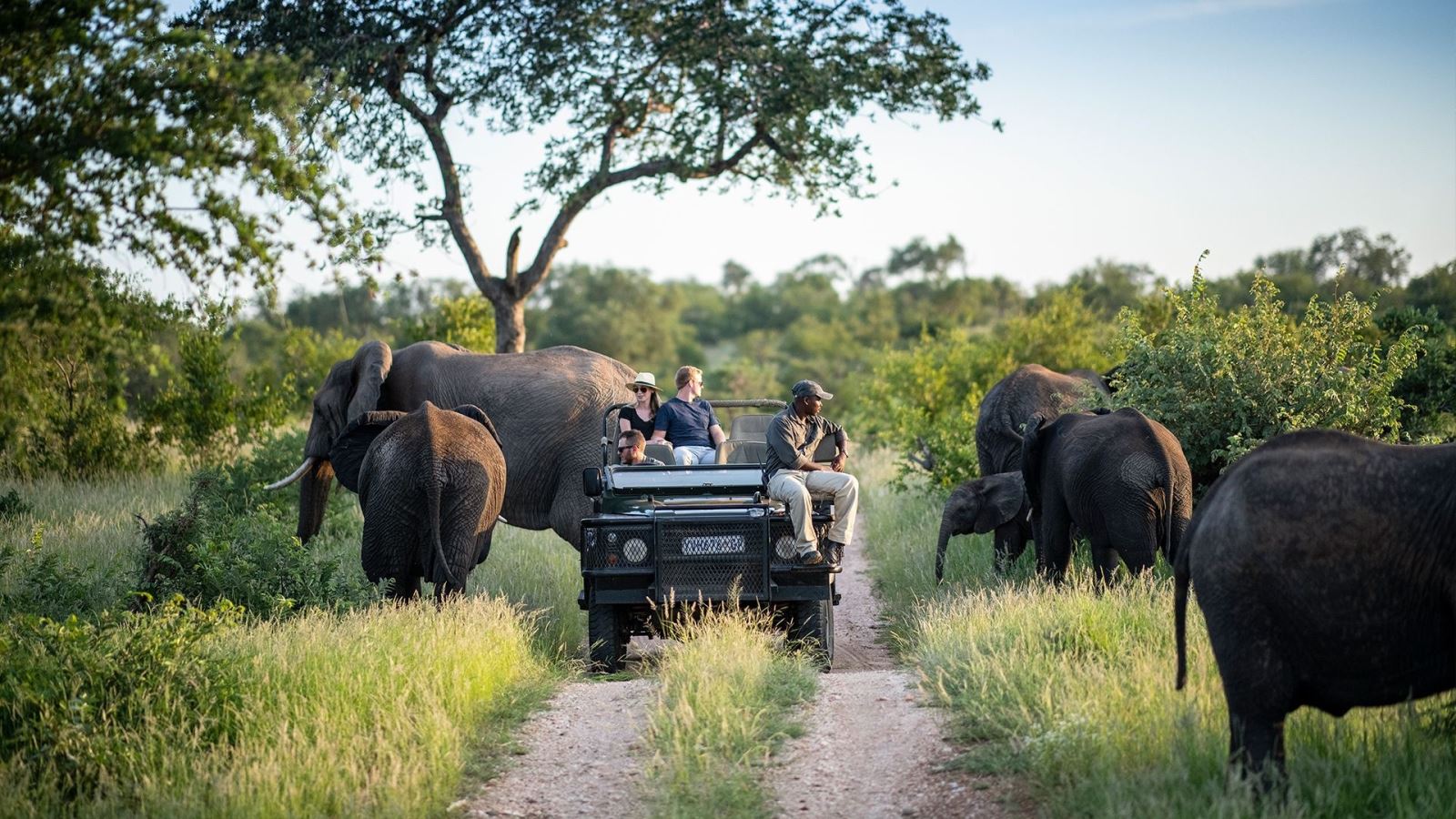

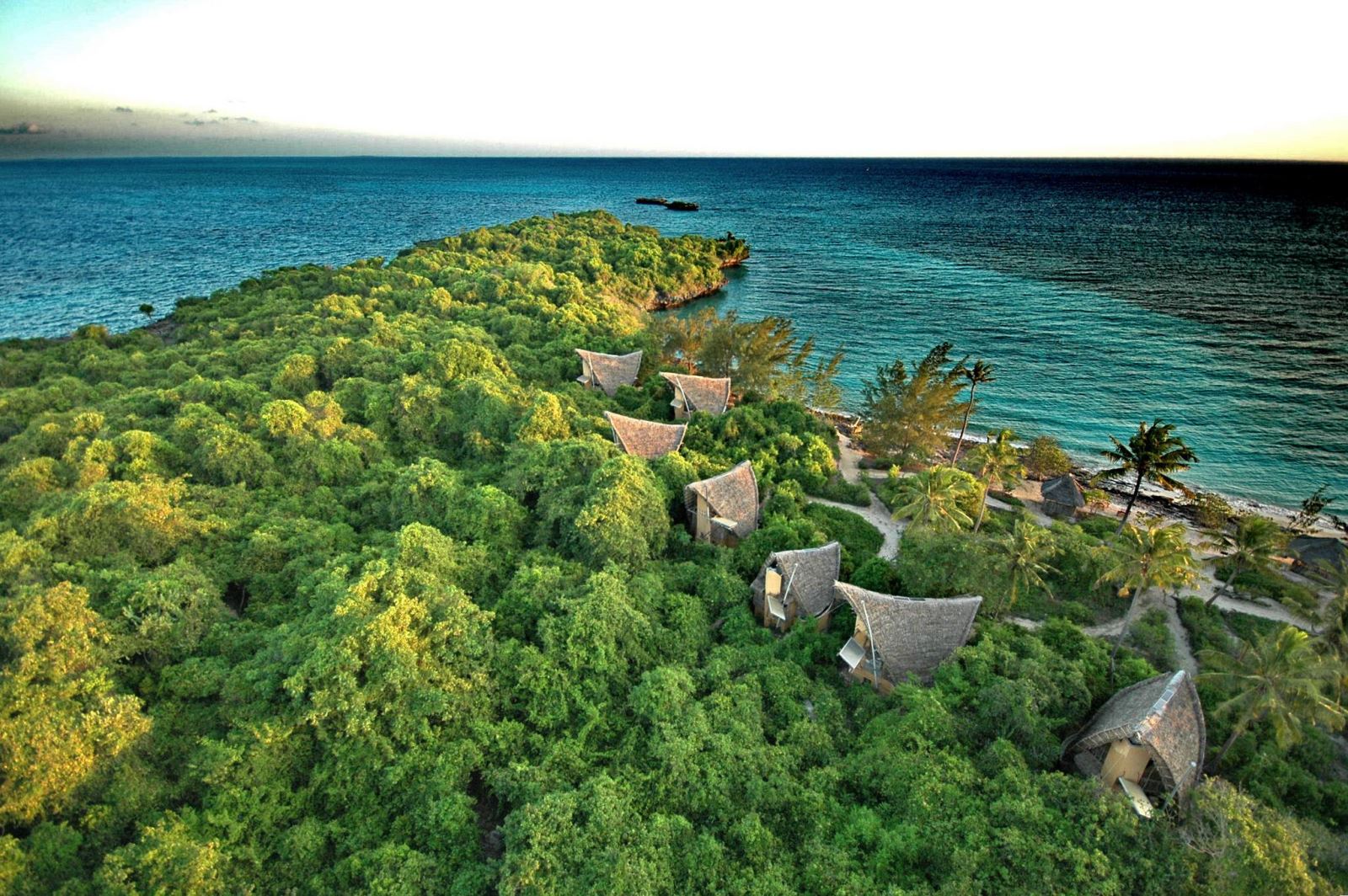
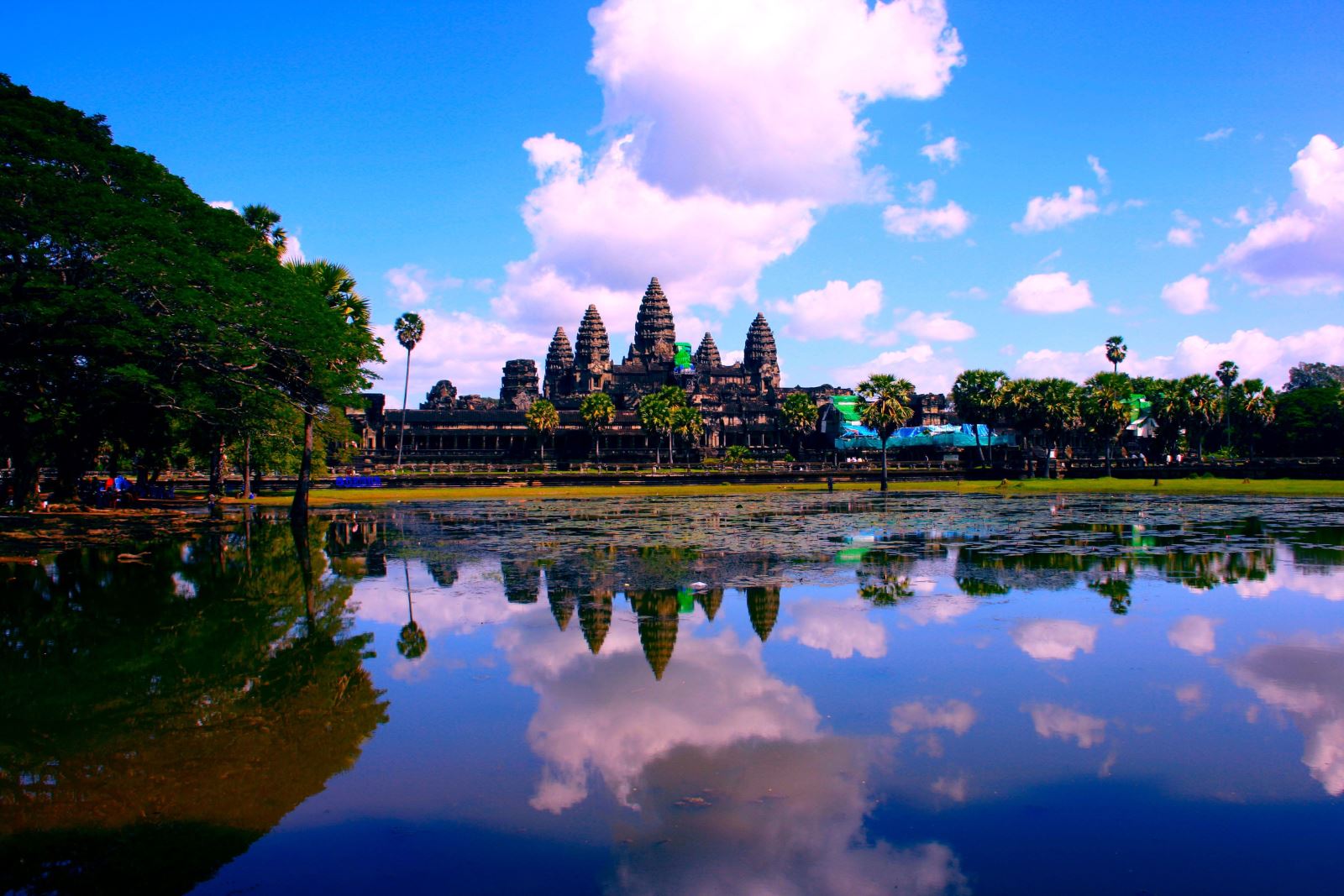
.png)
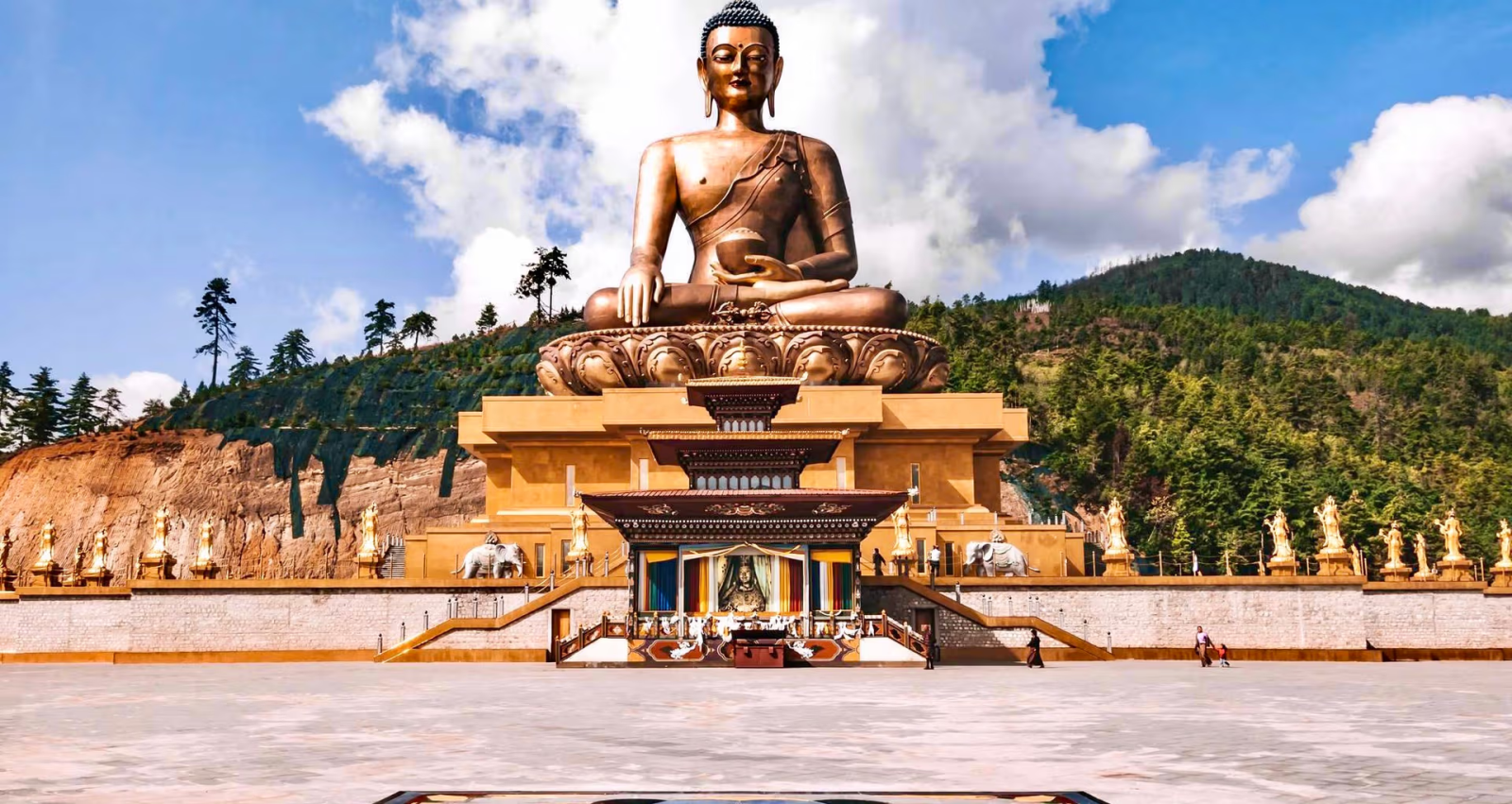
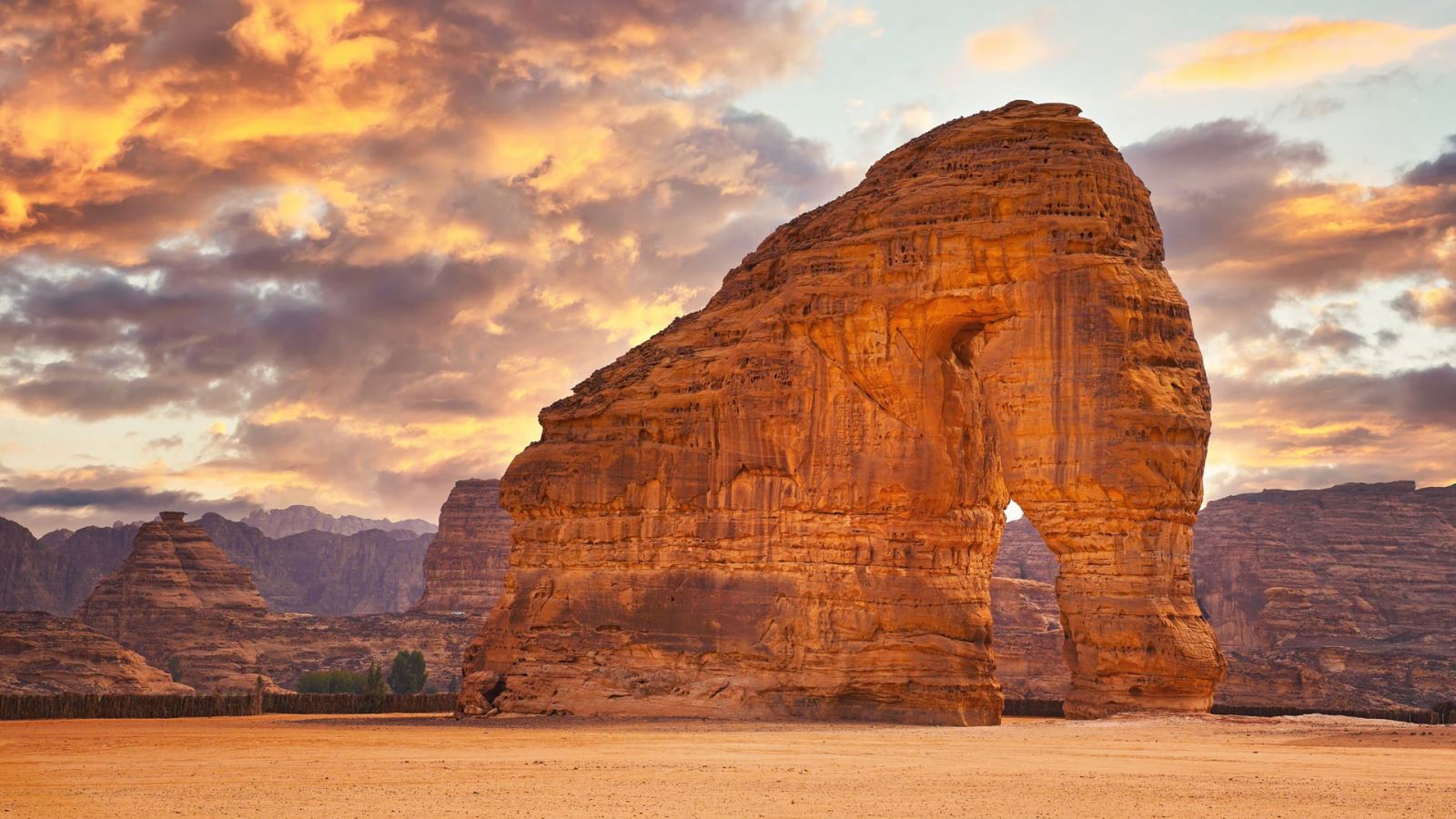
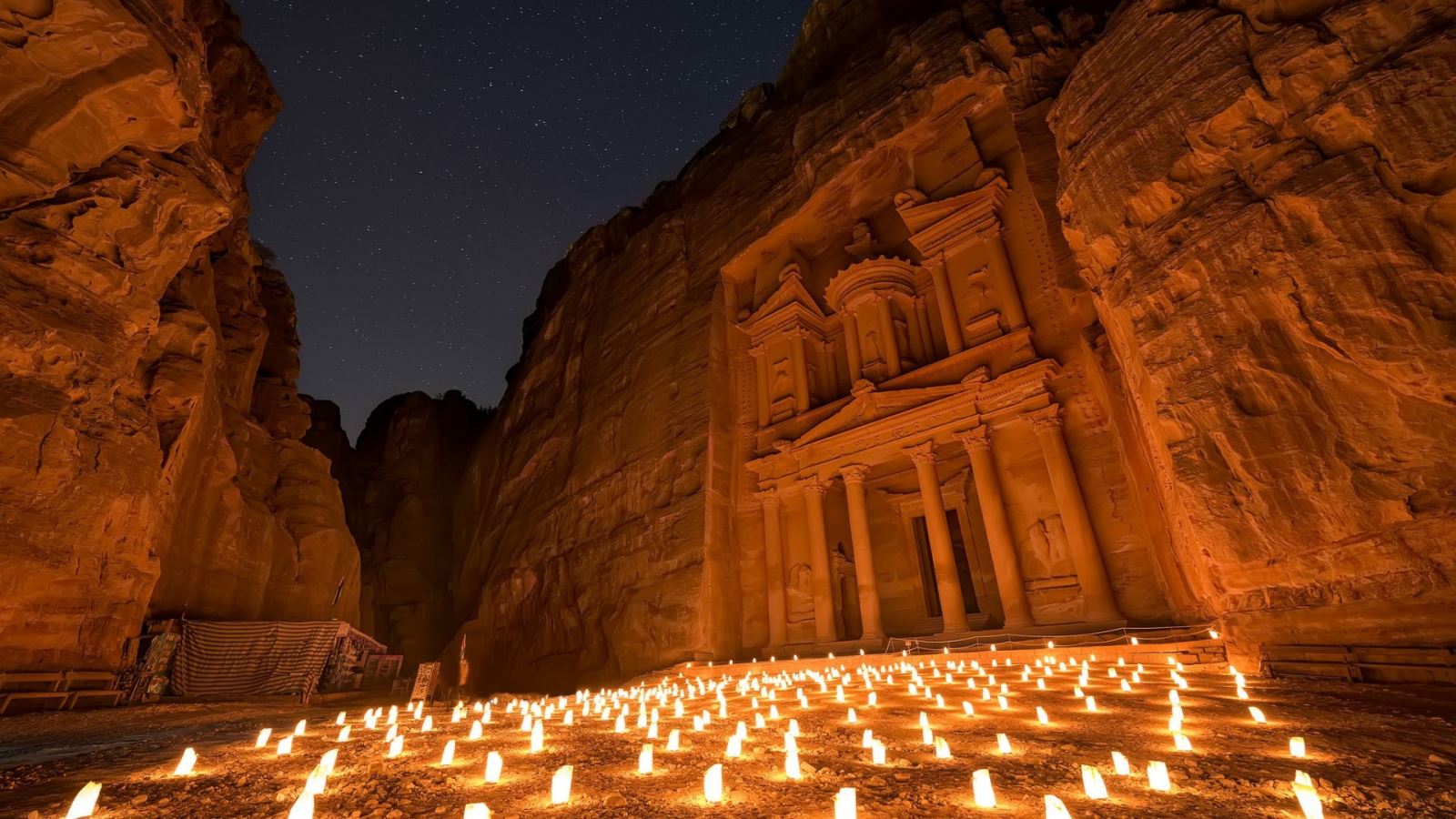
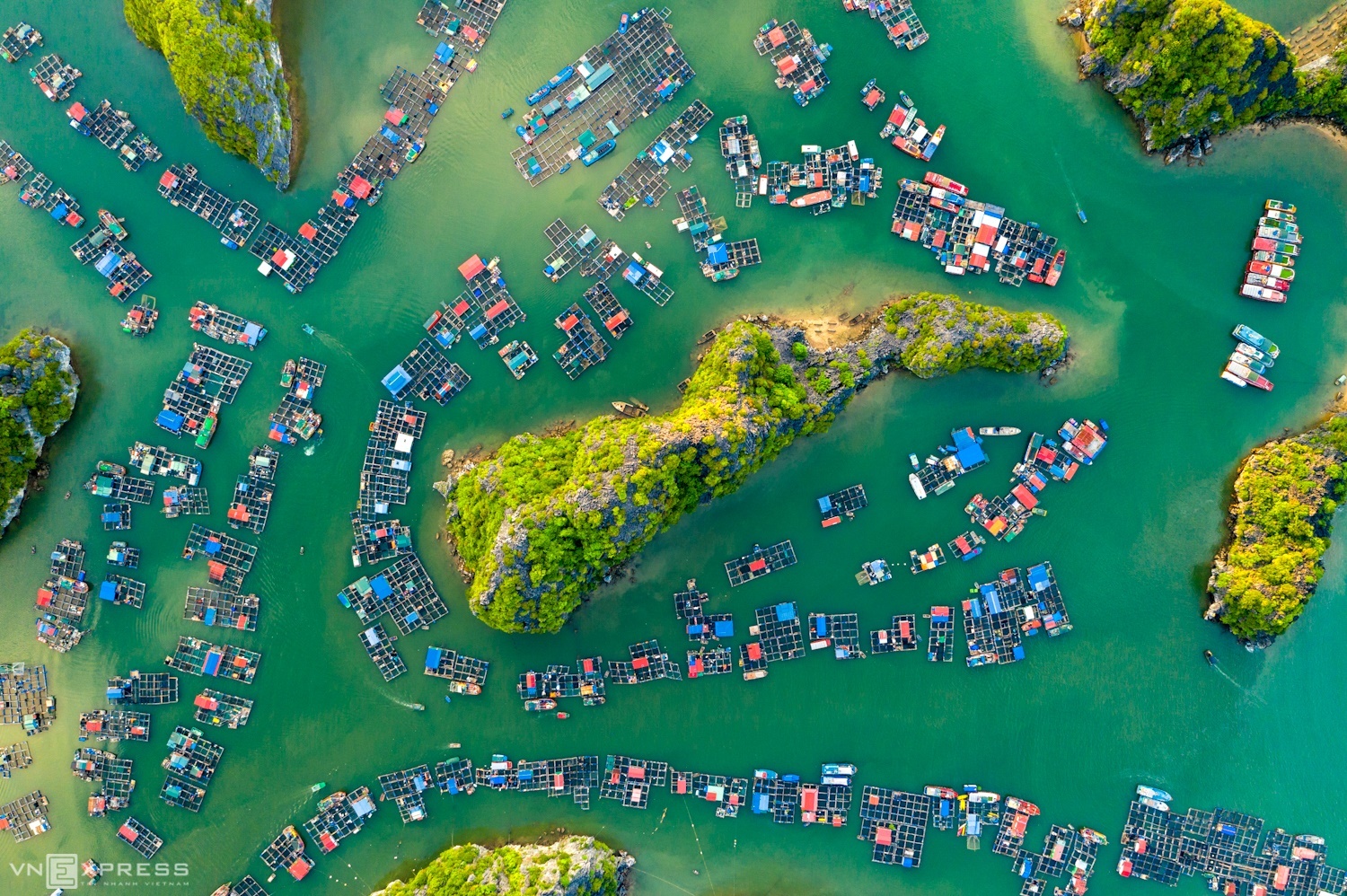

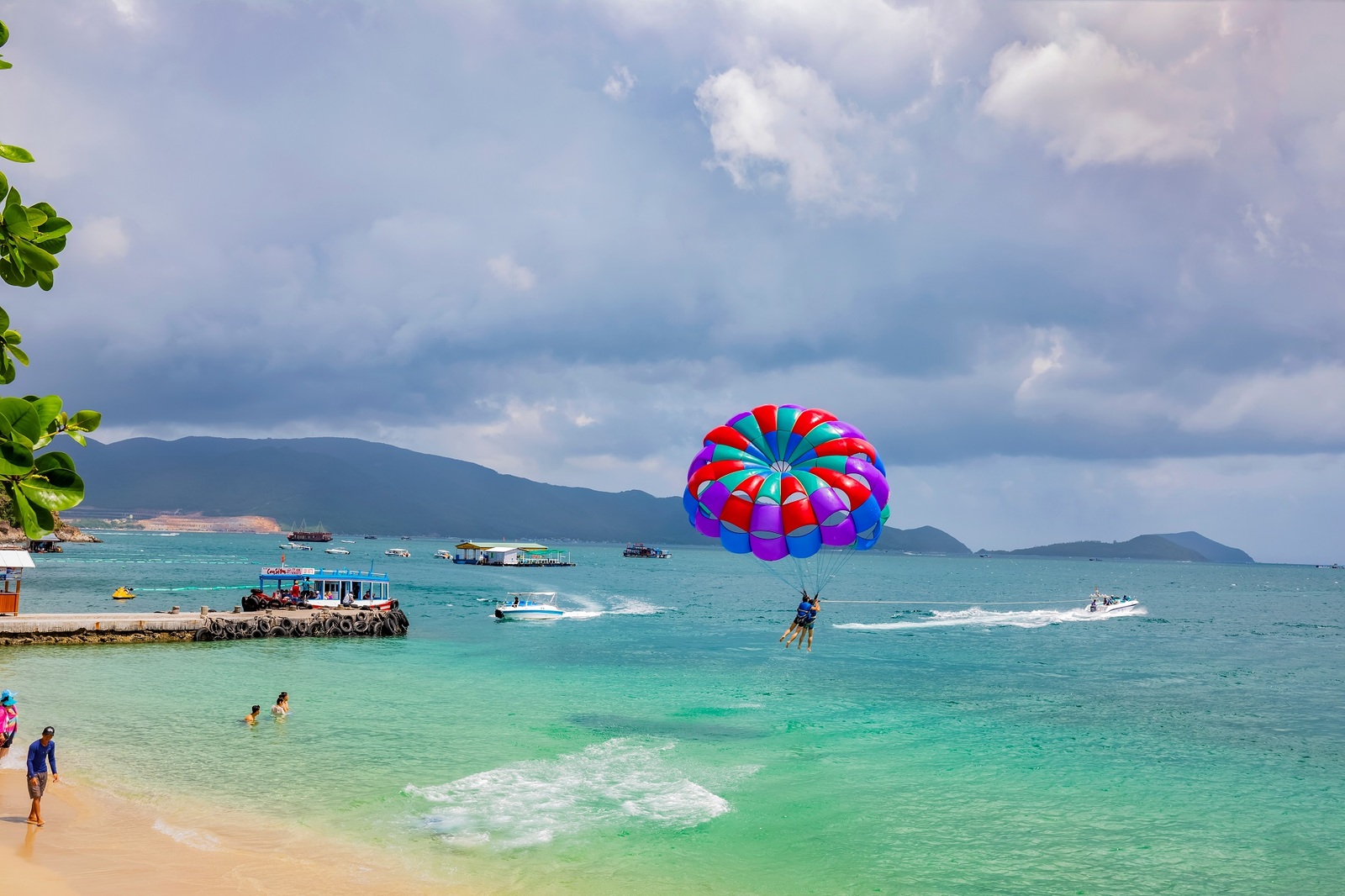
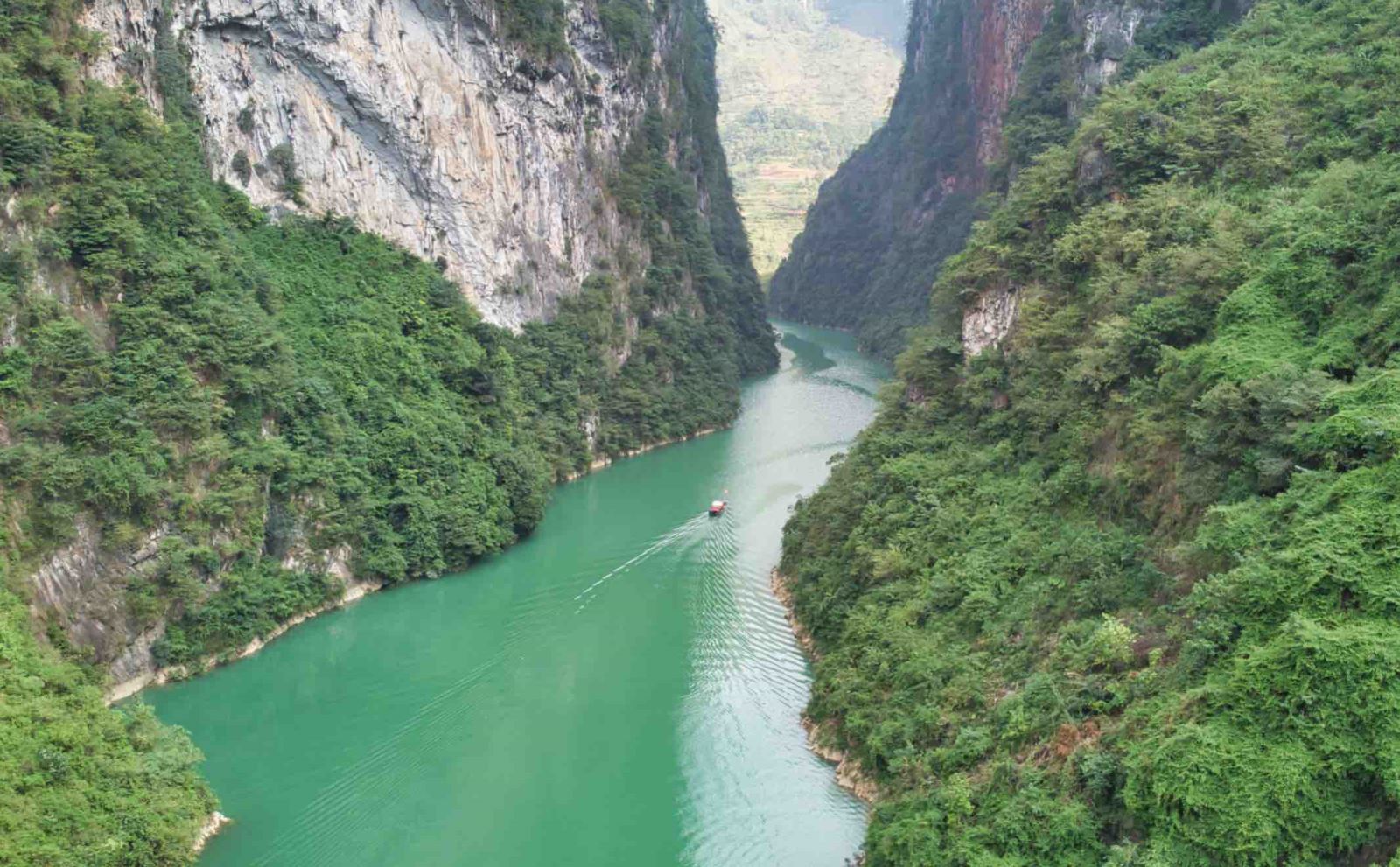

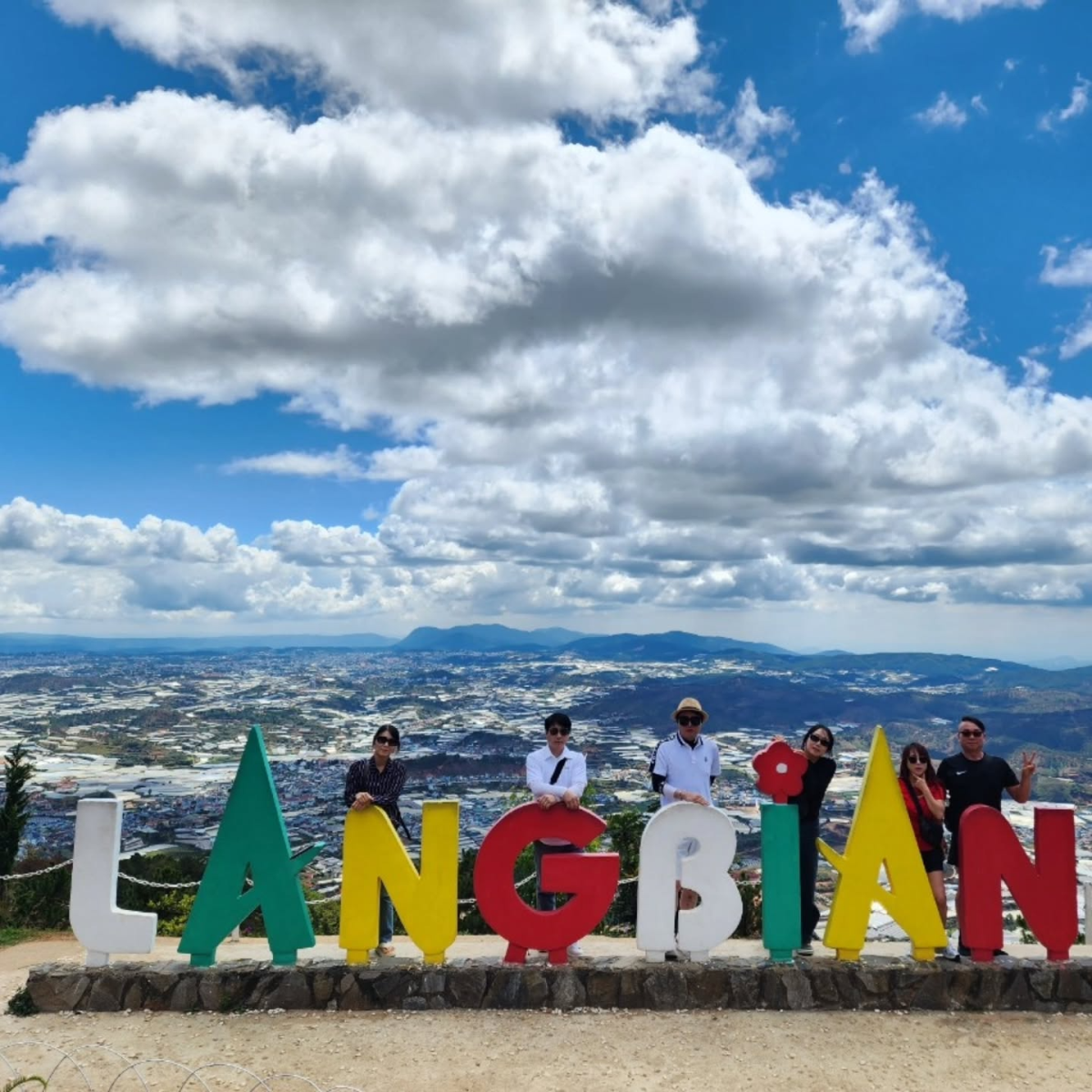
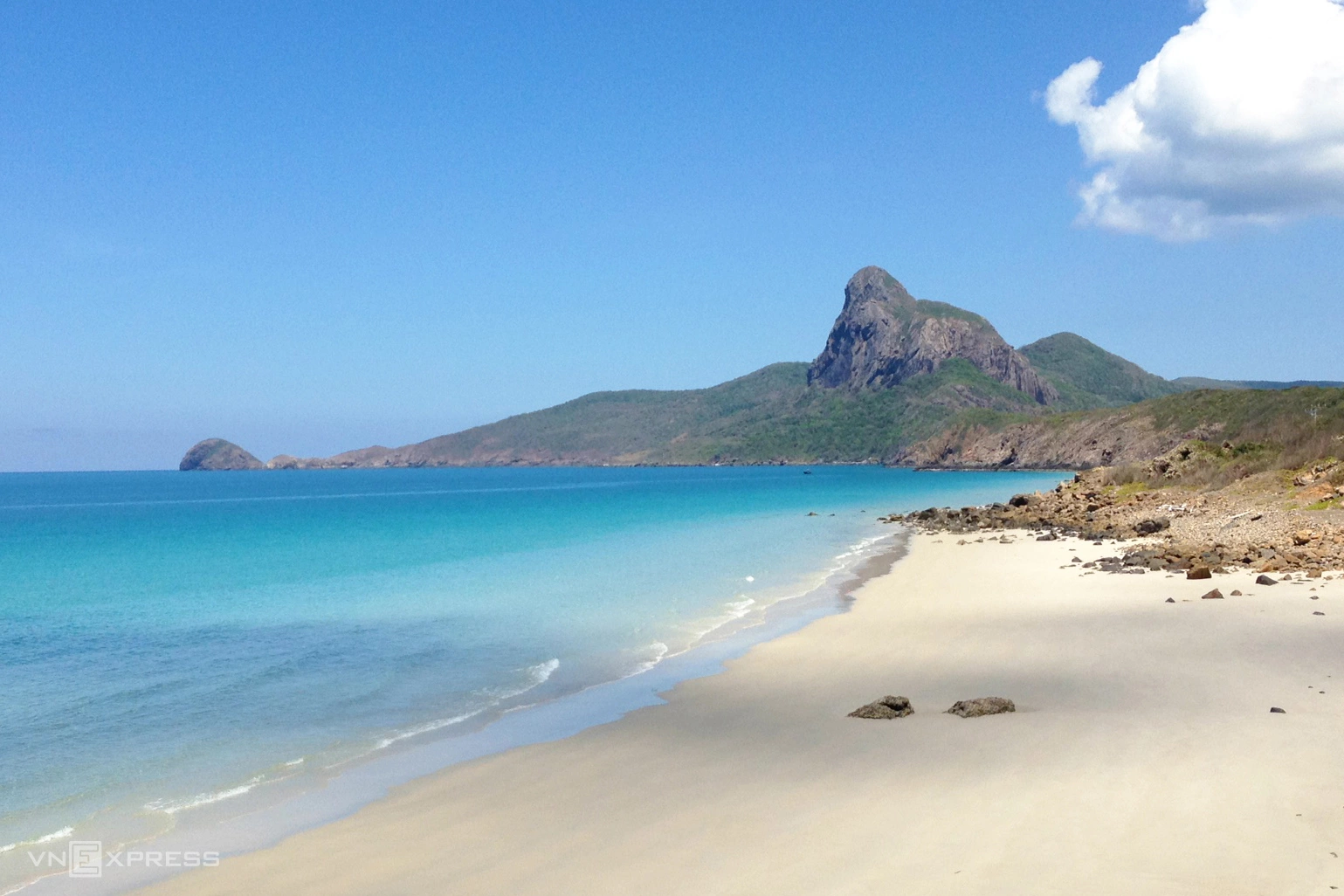
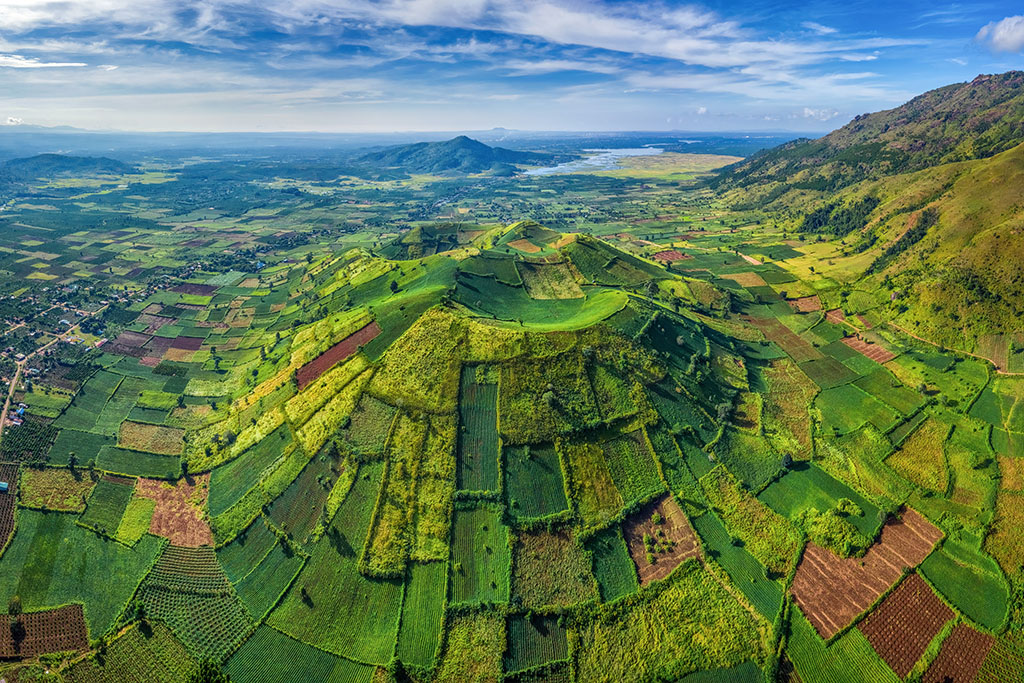
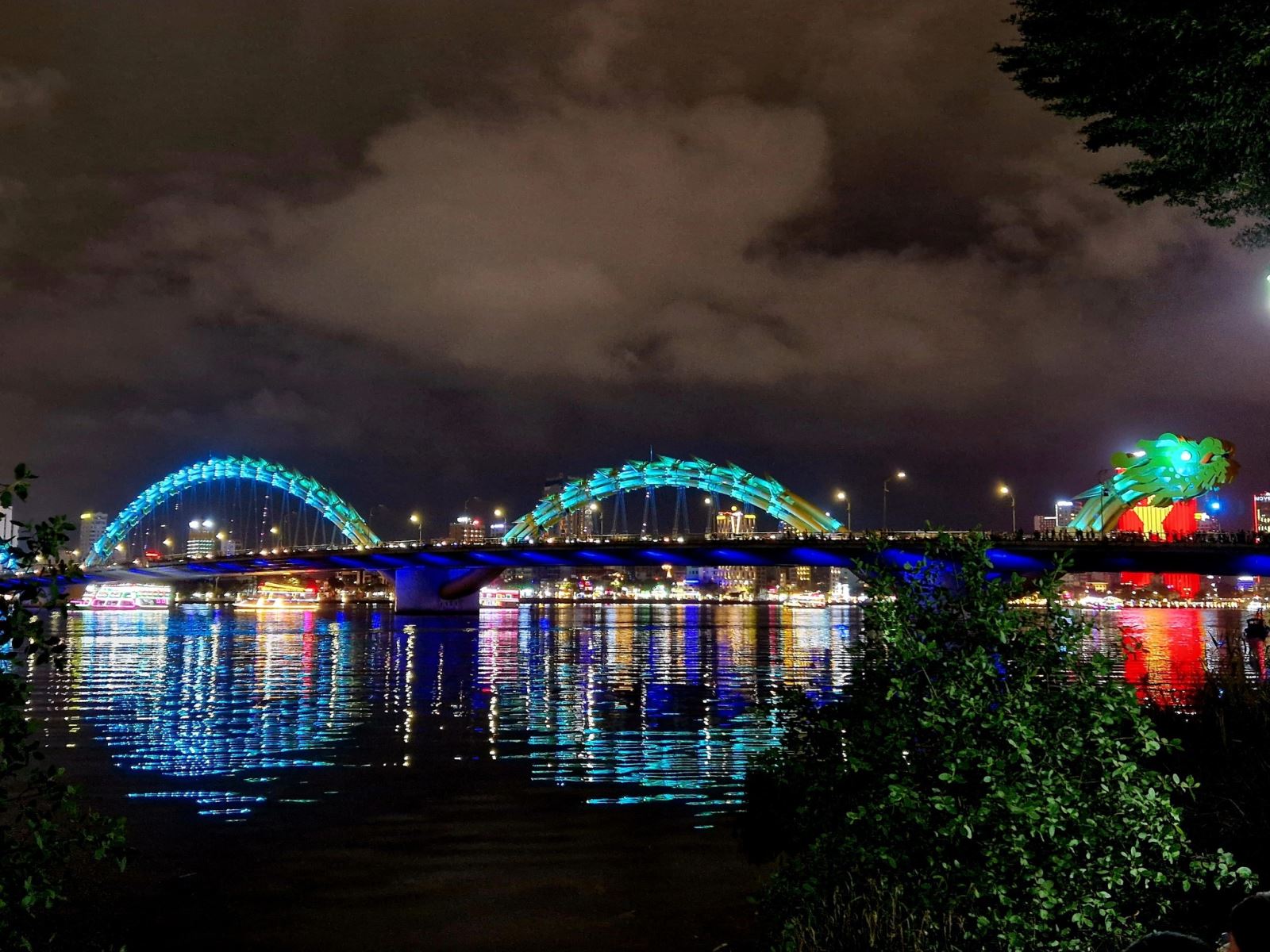

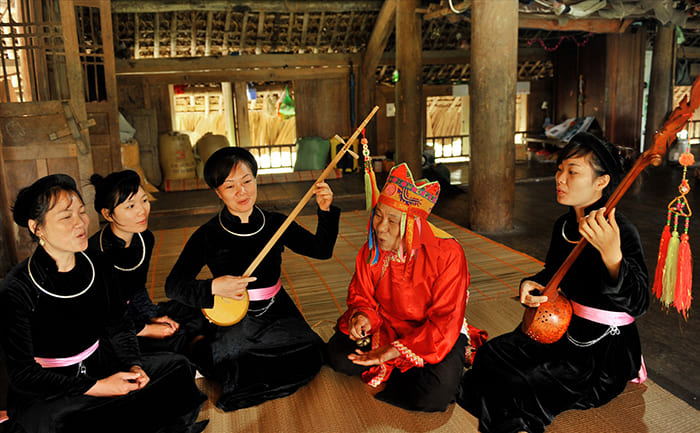
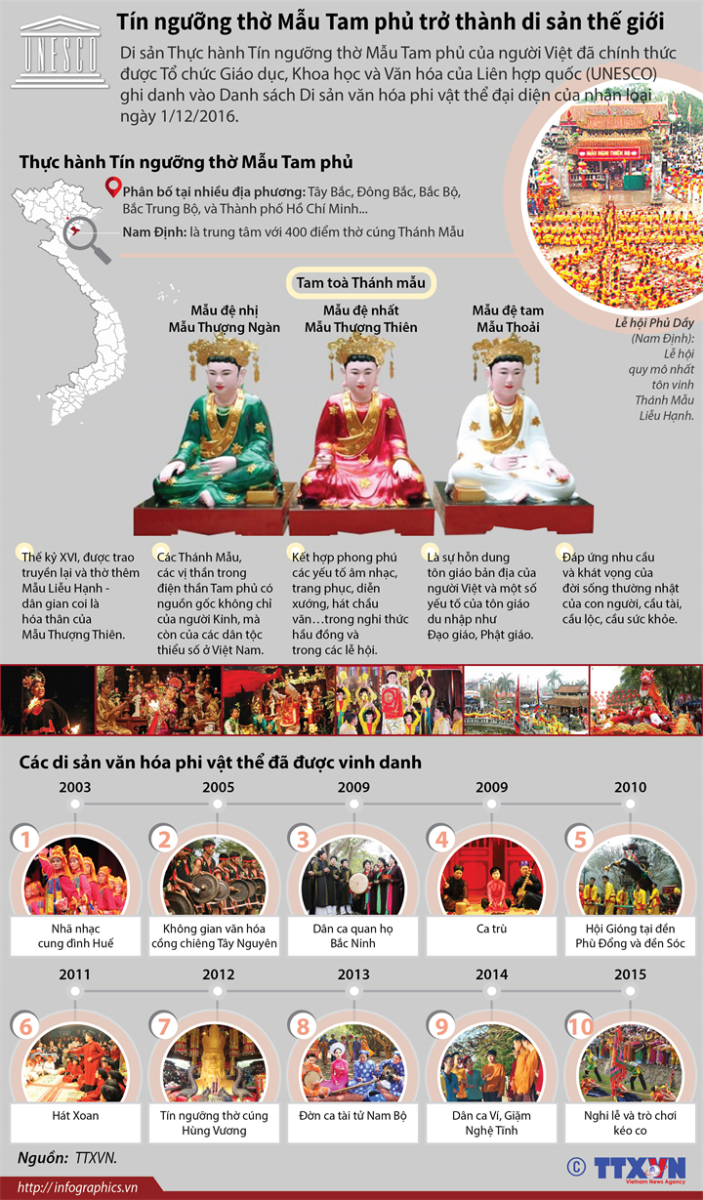
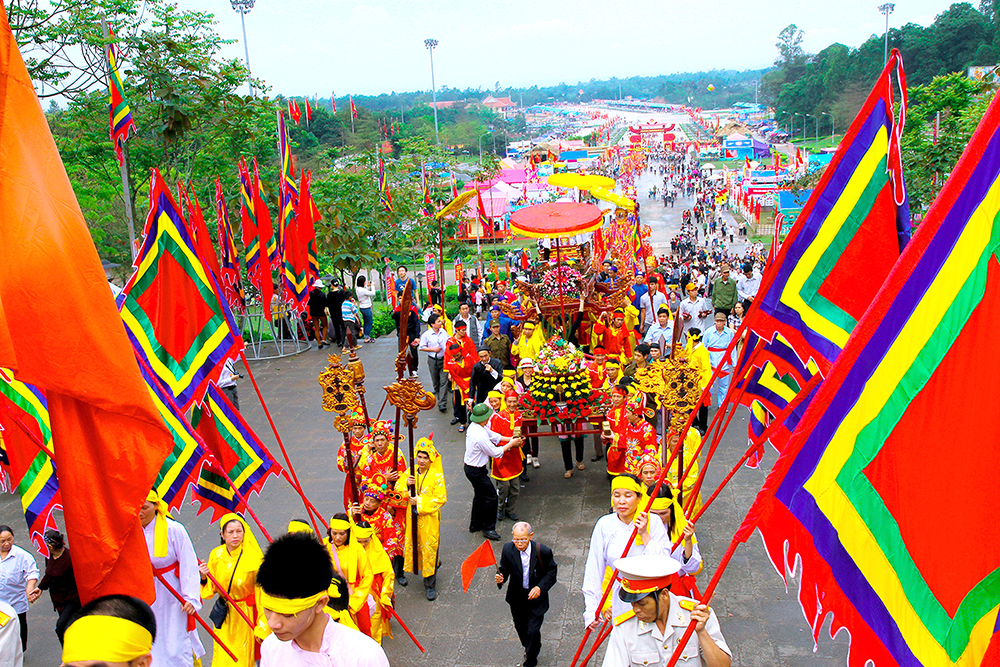
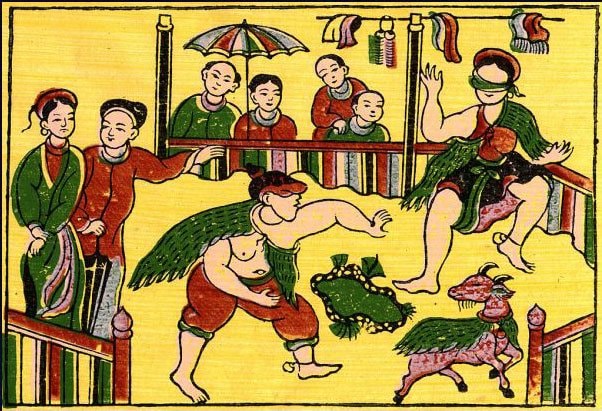
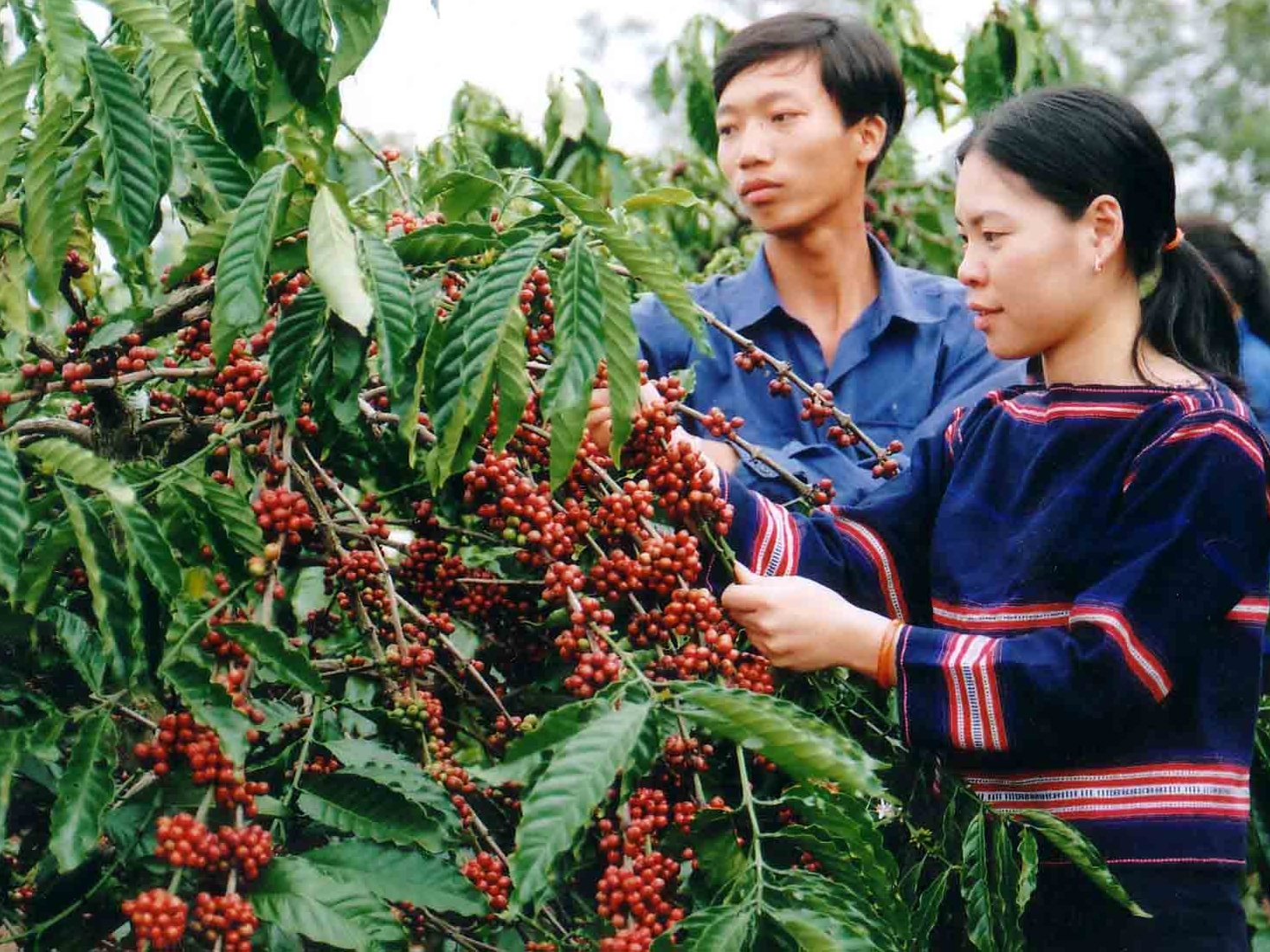
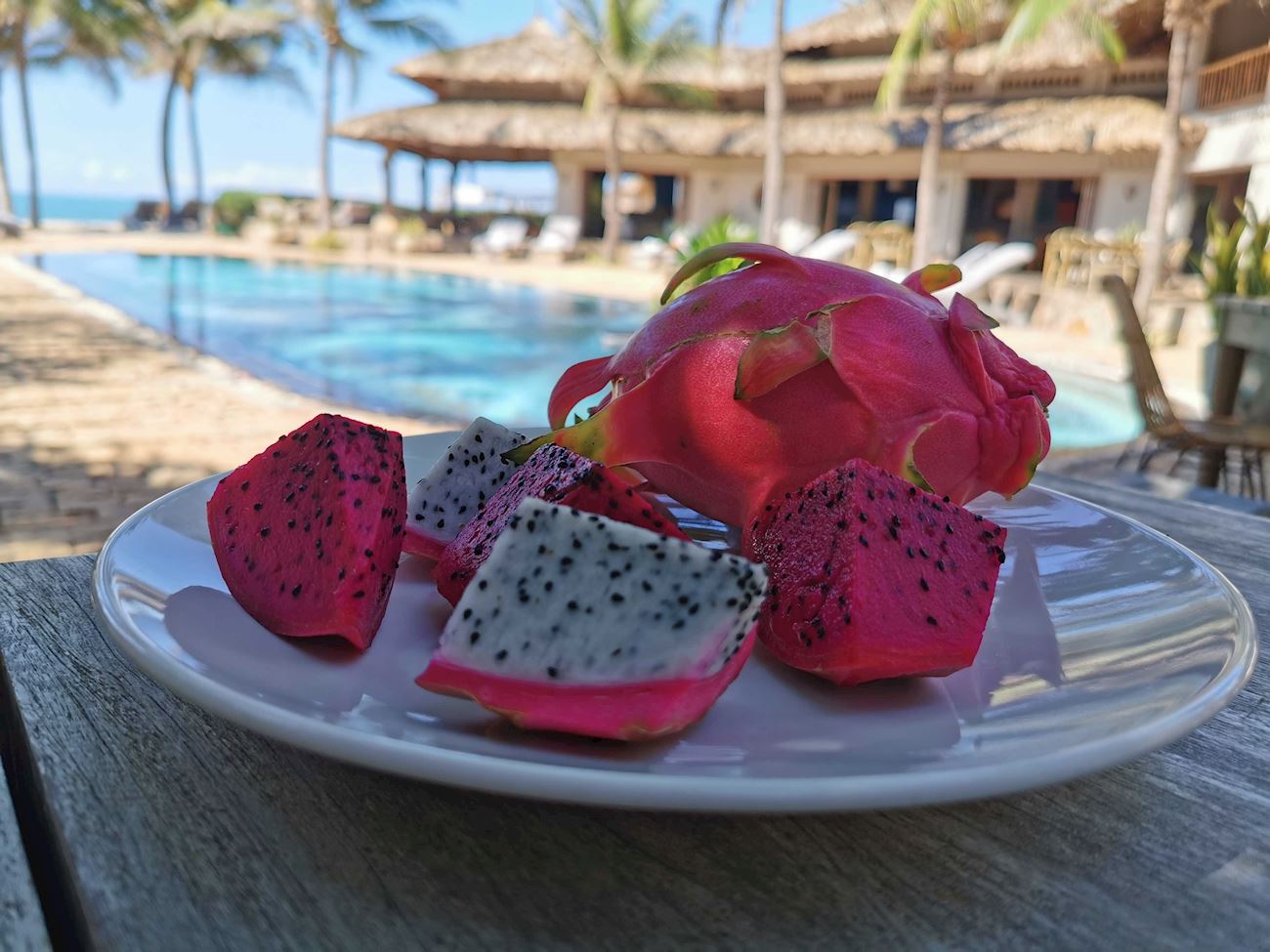
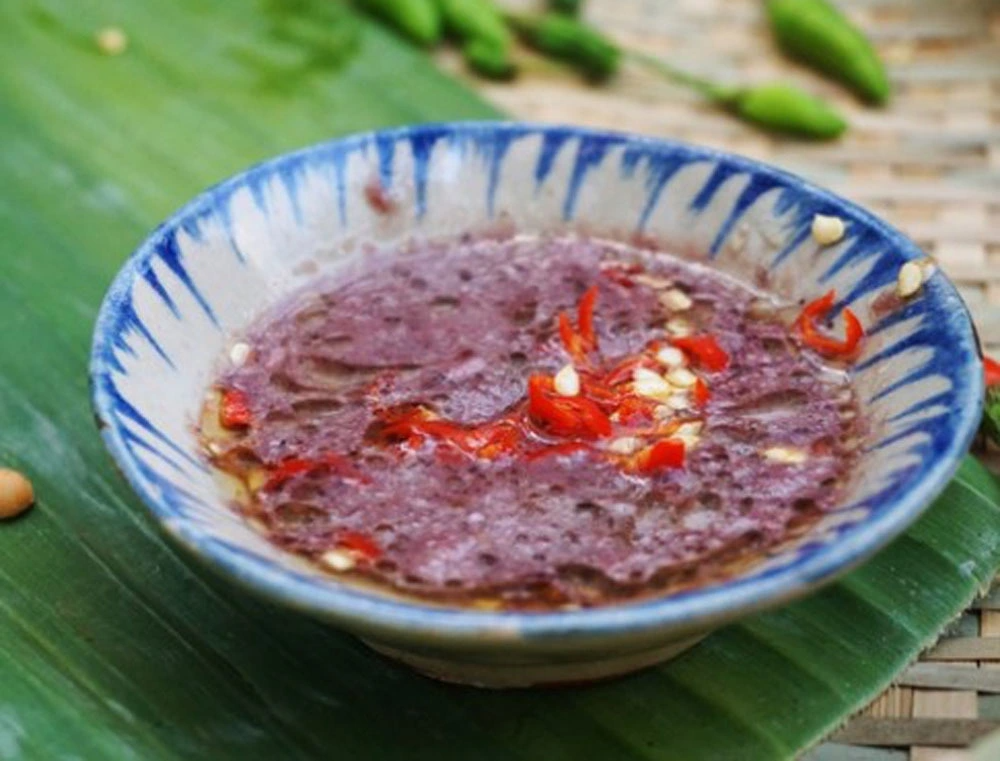
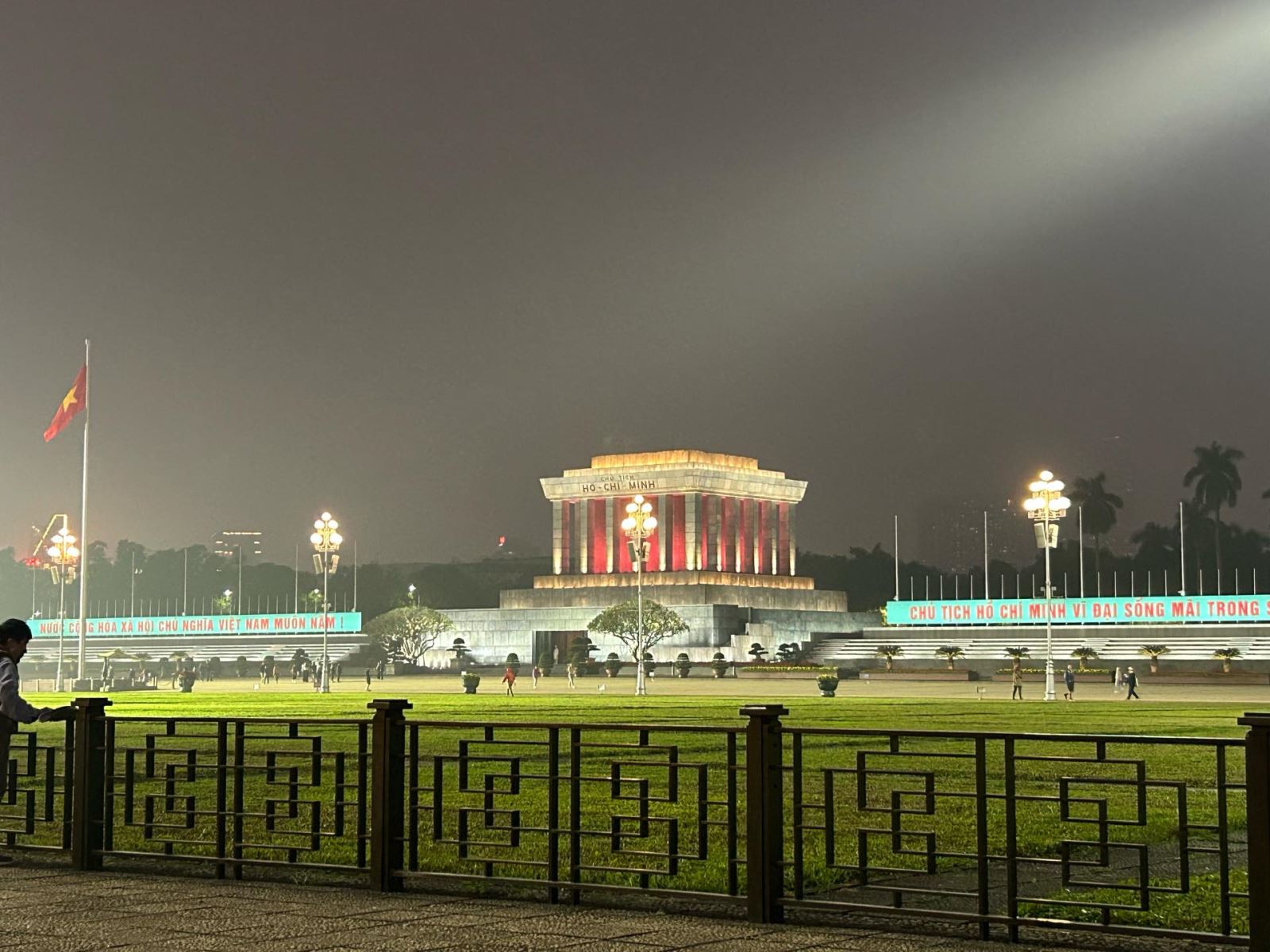
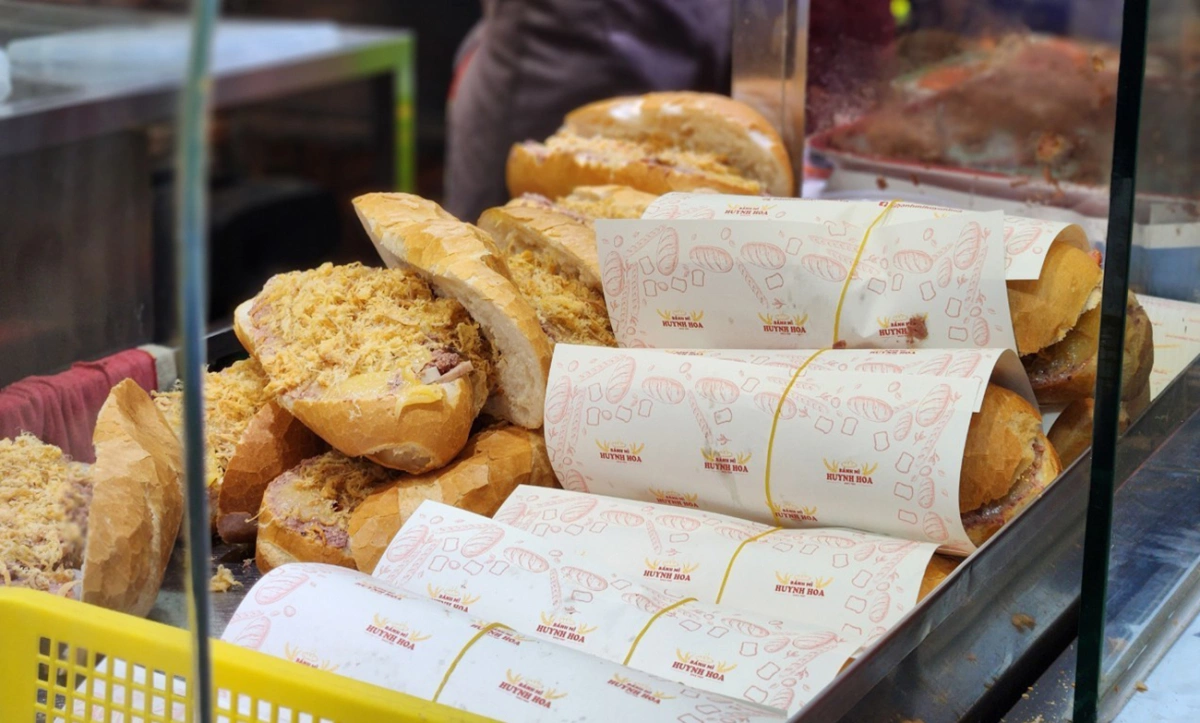
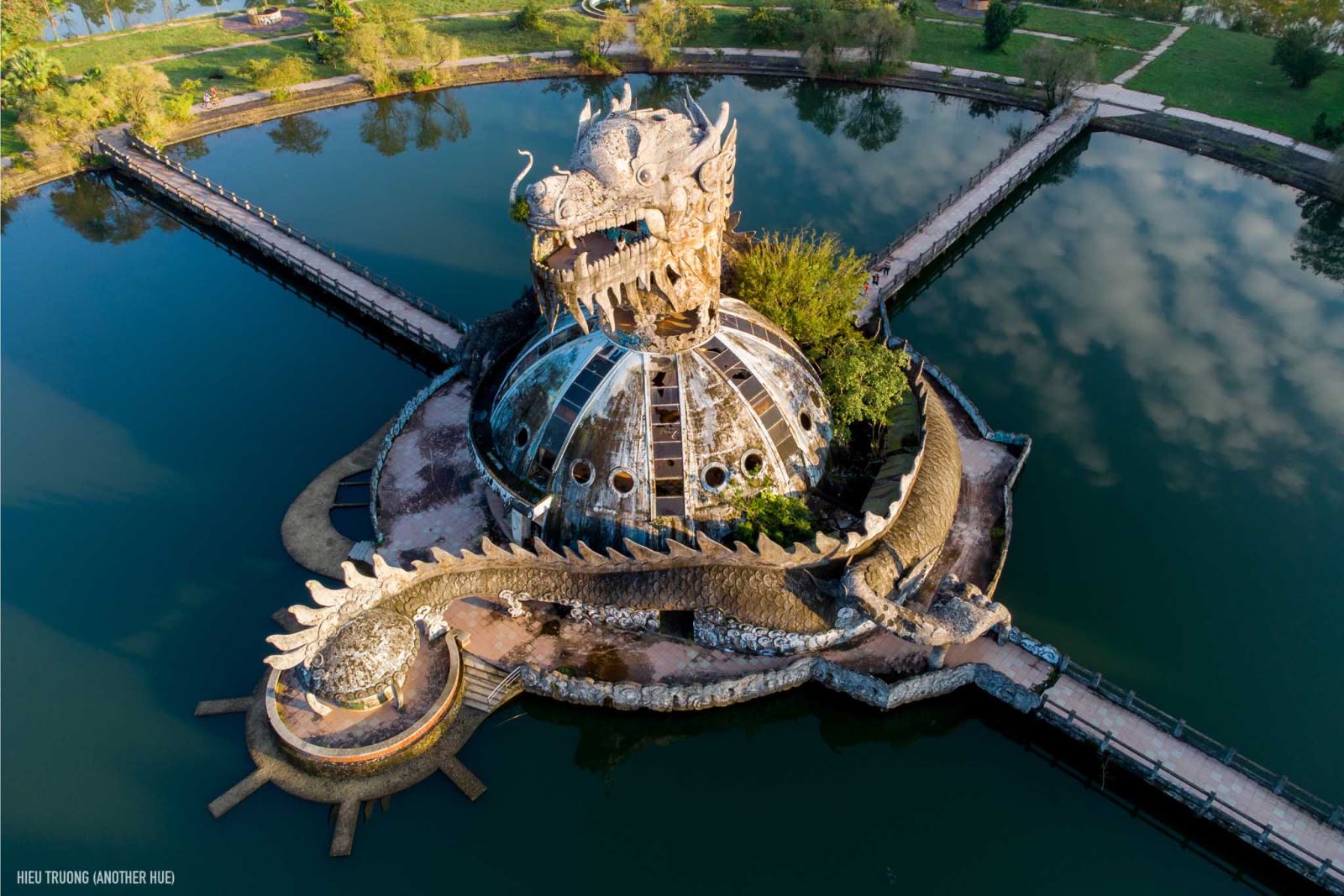
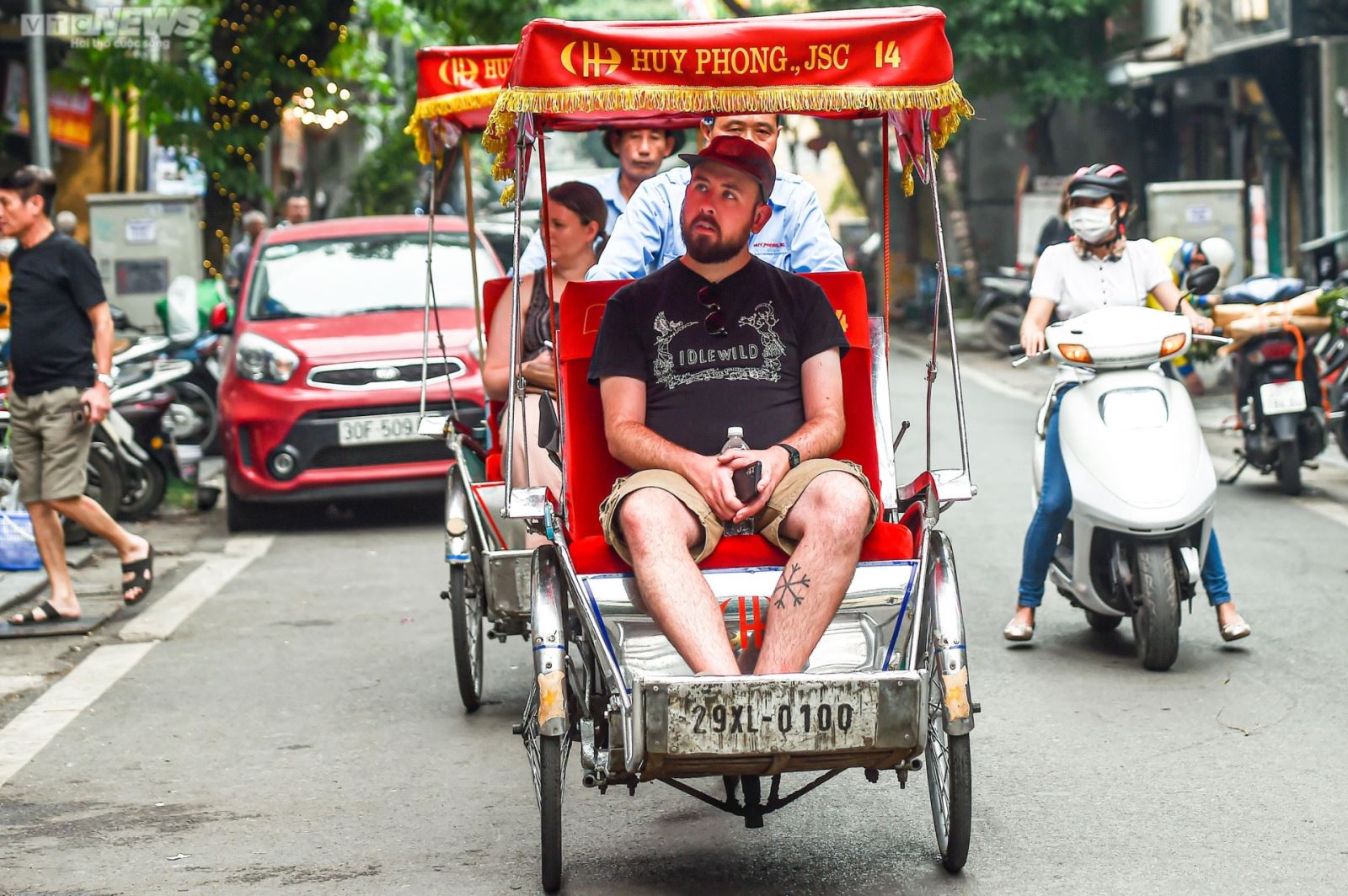
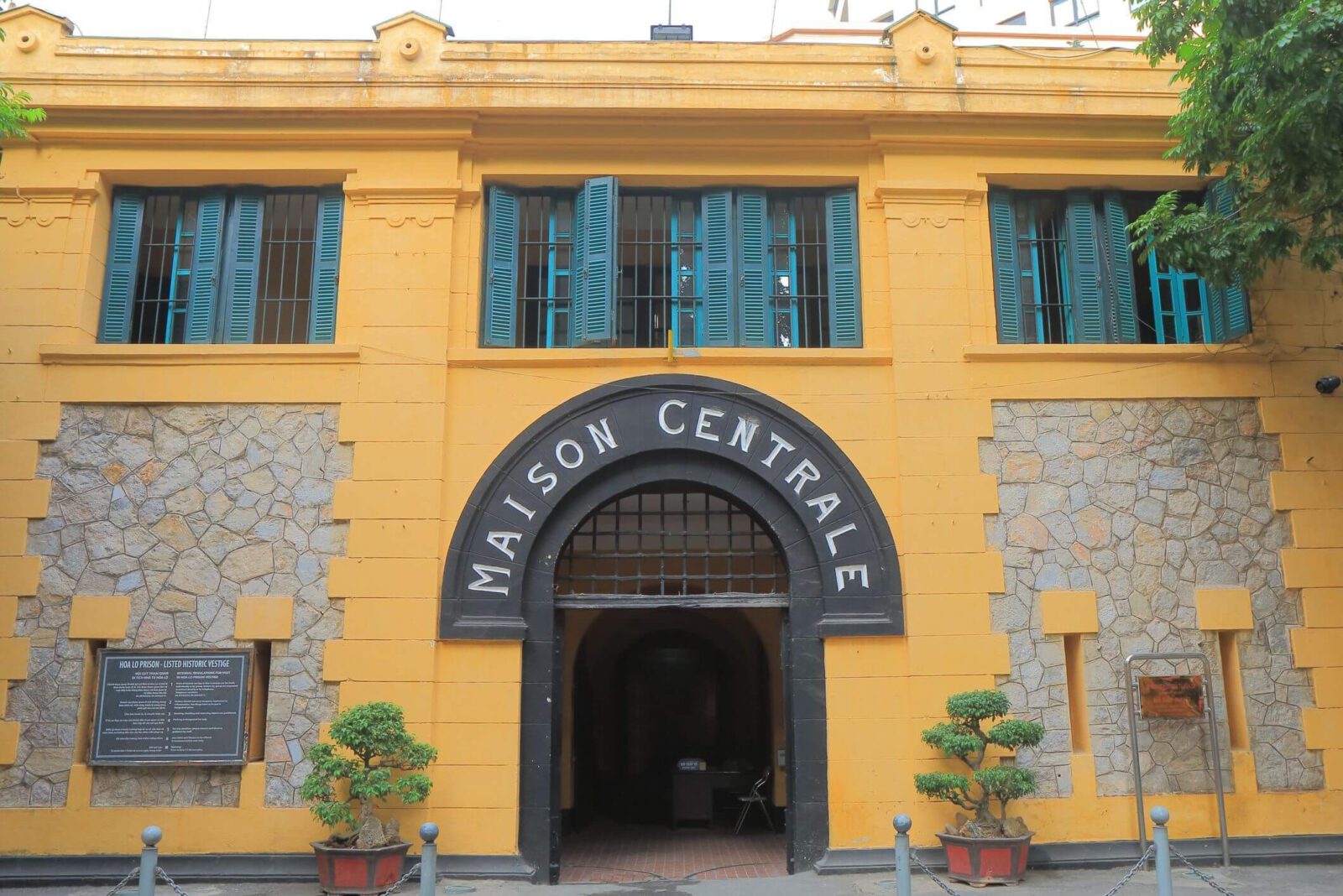
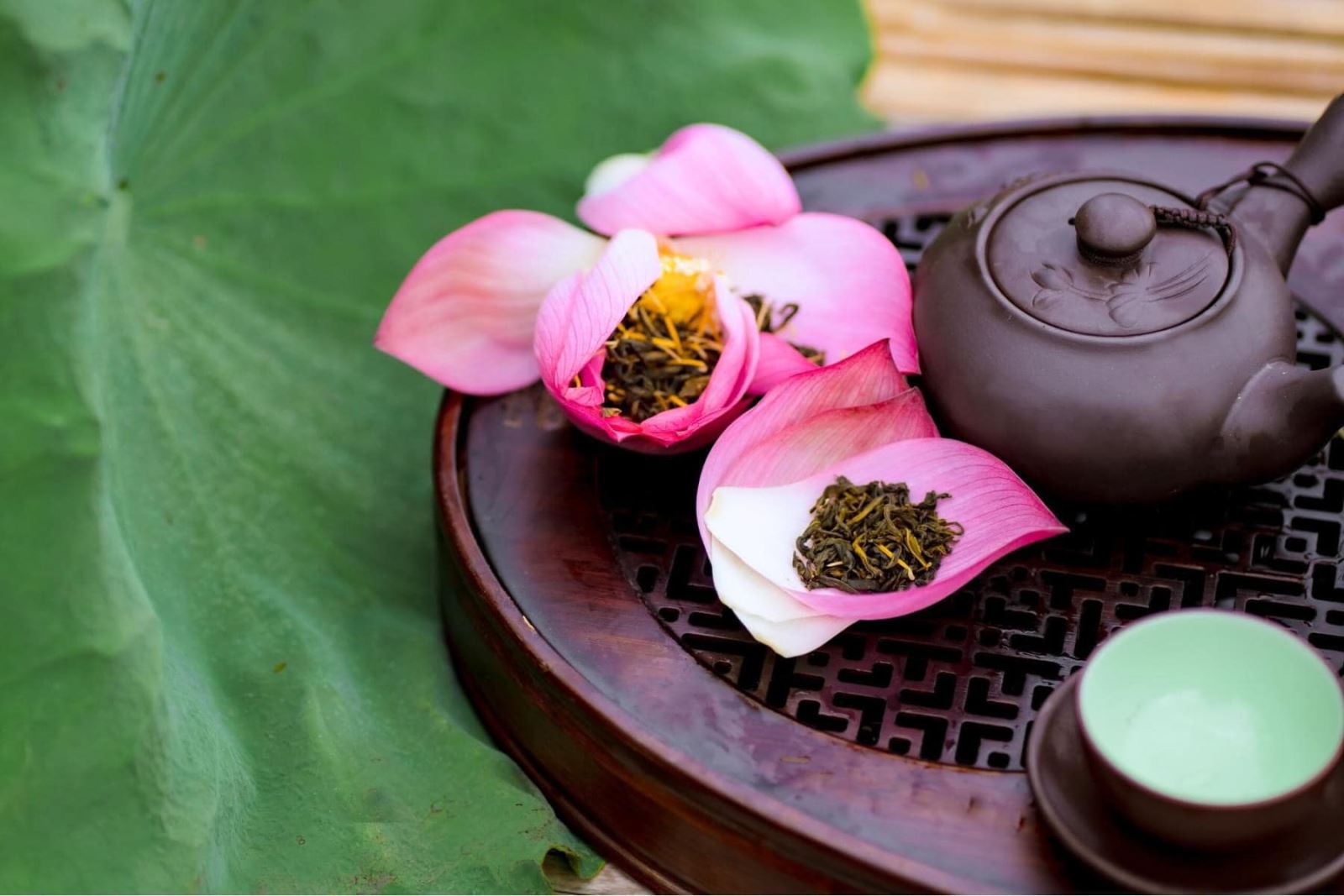
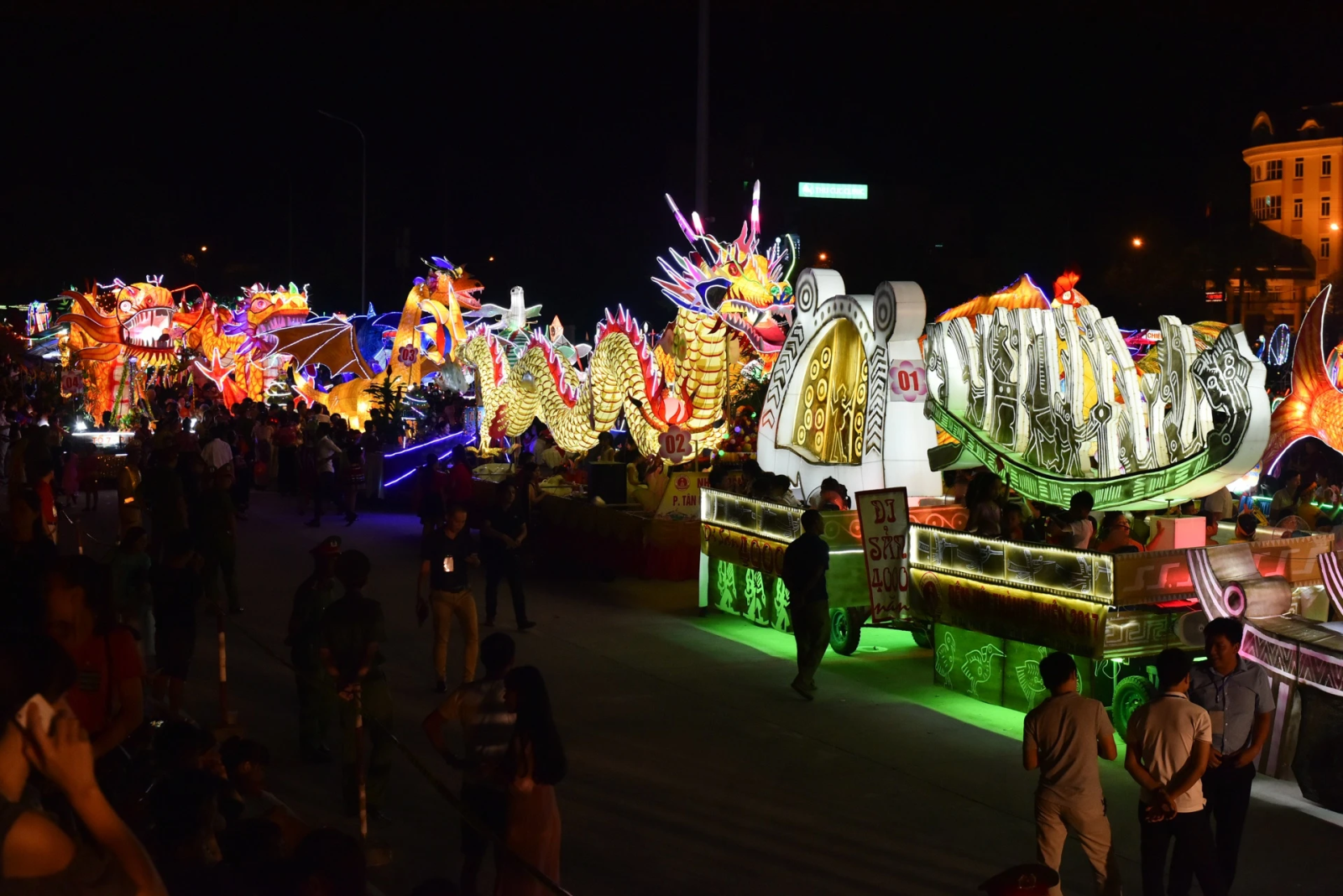





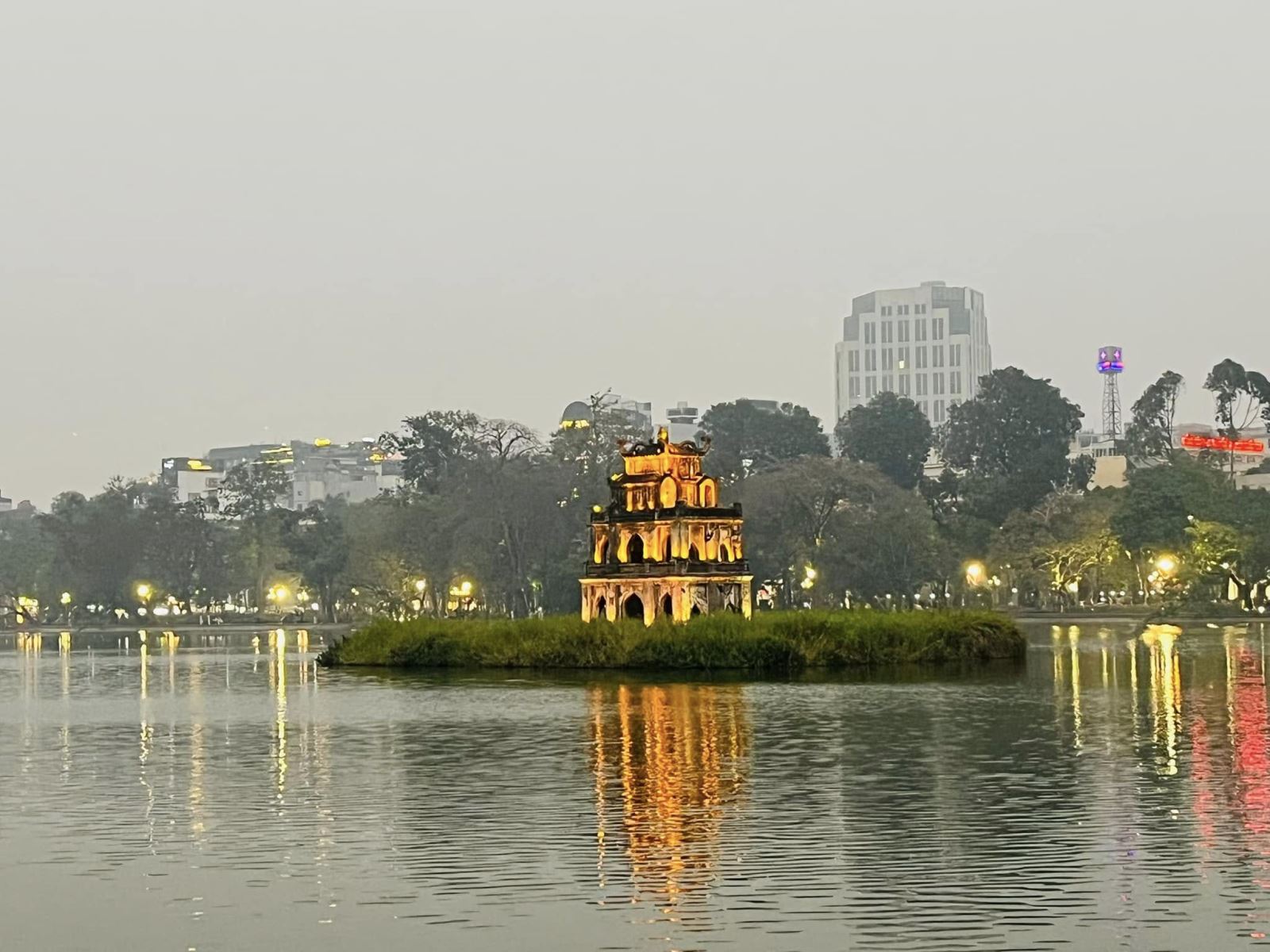
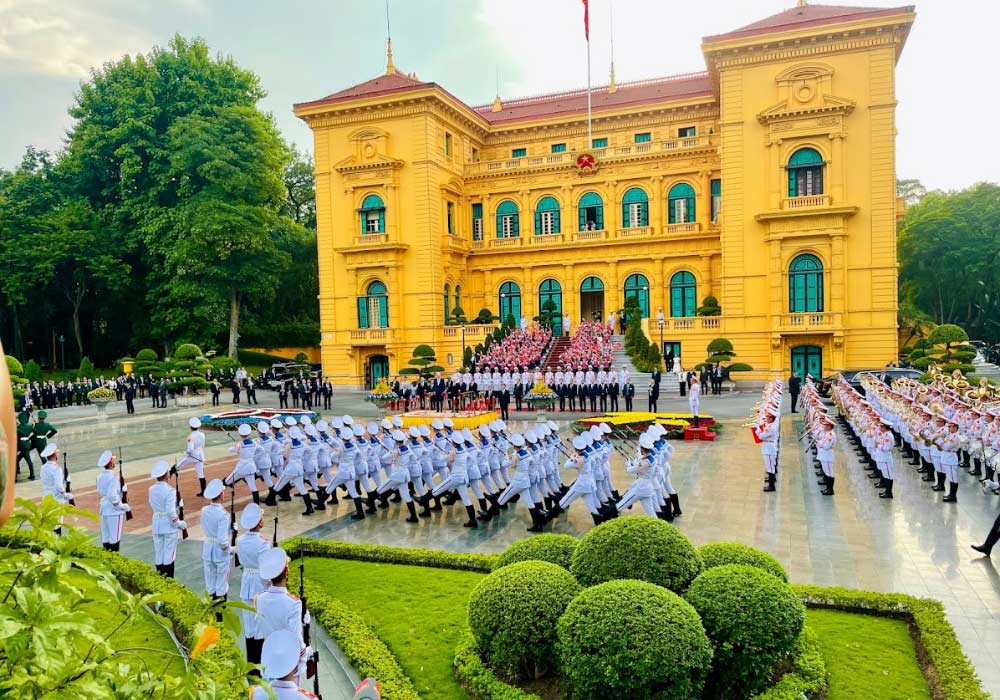
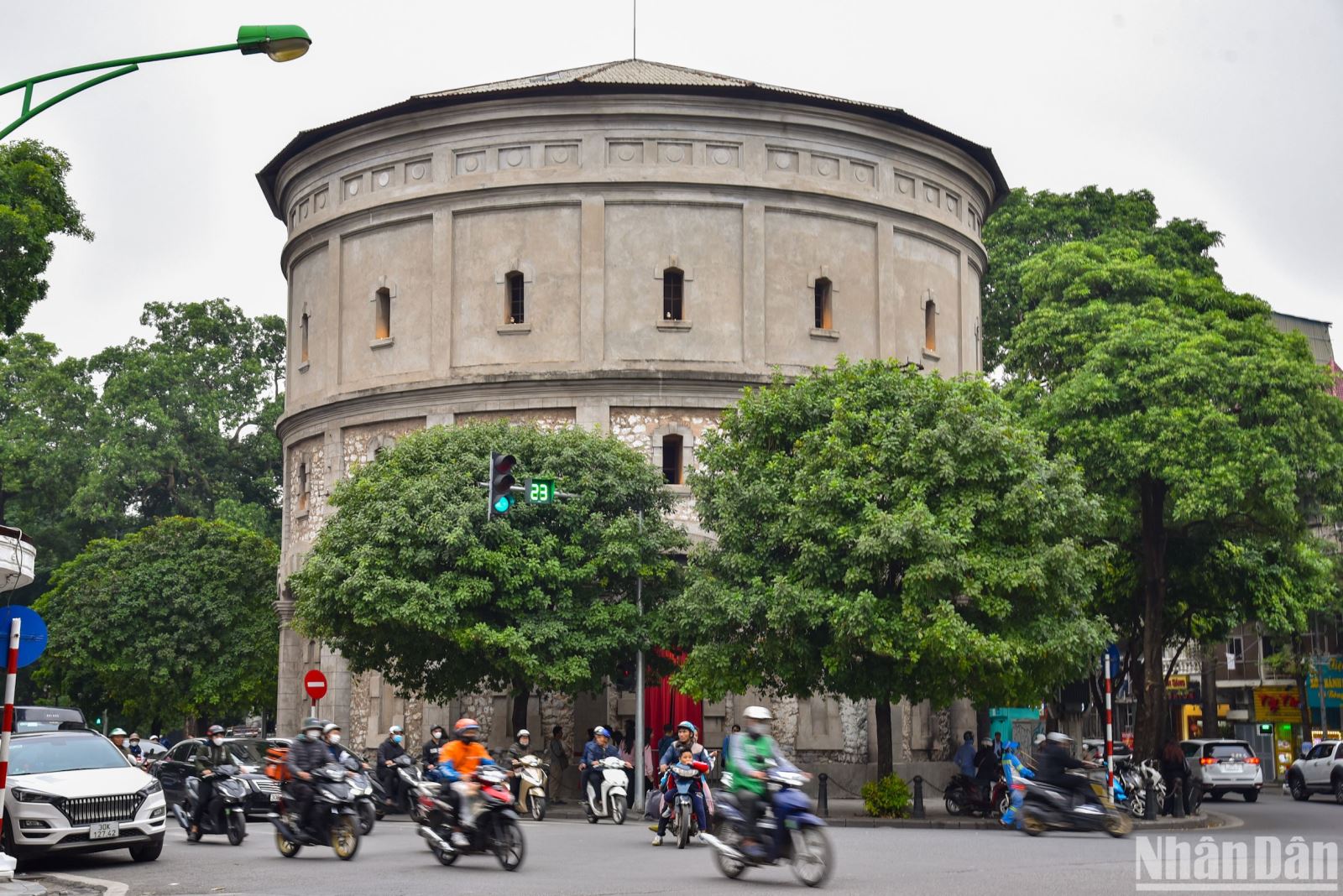
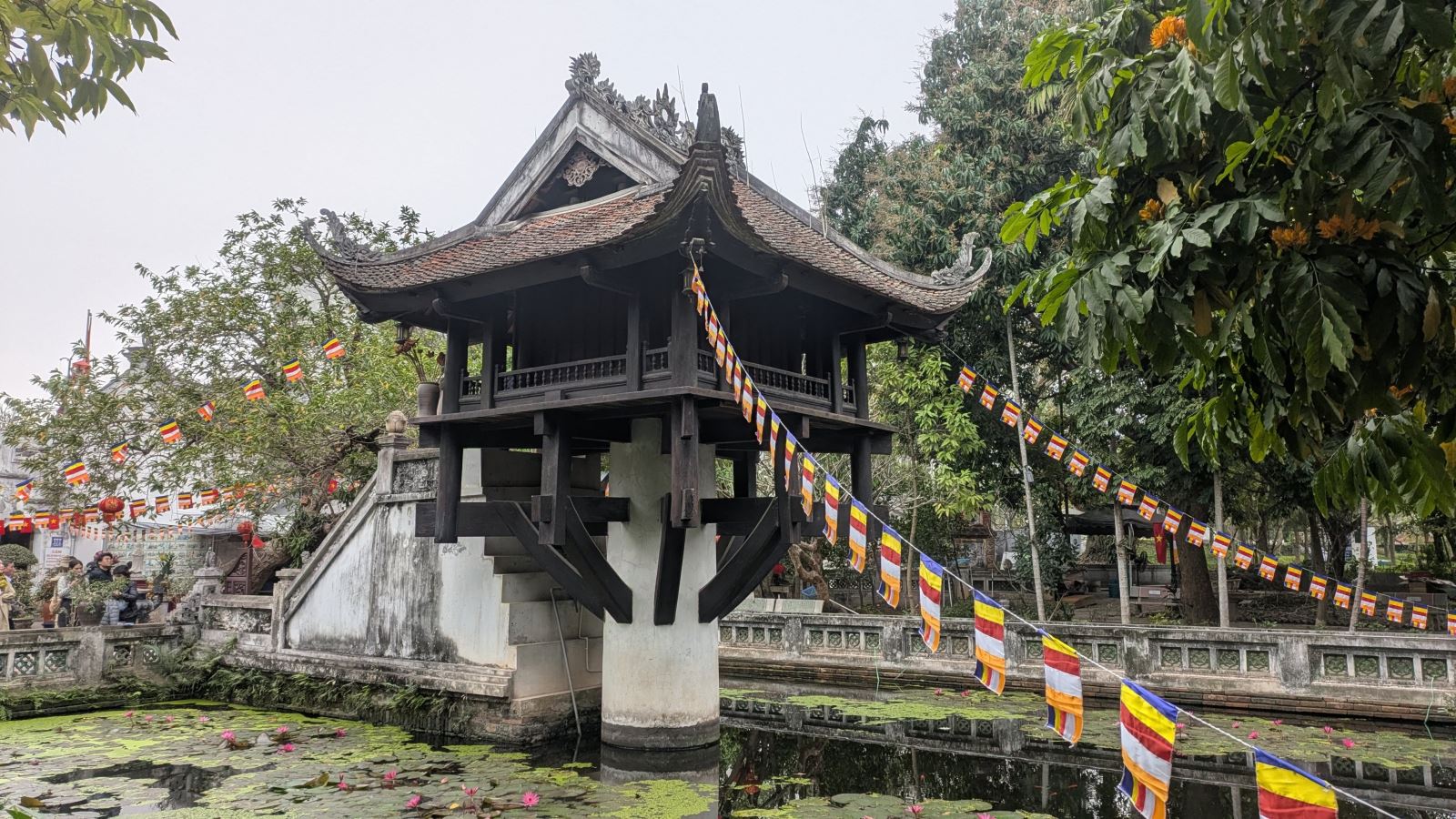
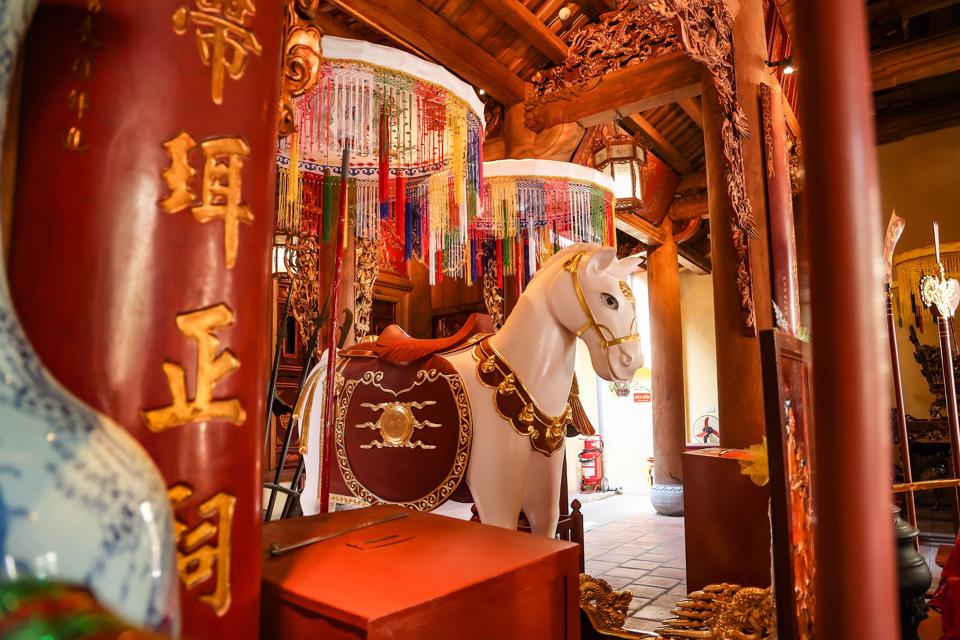
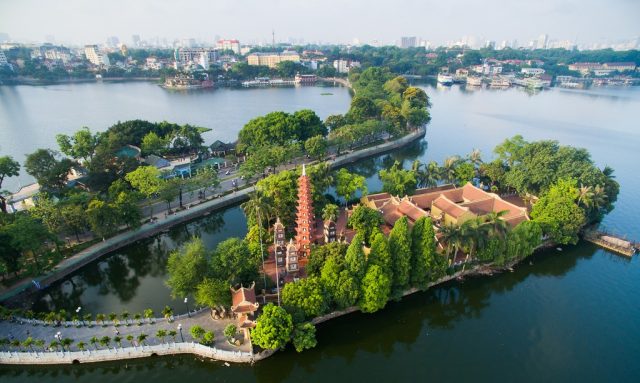
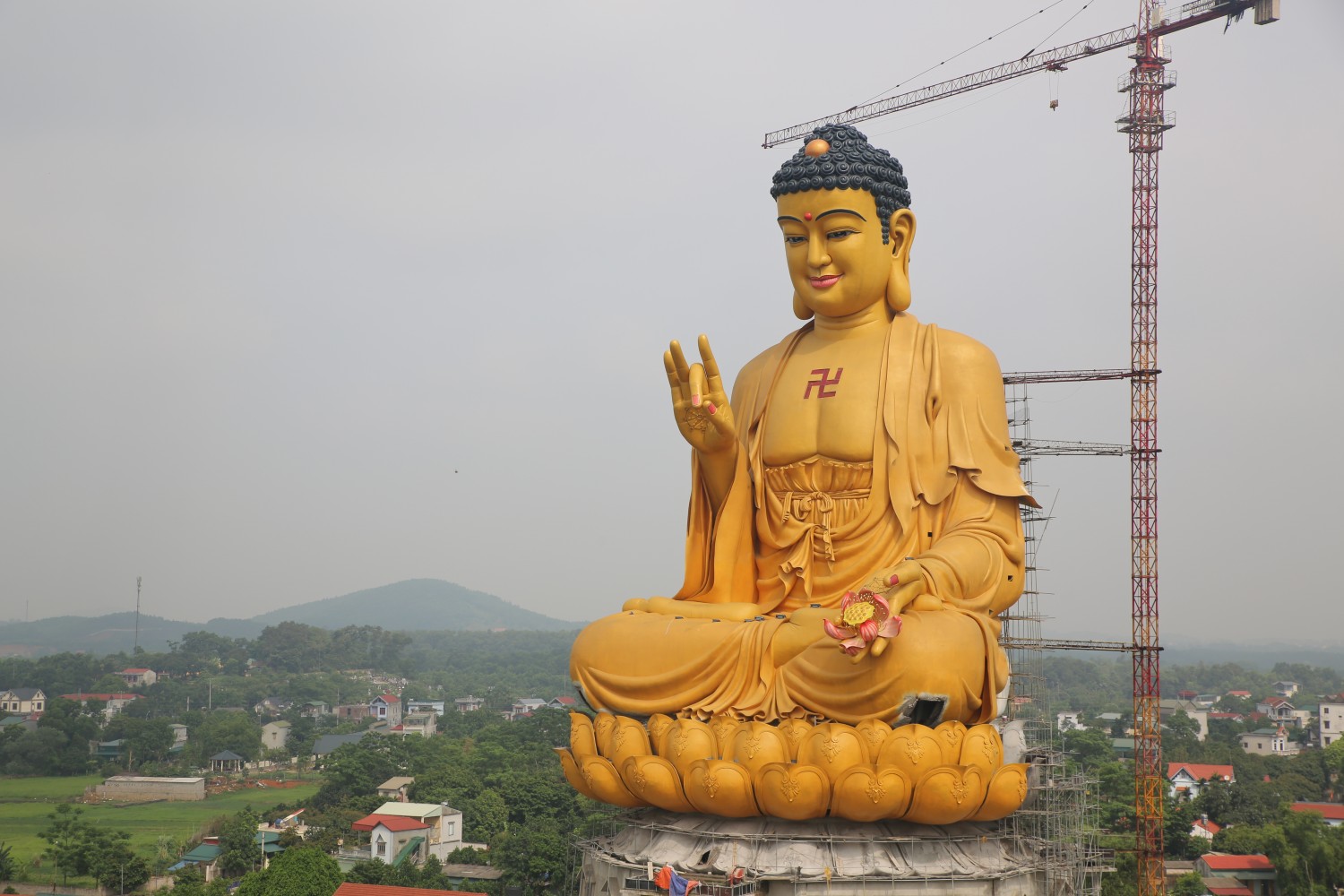
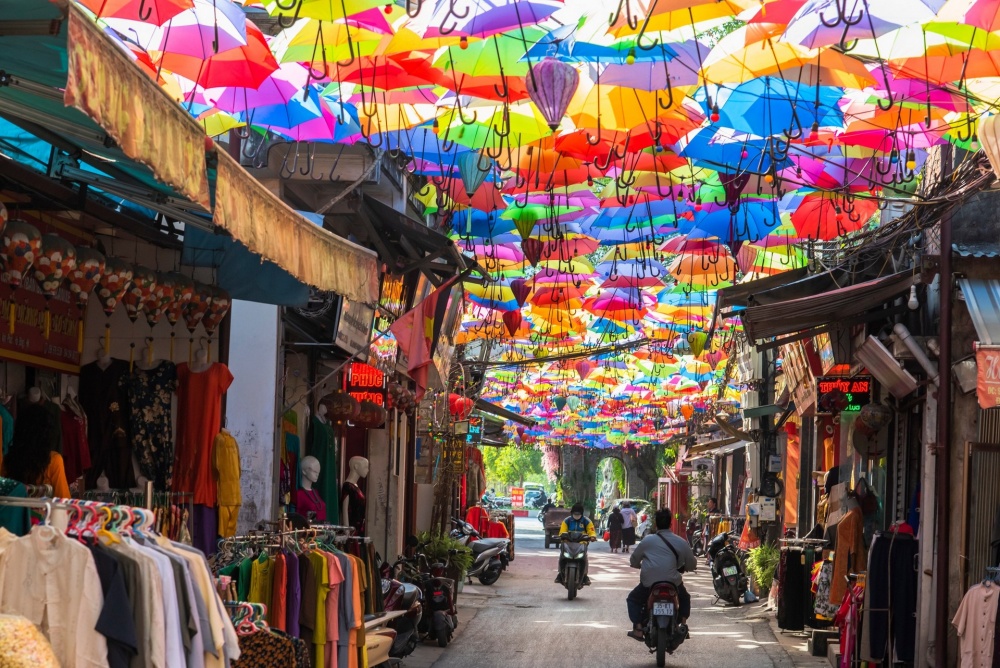
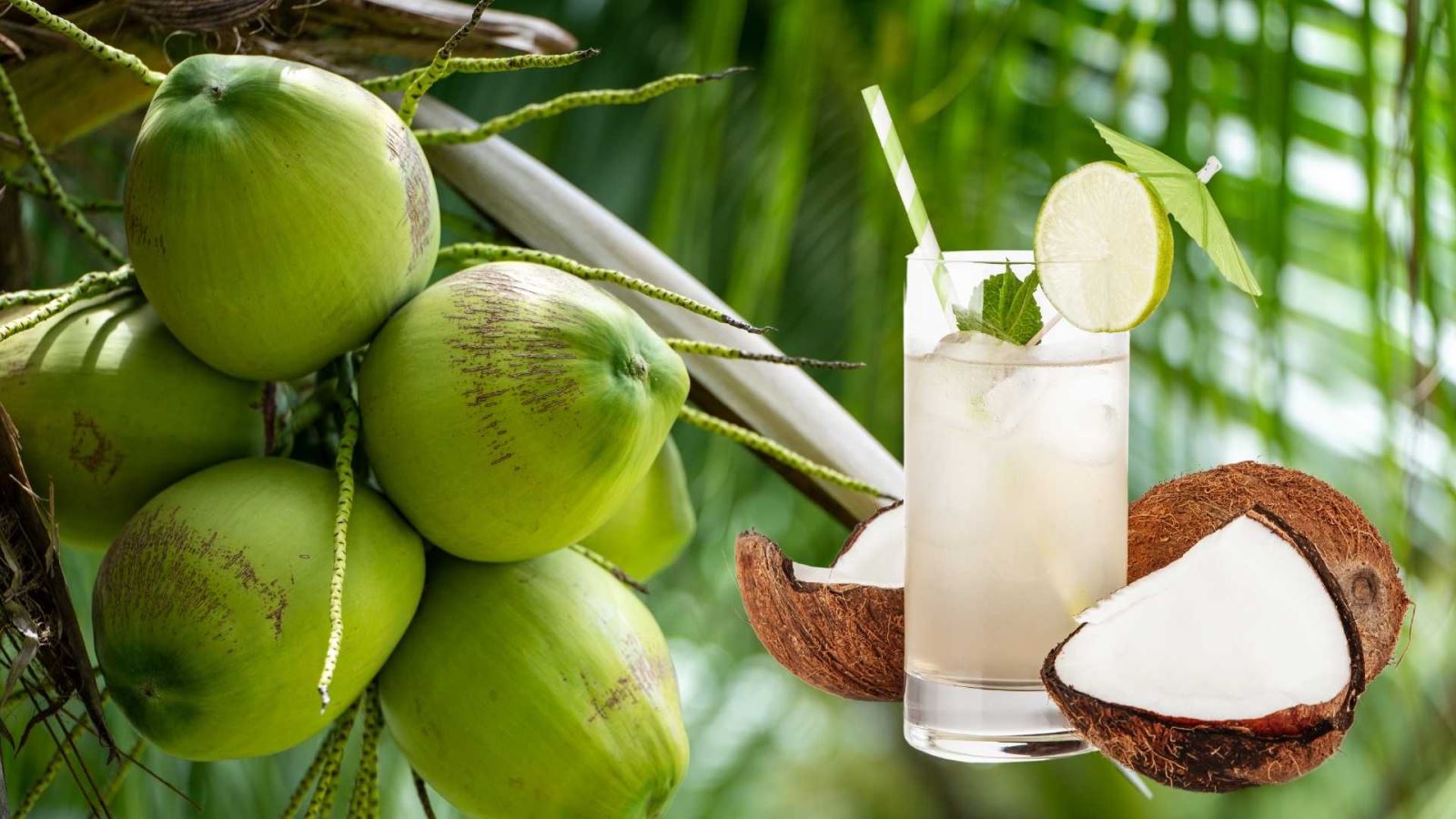
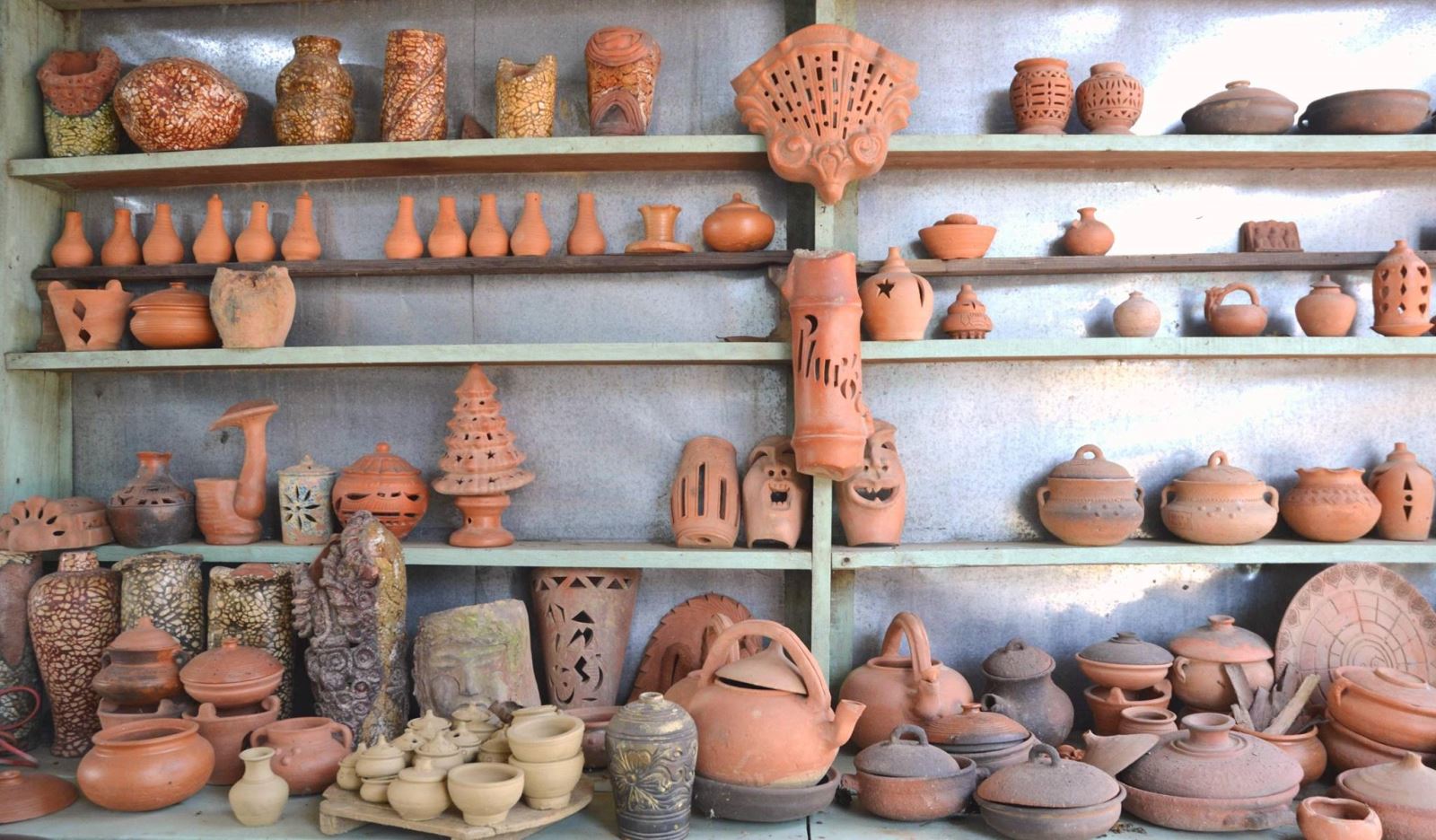
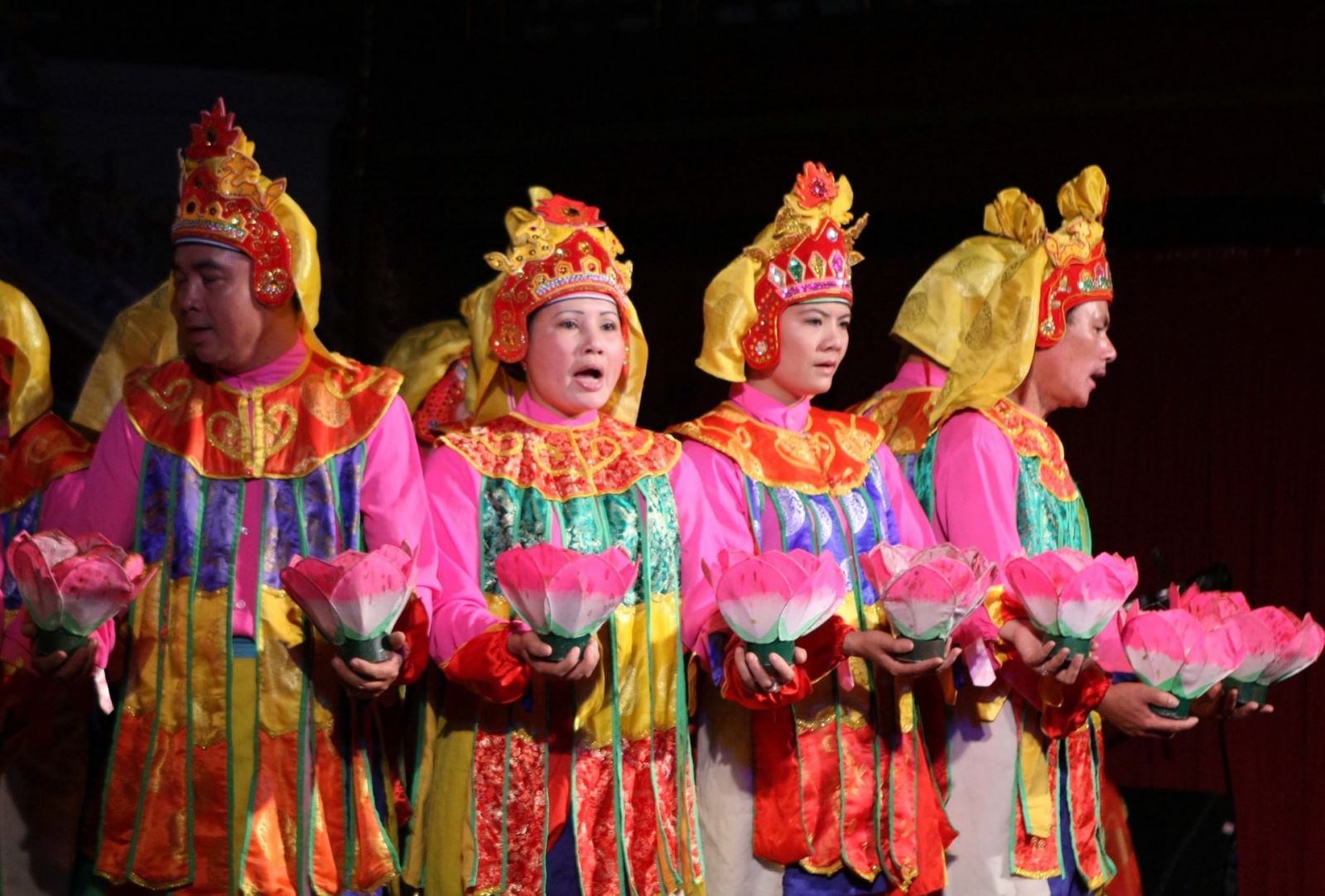
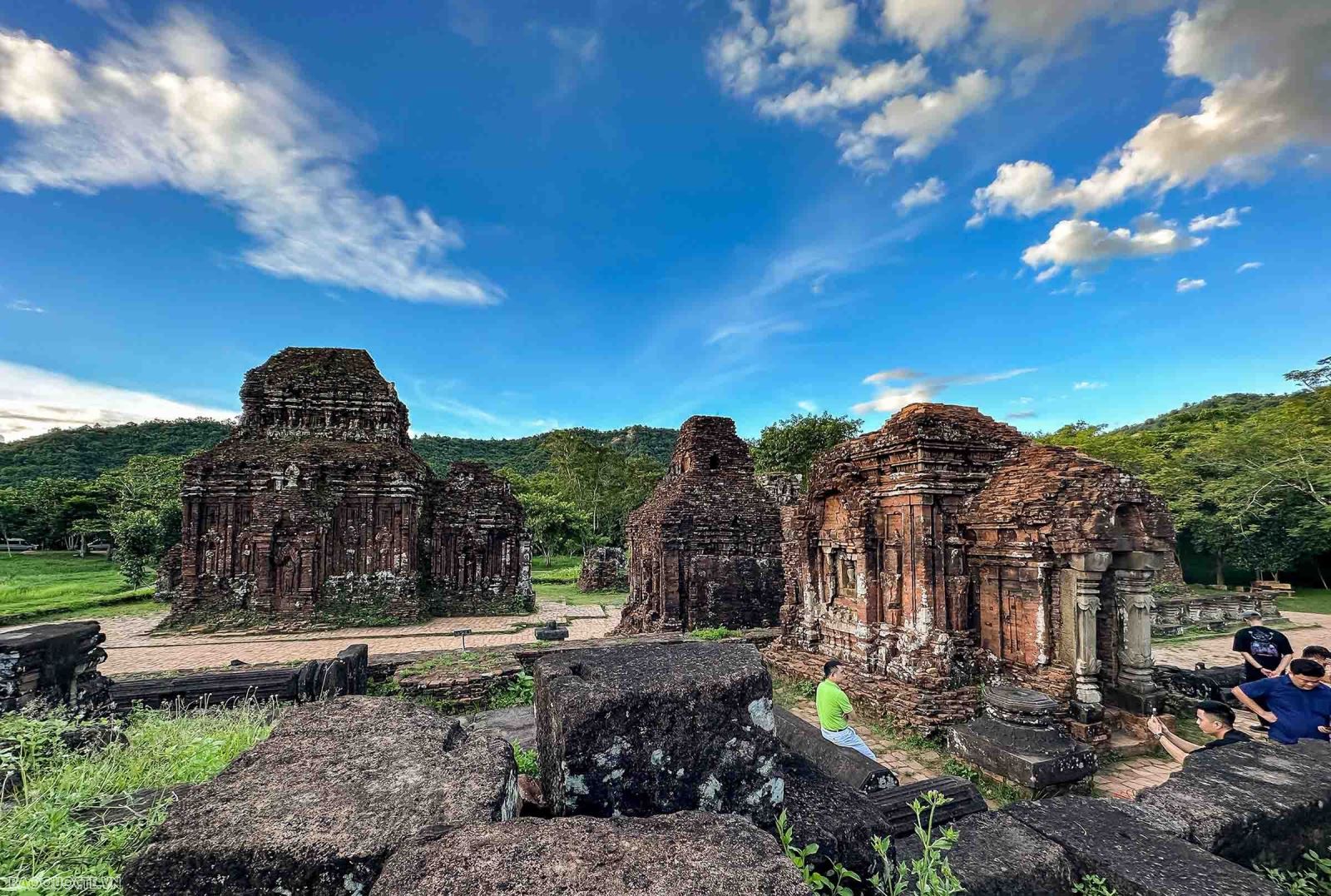
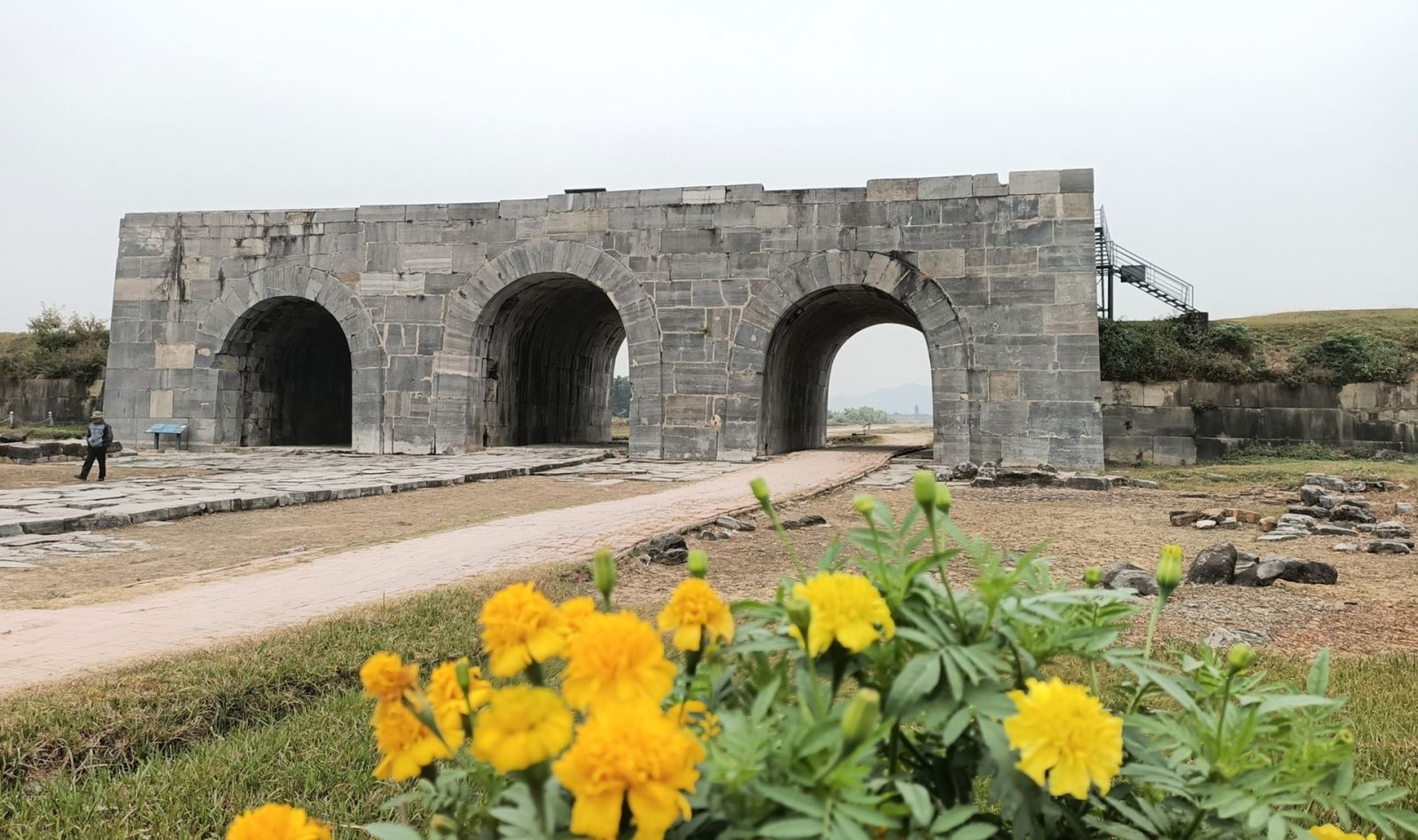
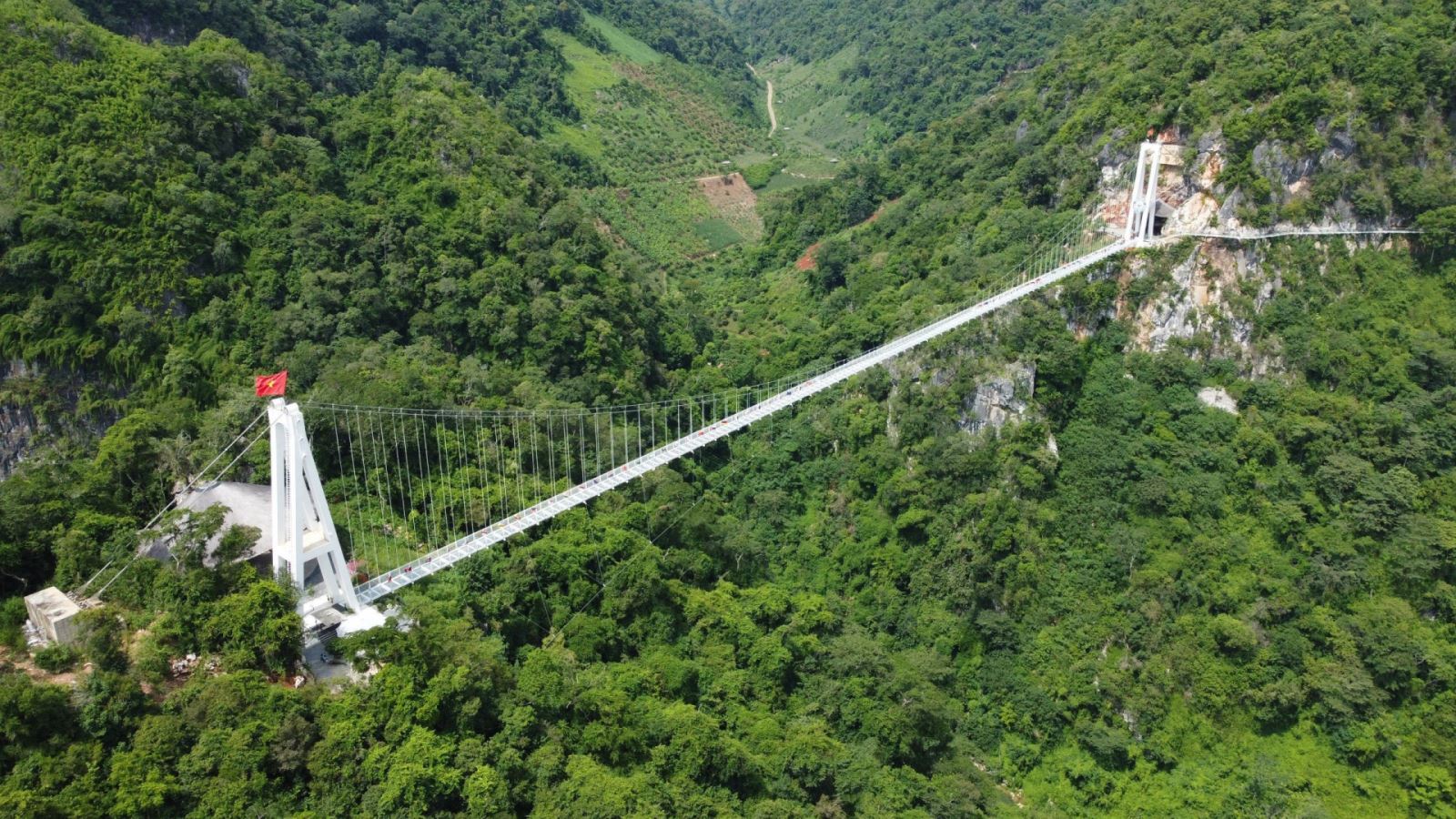
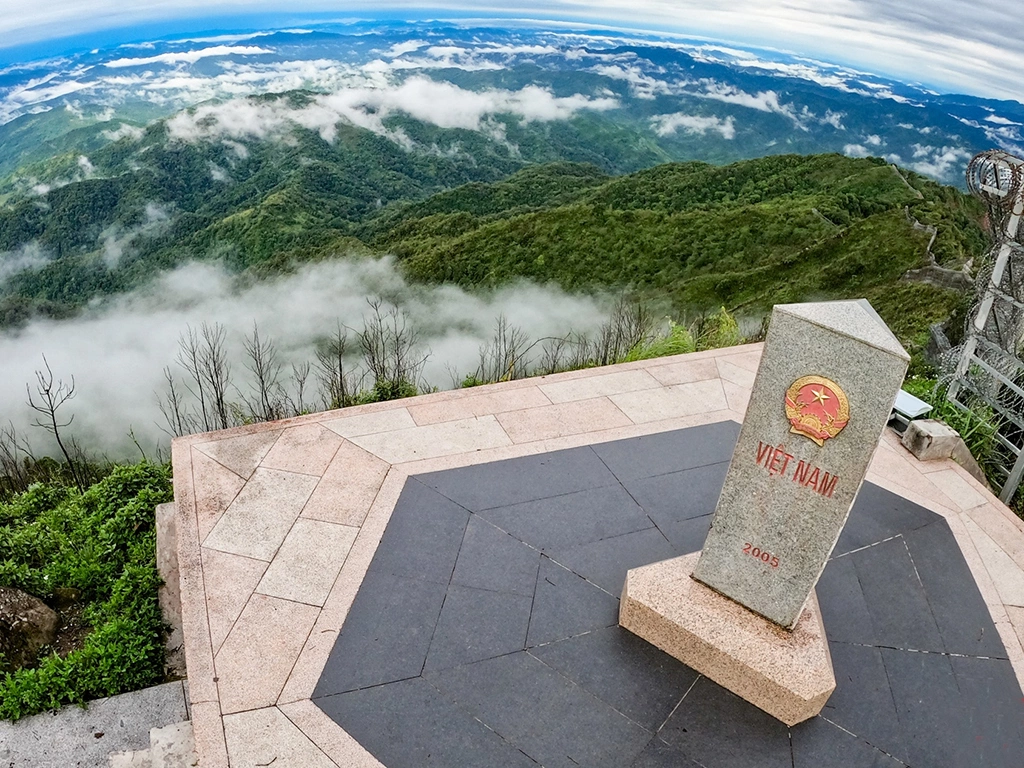
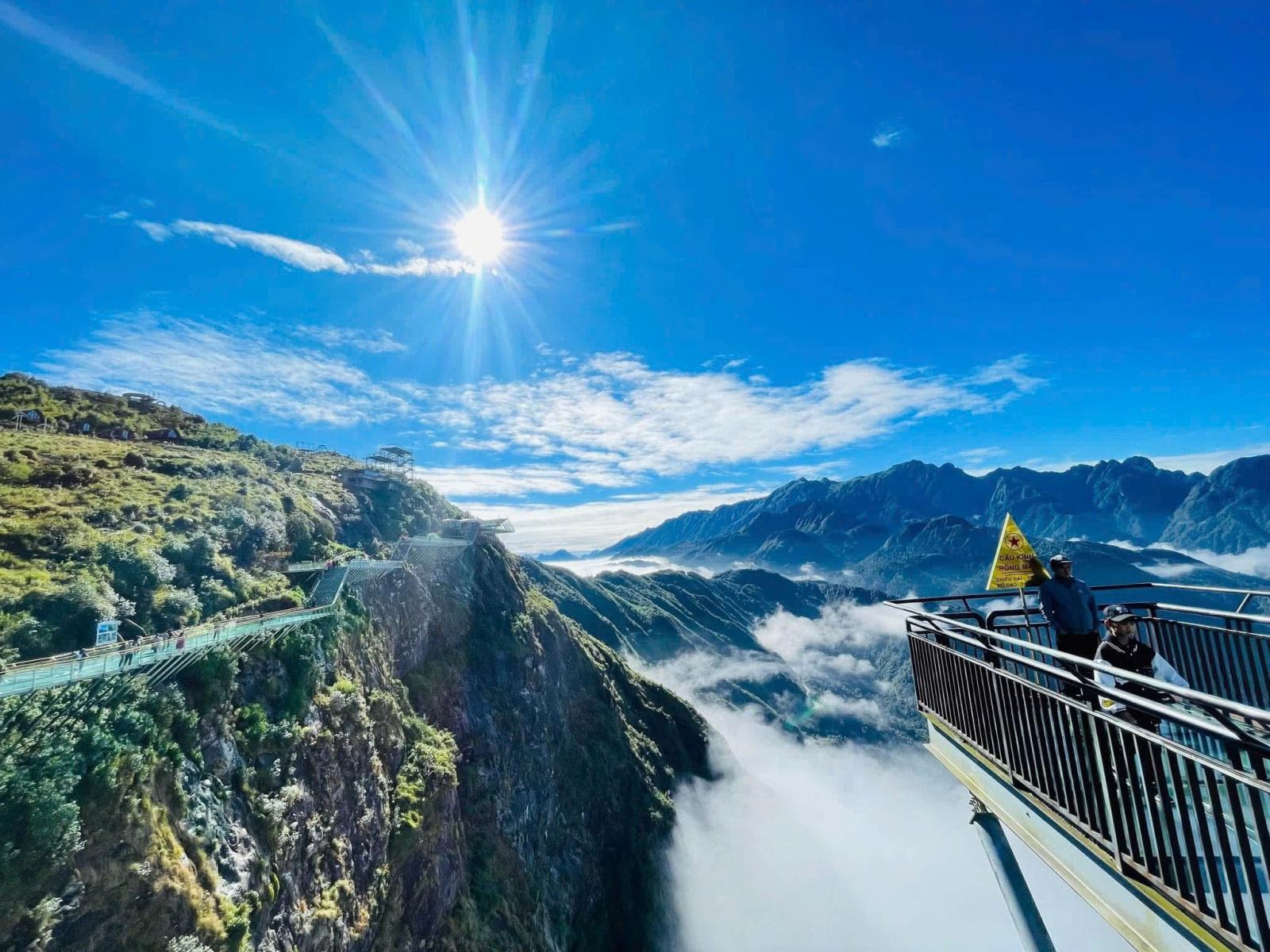
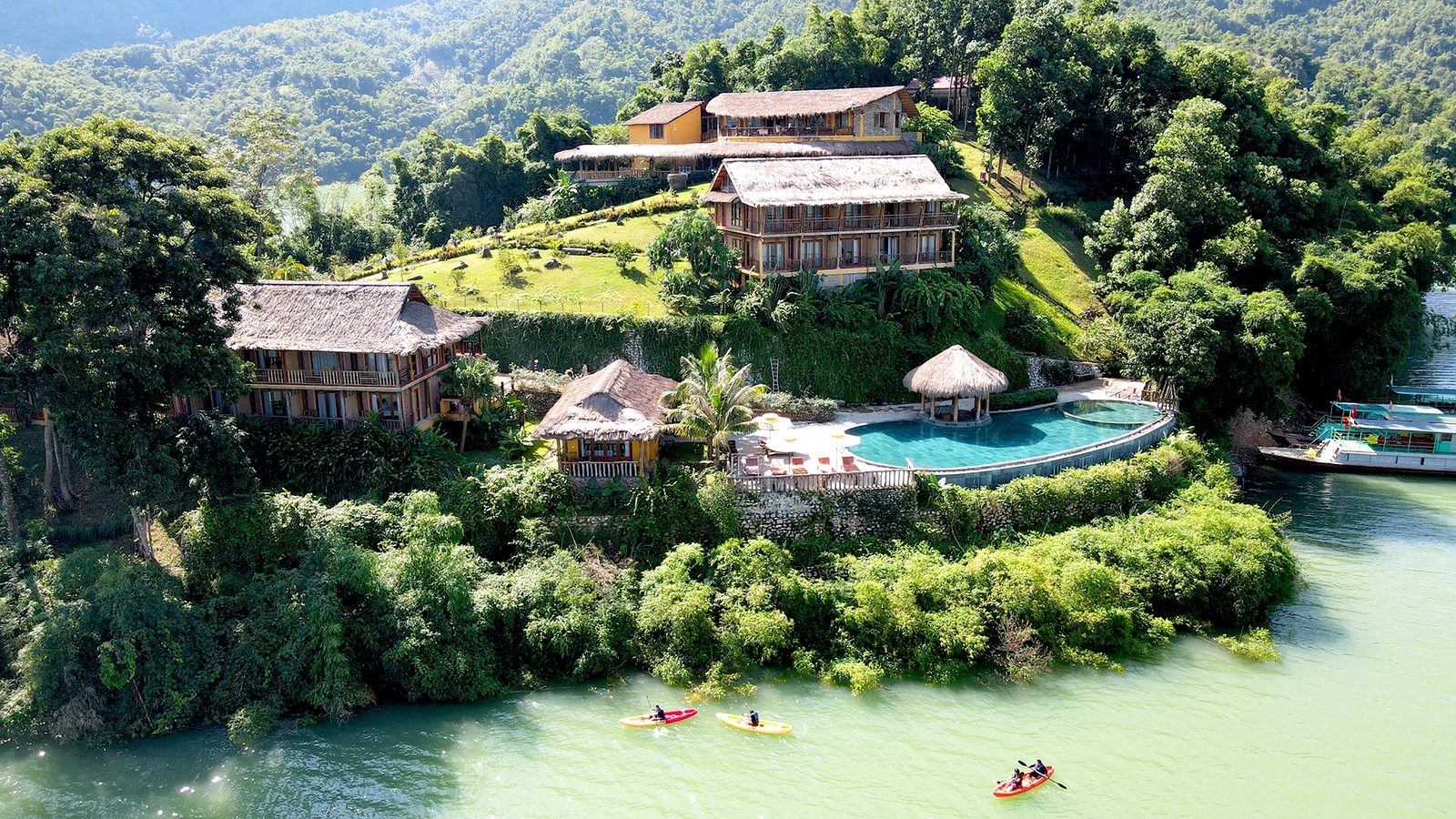
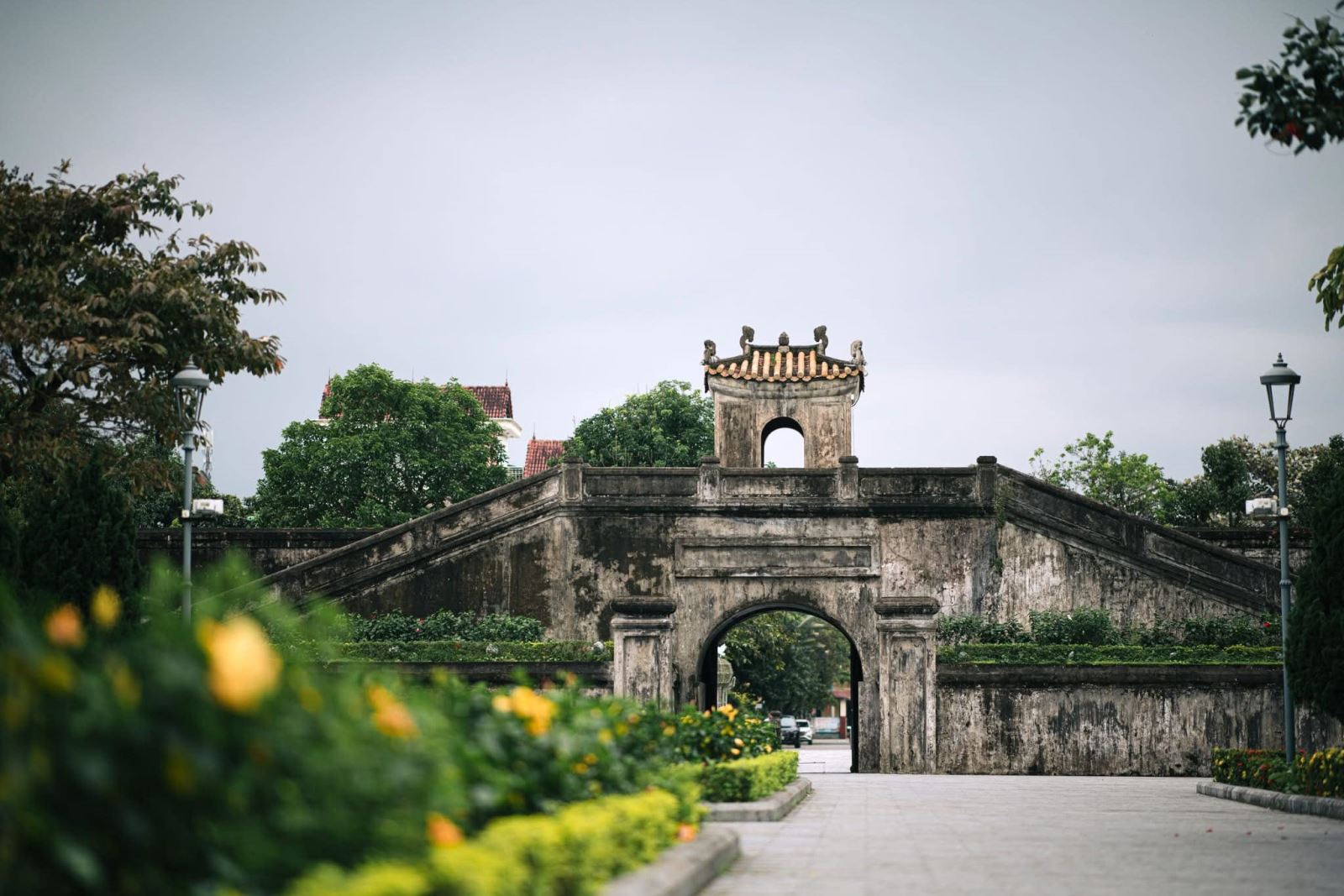
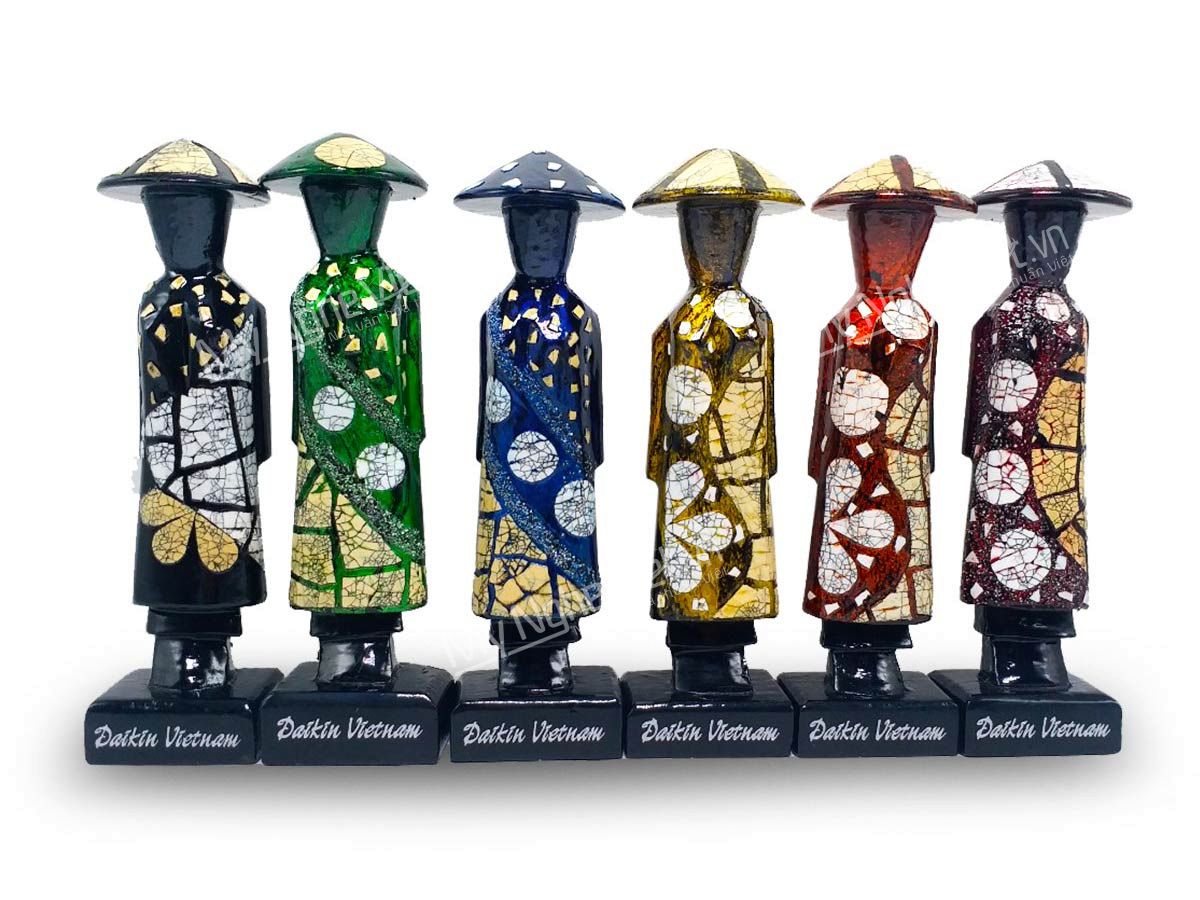
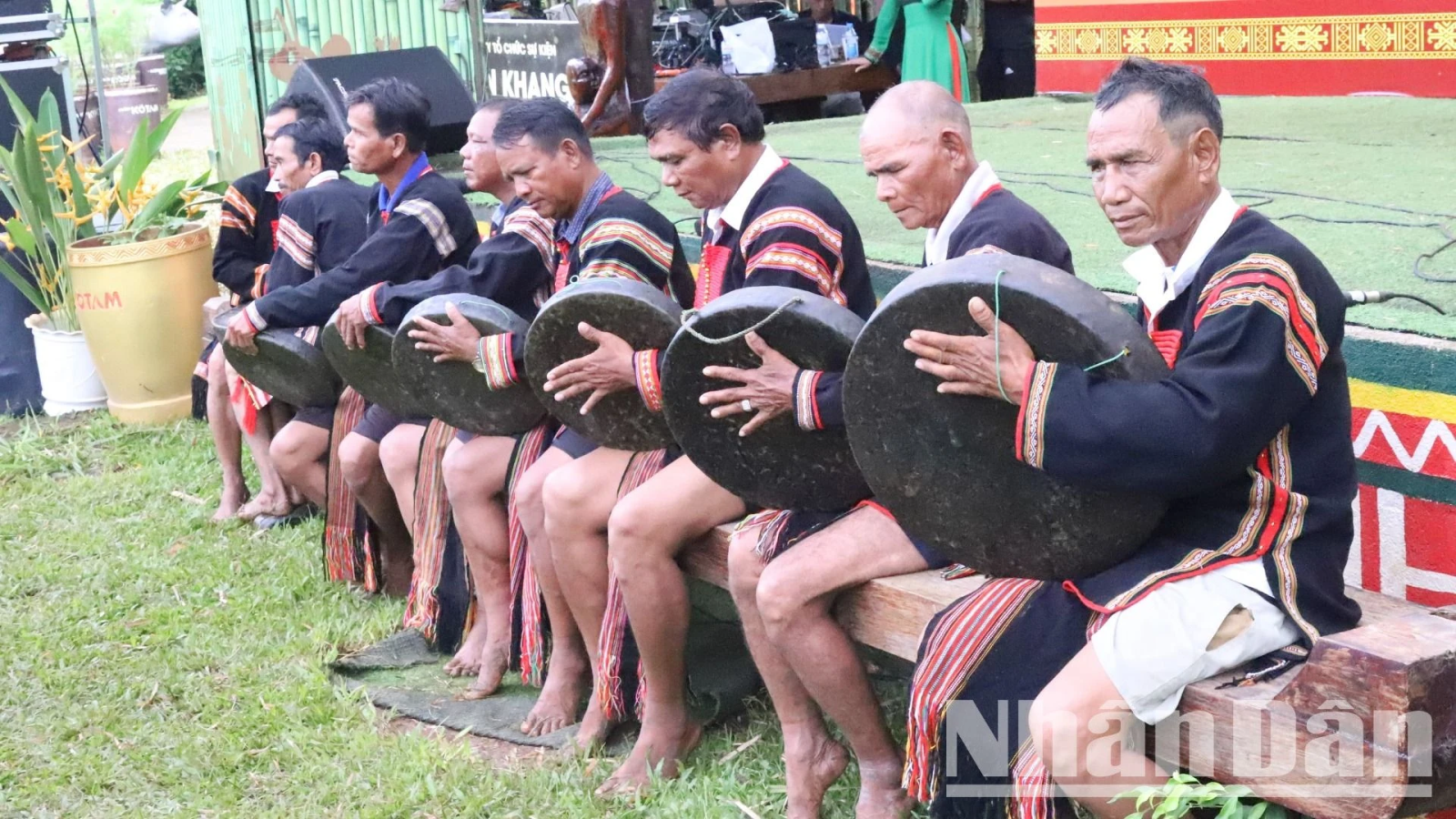
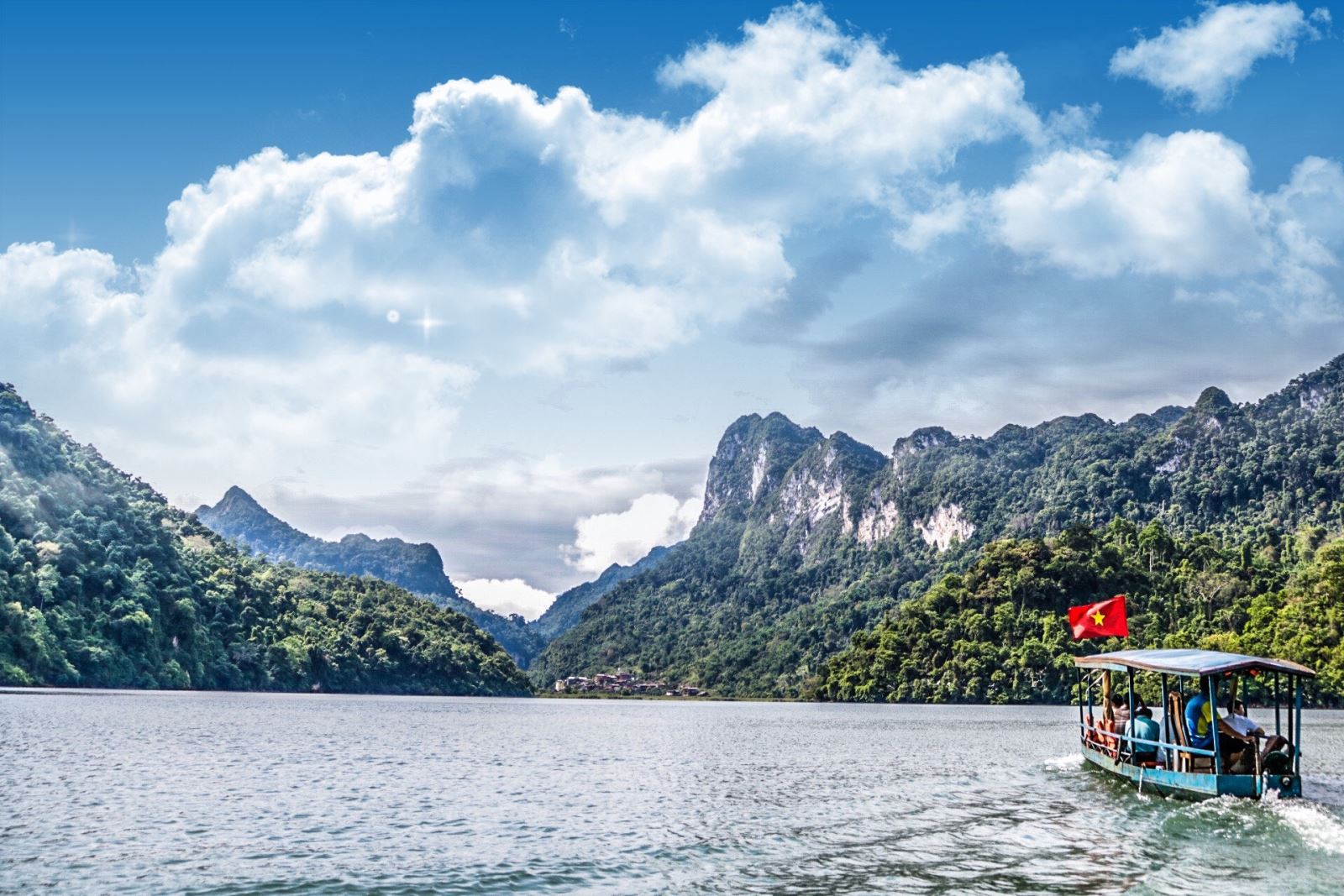
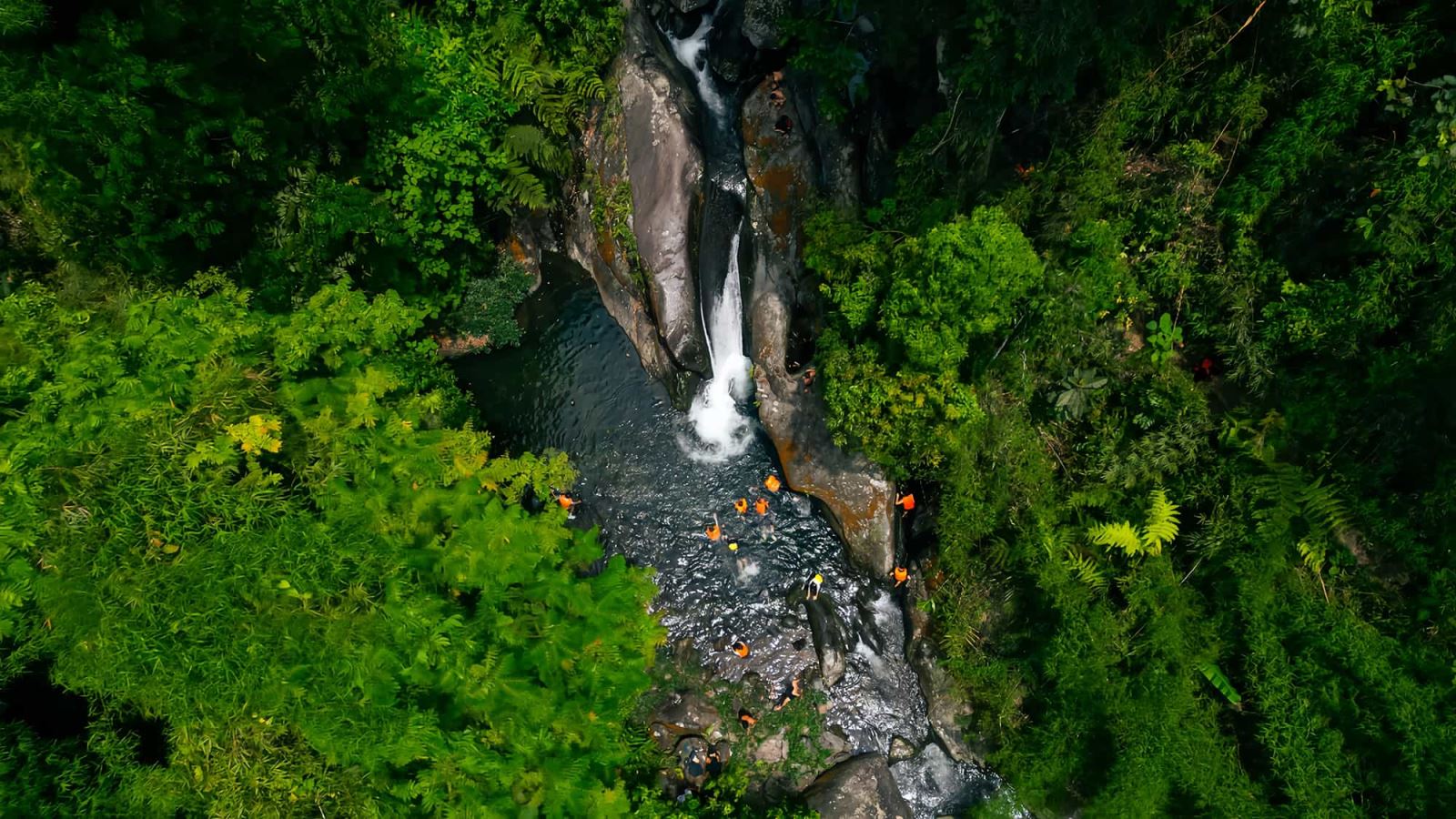
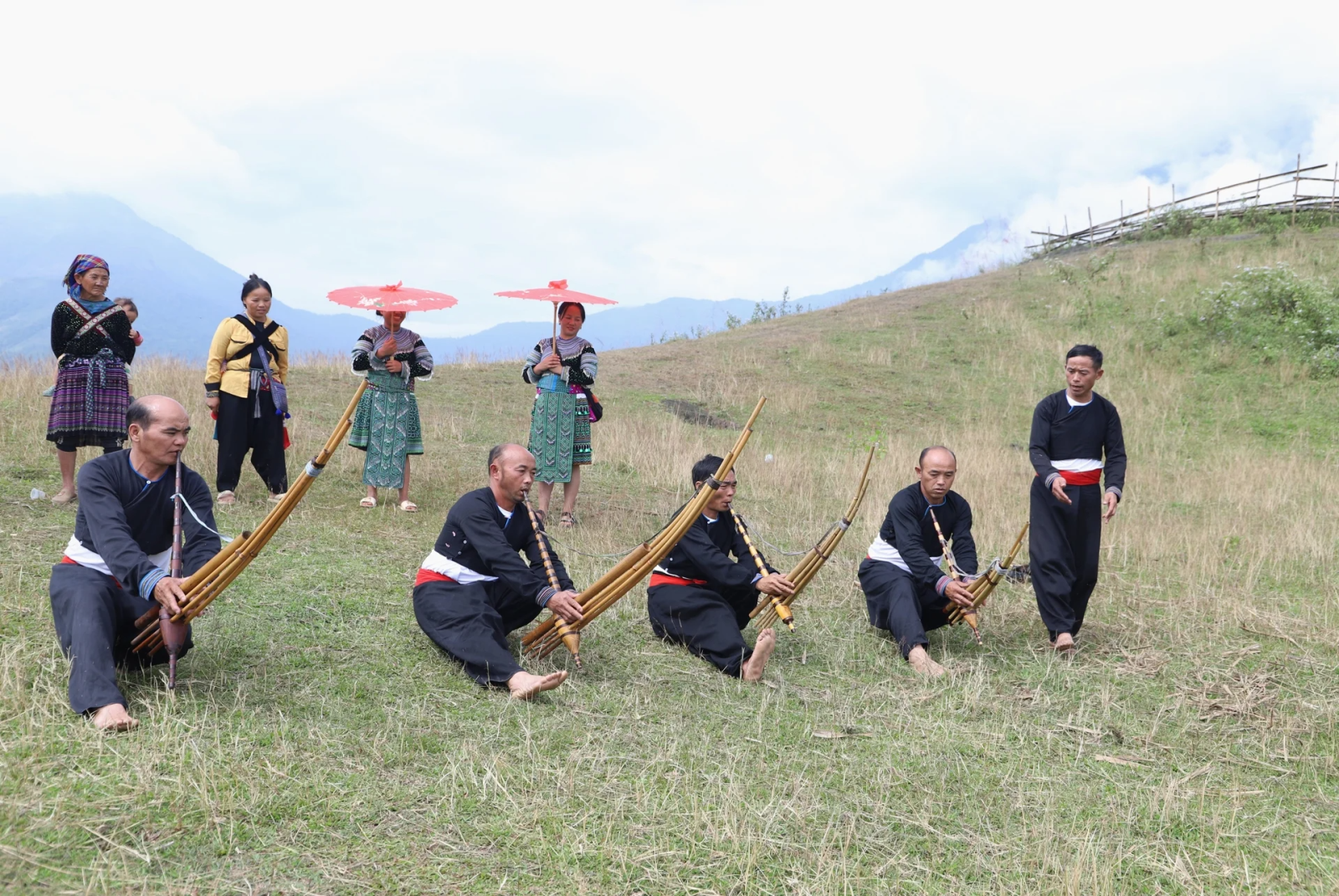
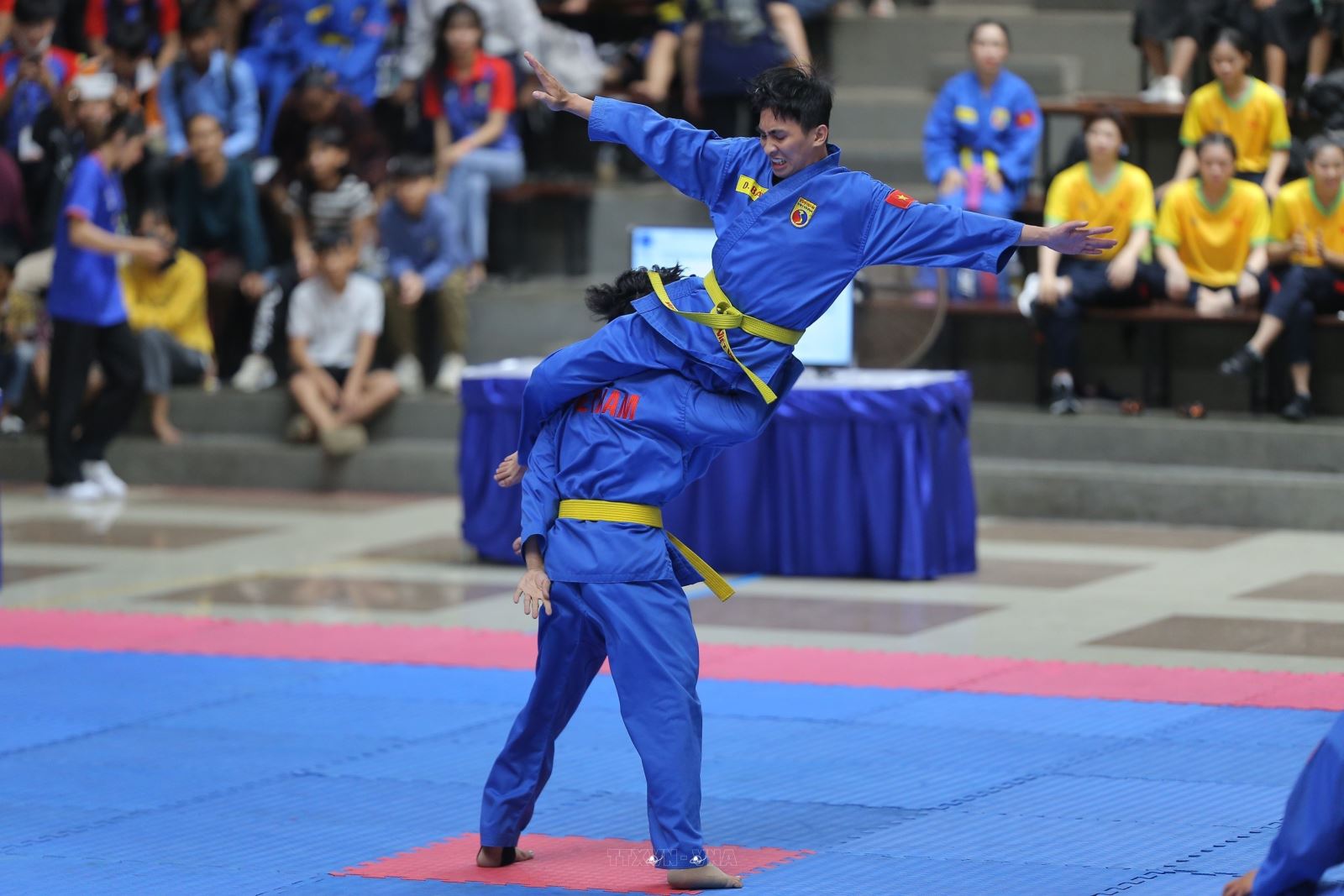
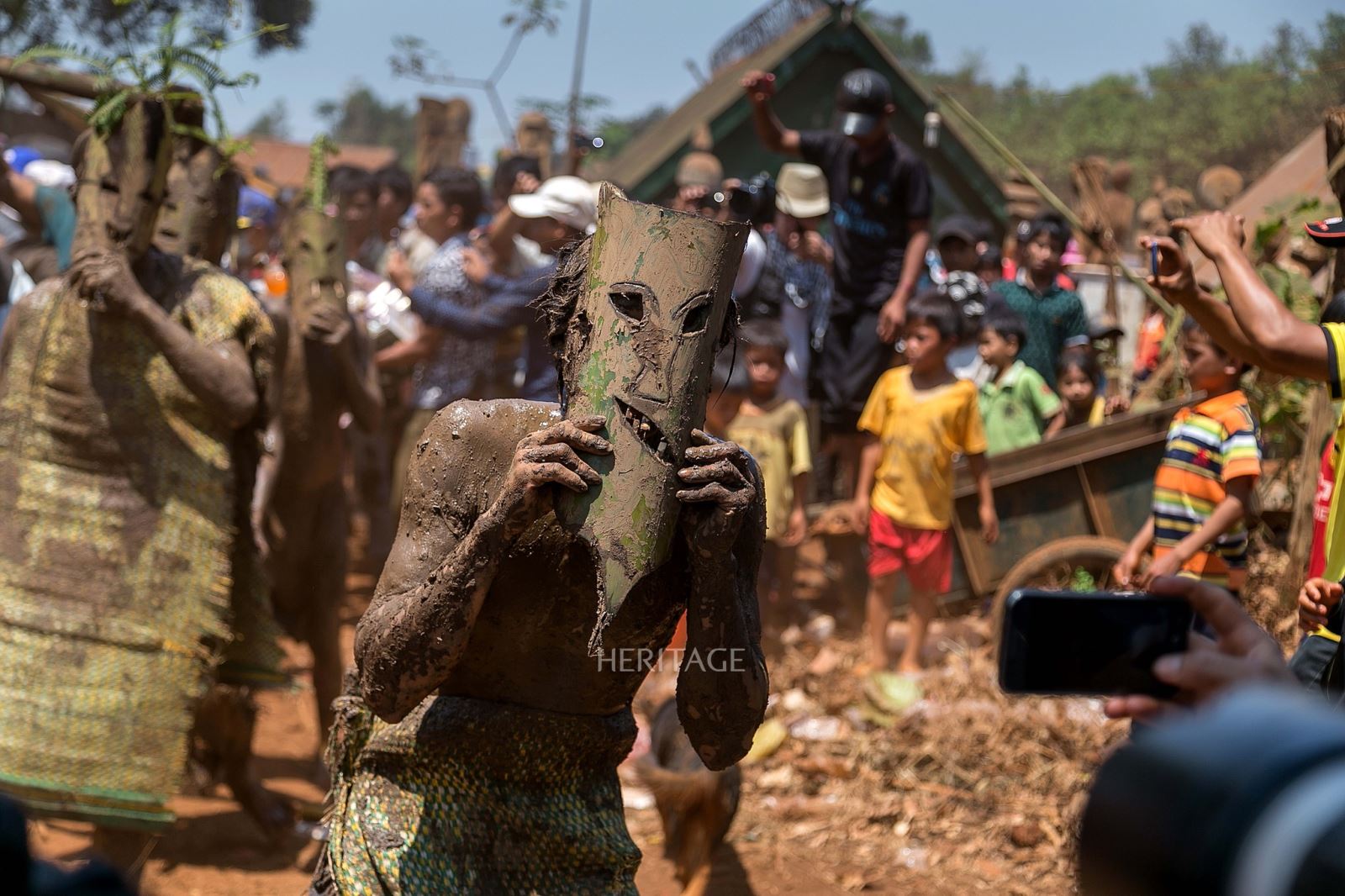

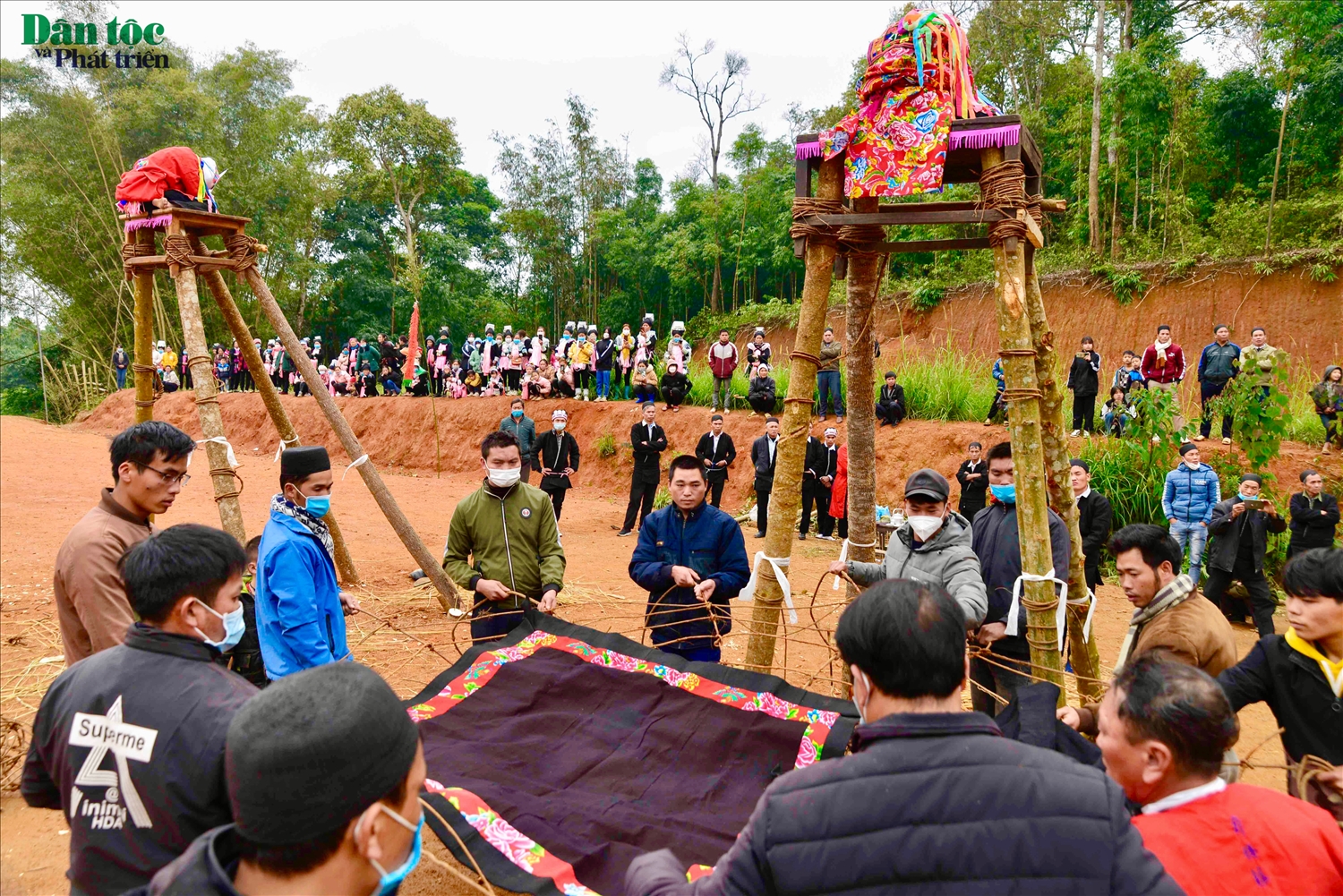
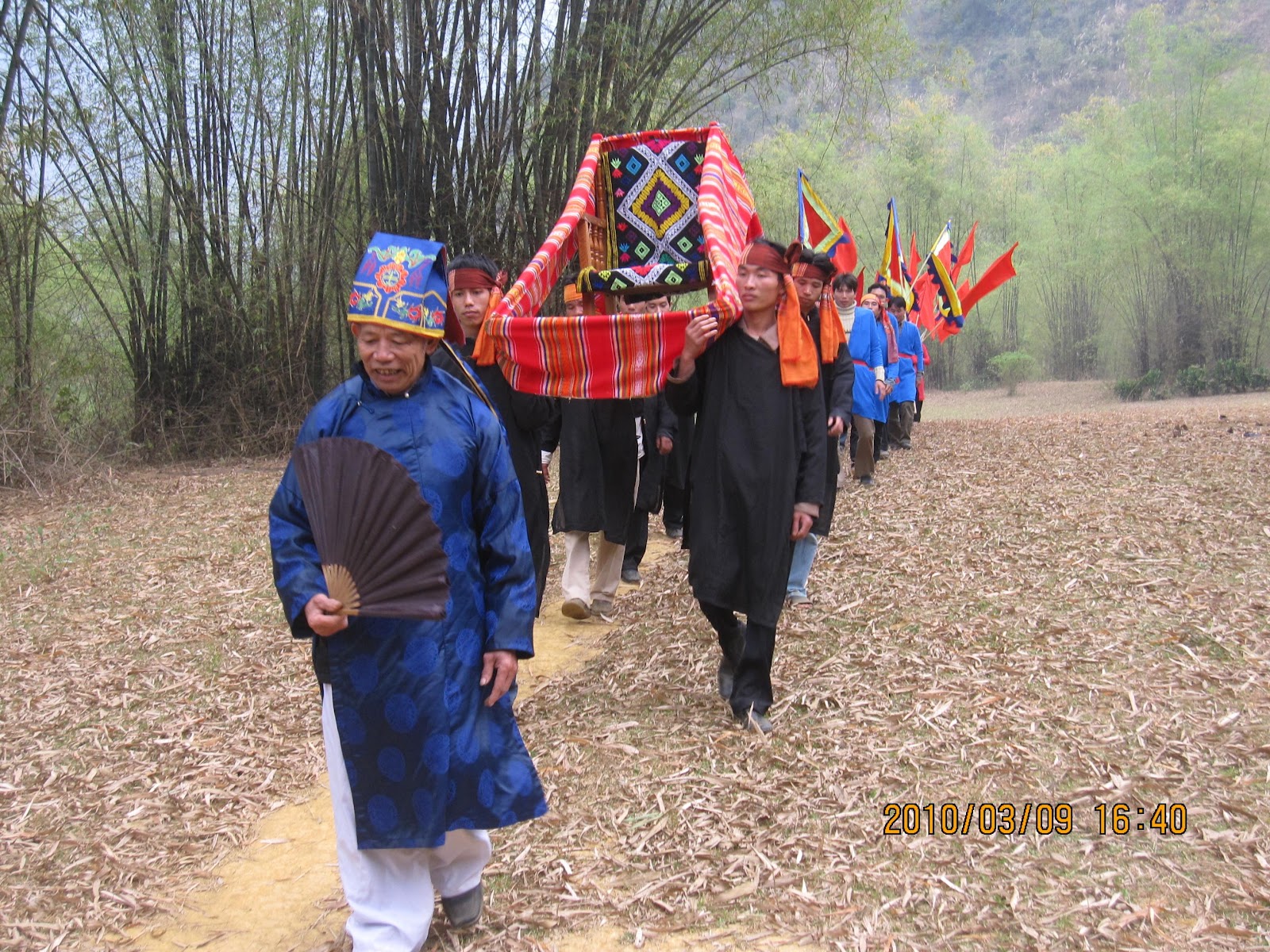
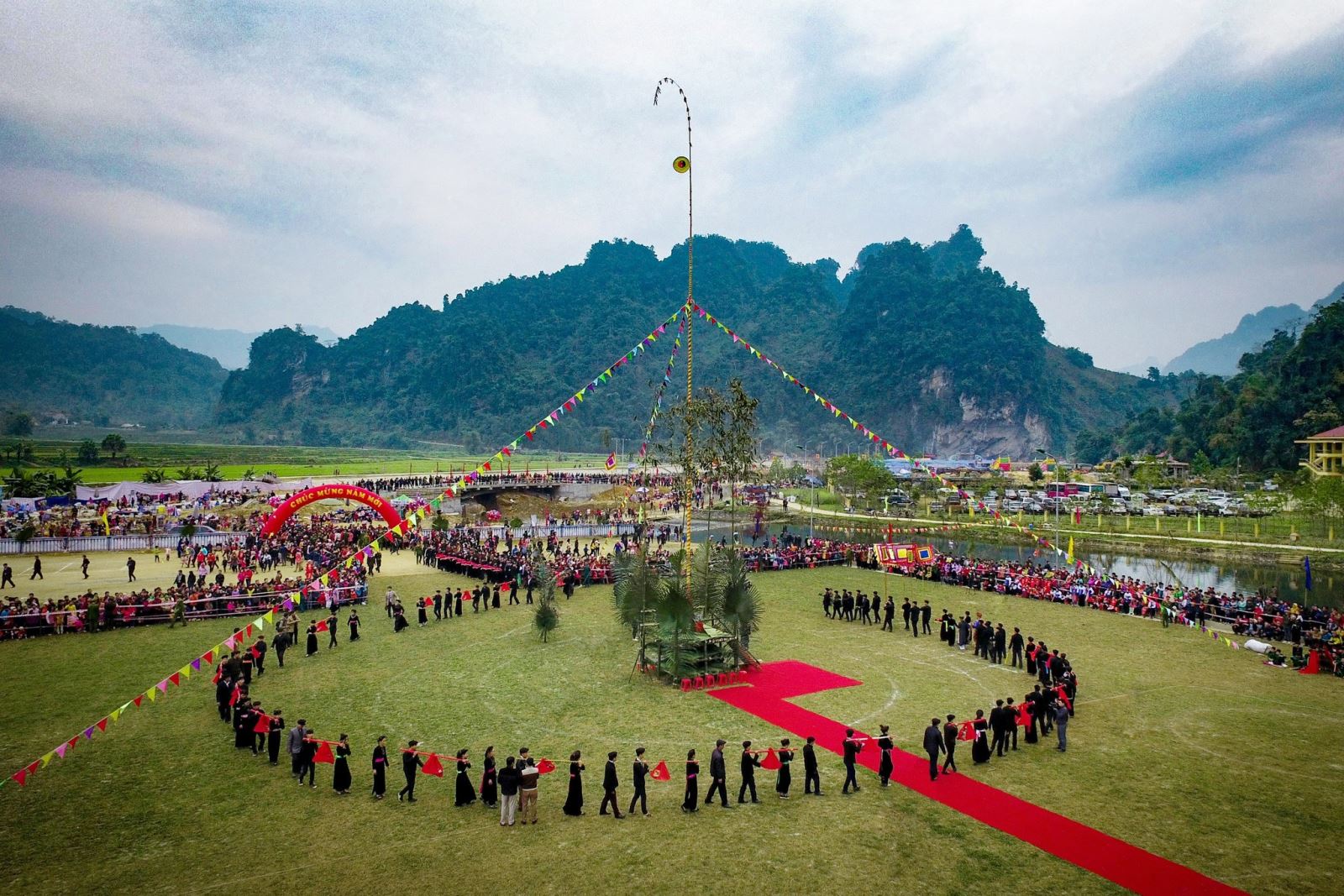
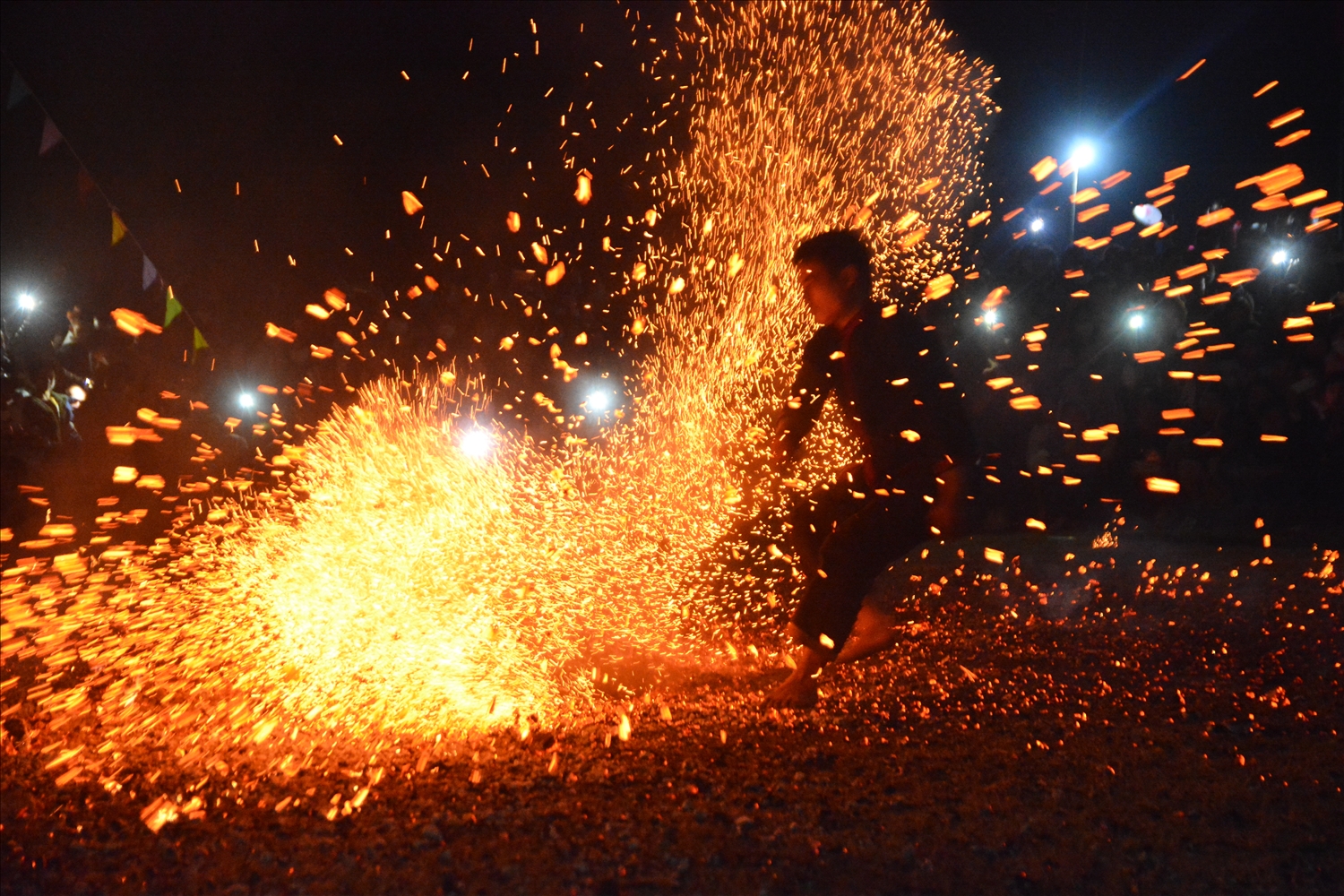
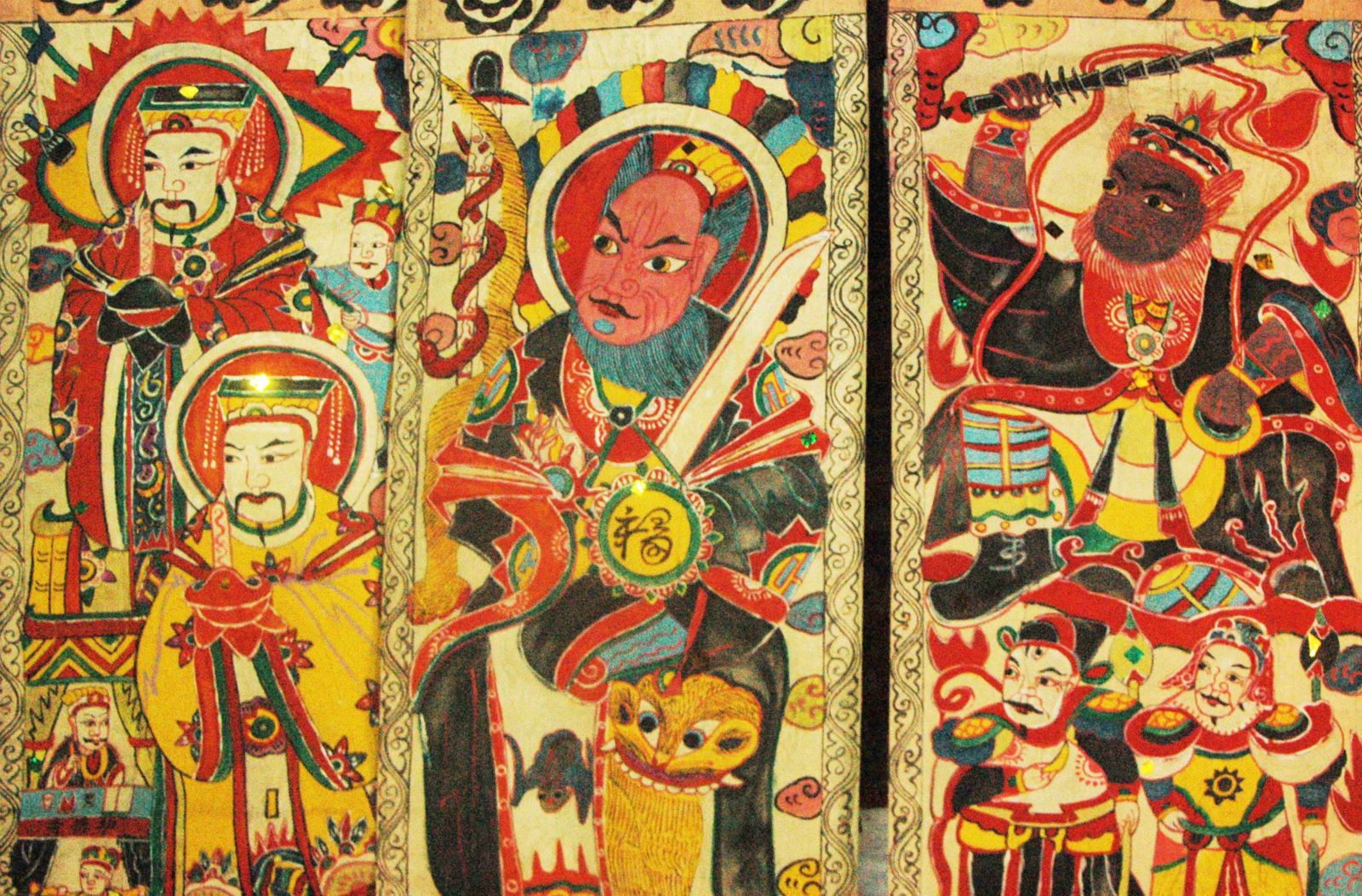
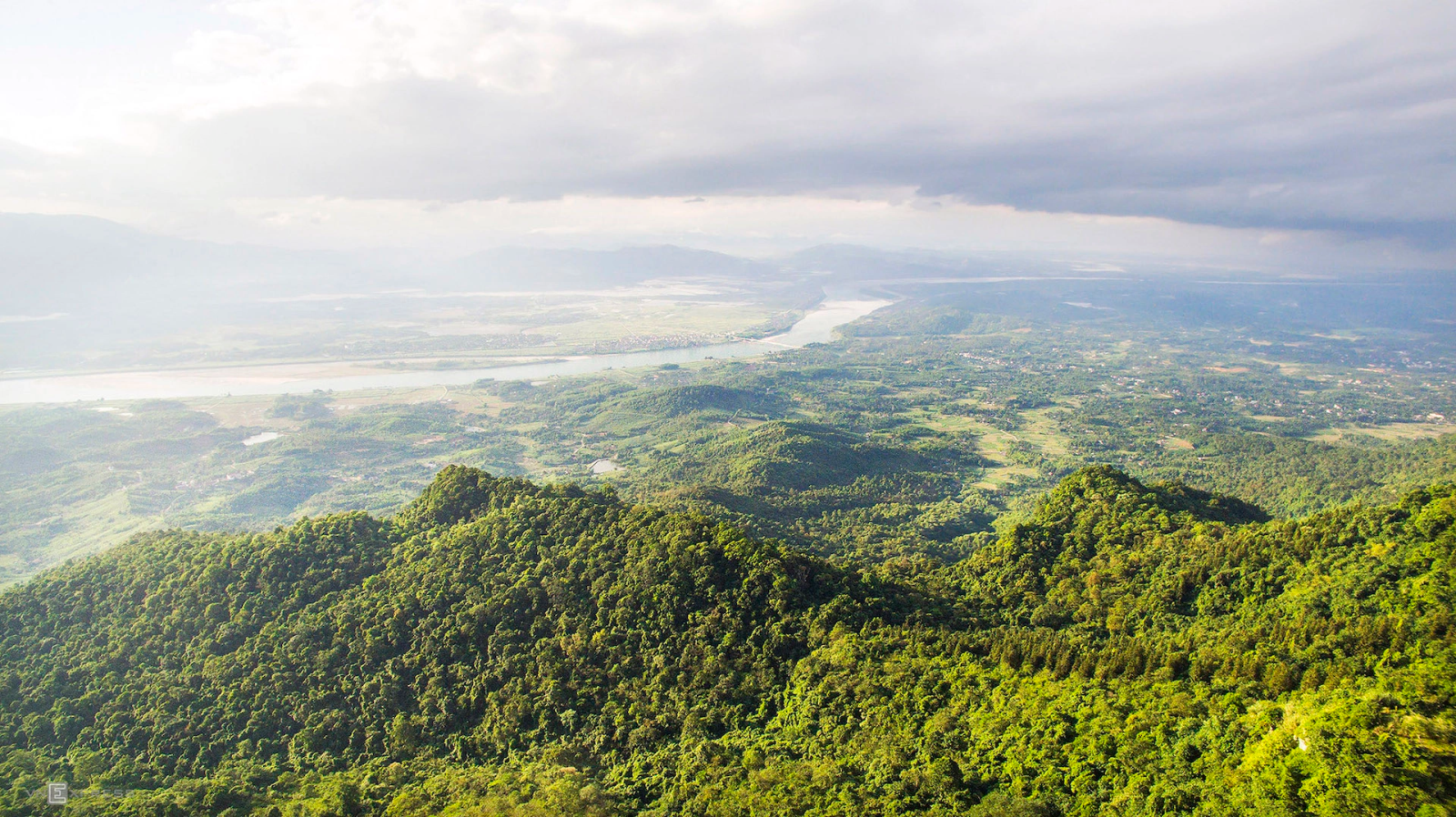
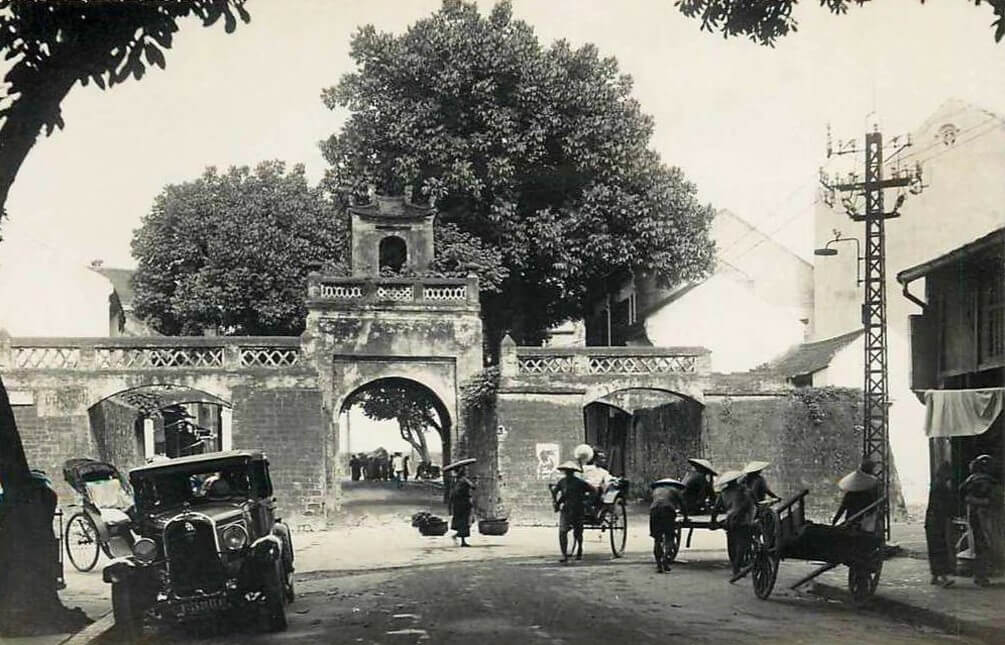
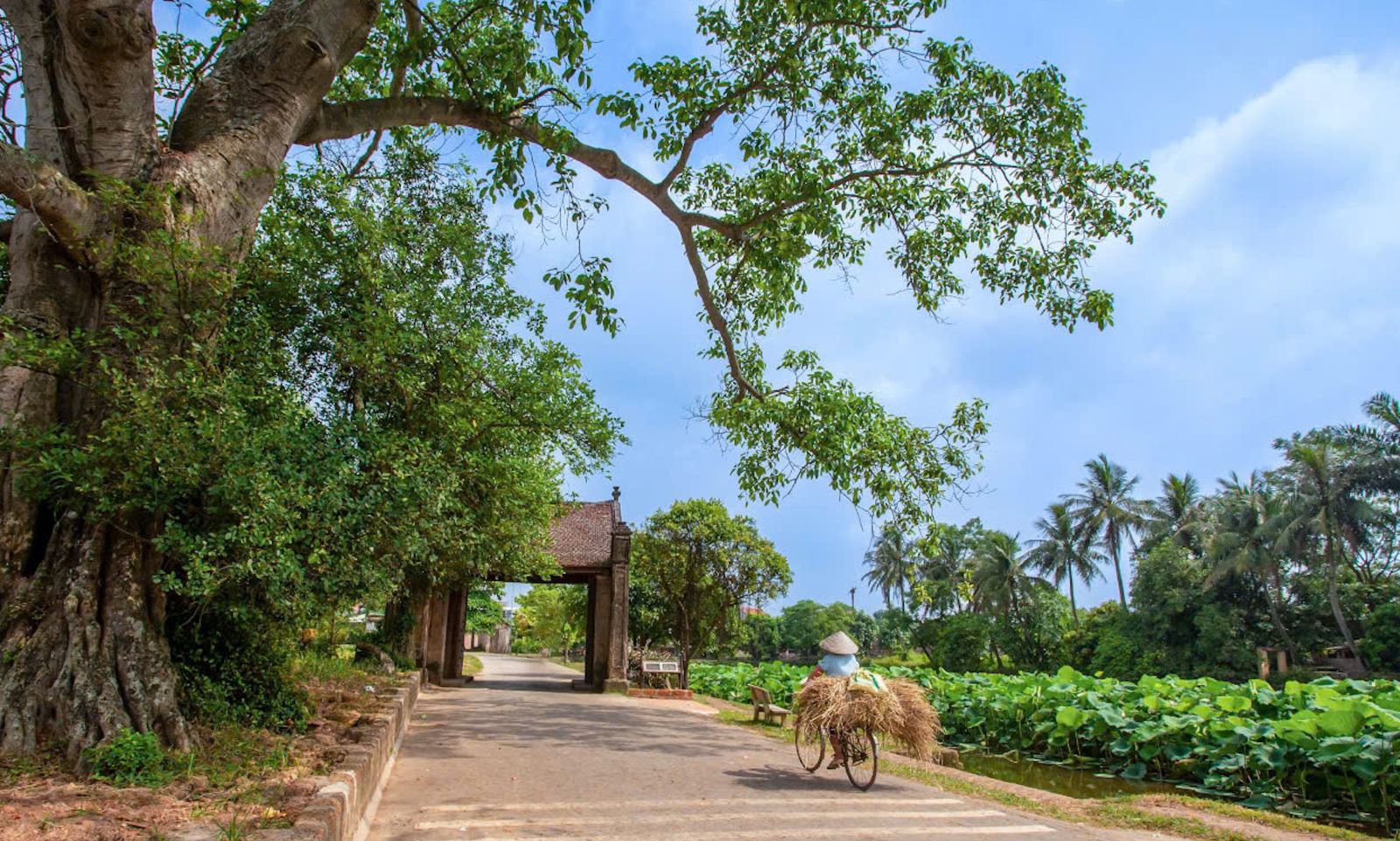
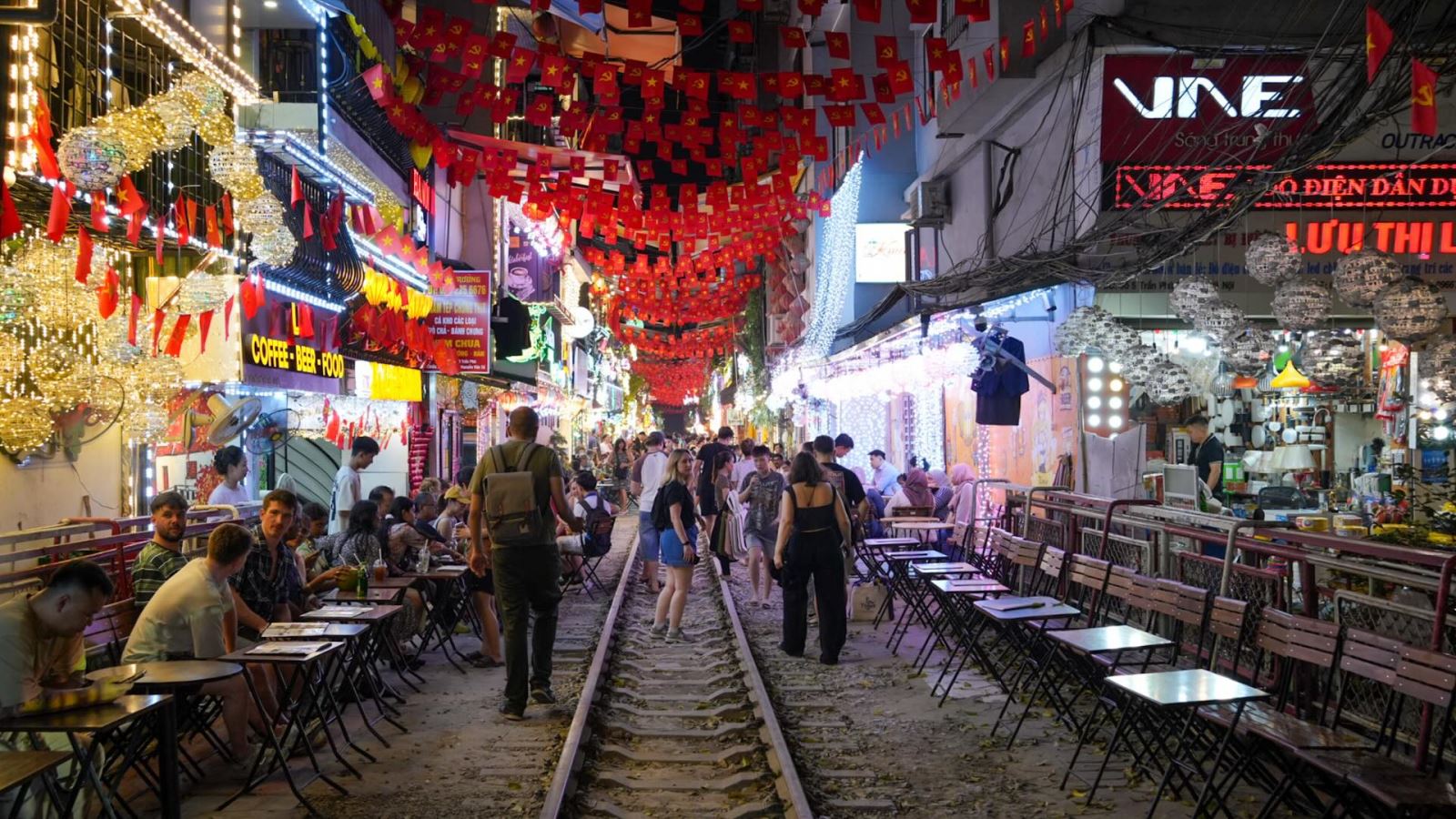
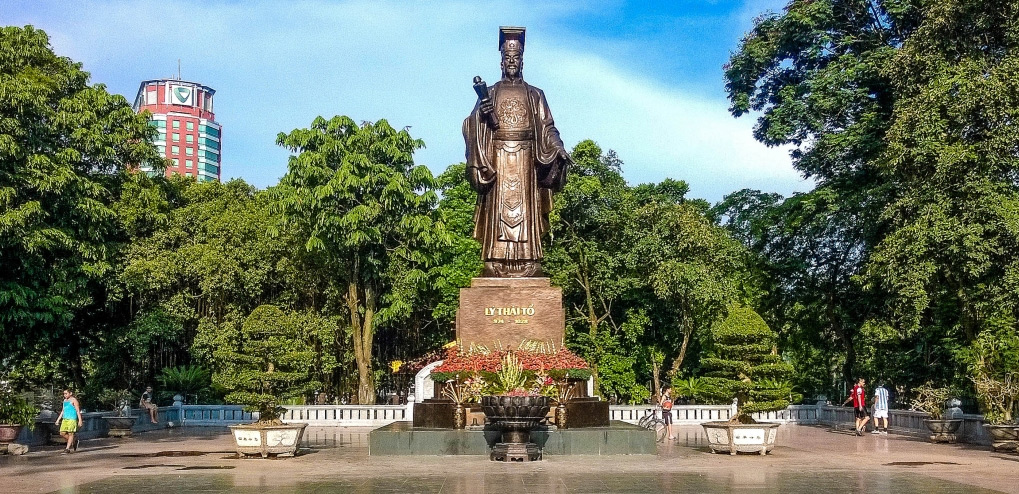
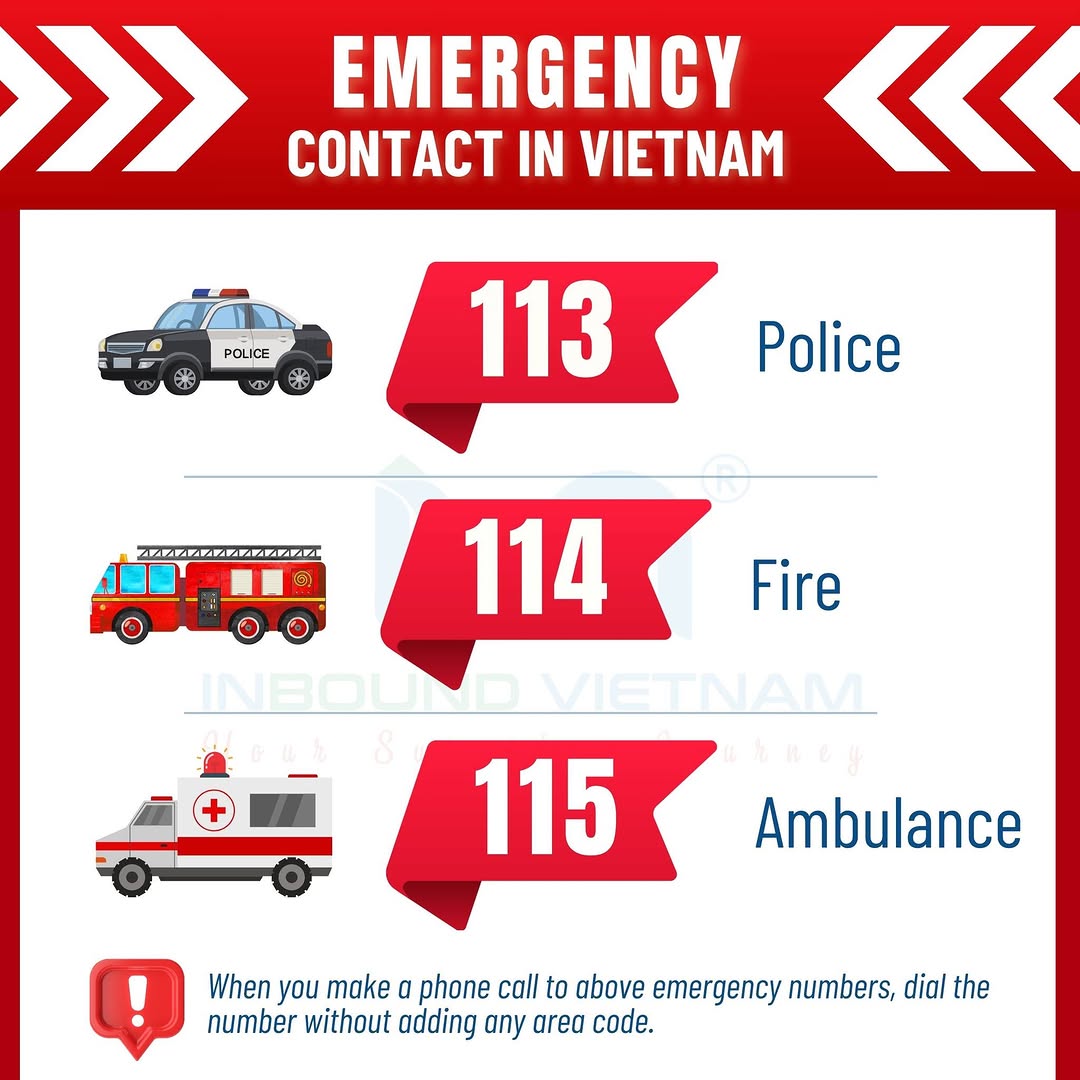
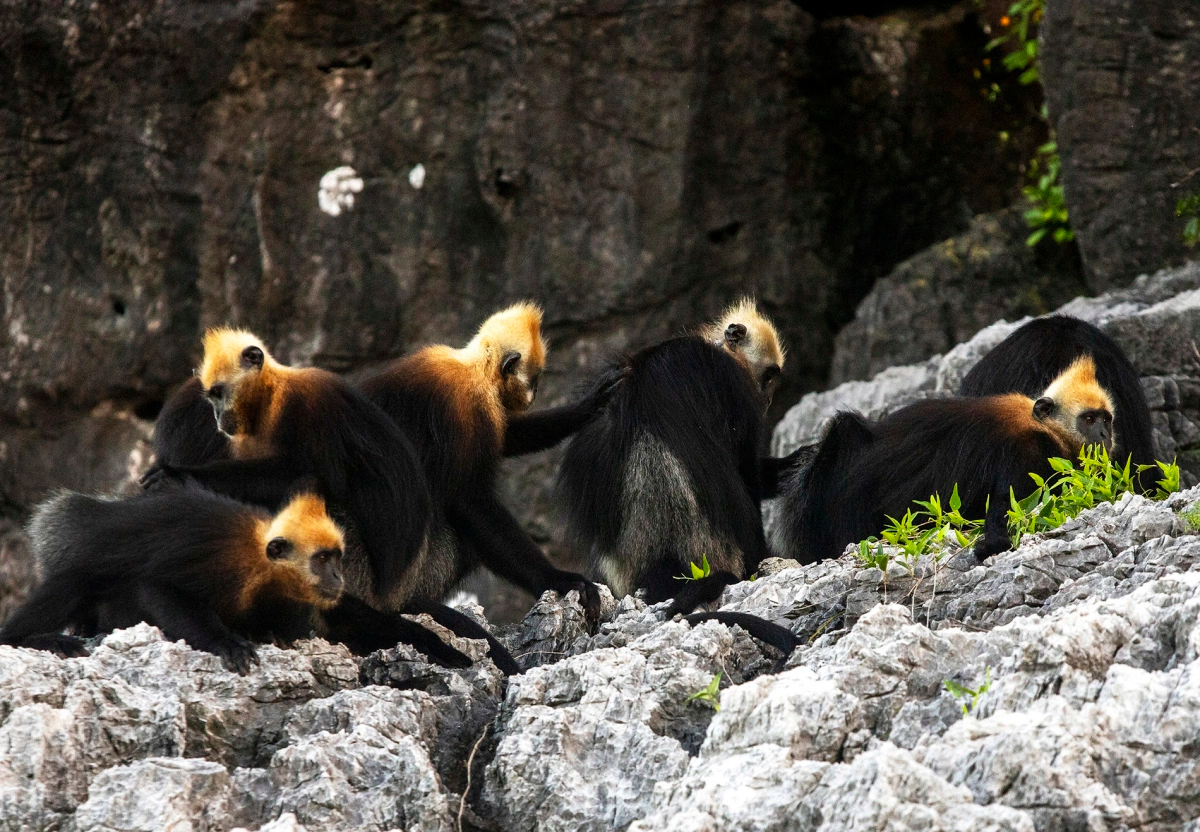
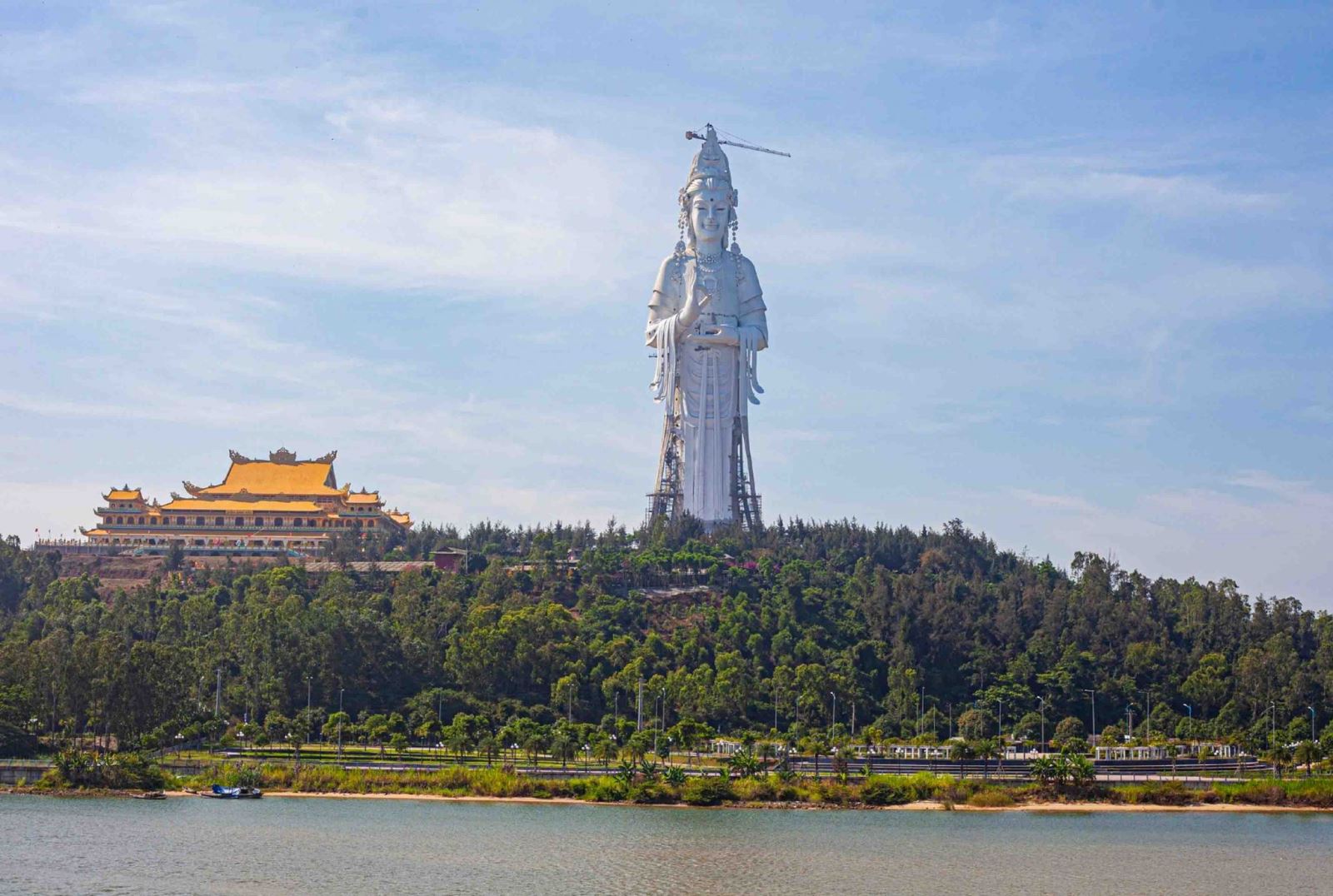
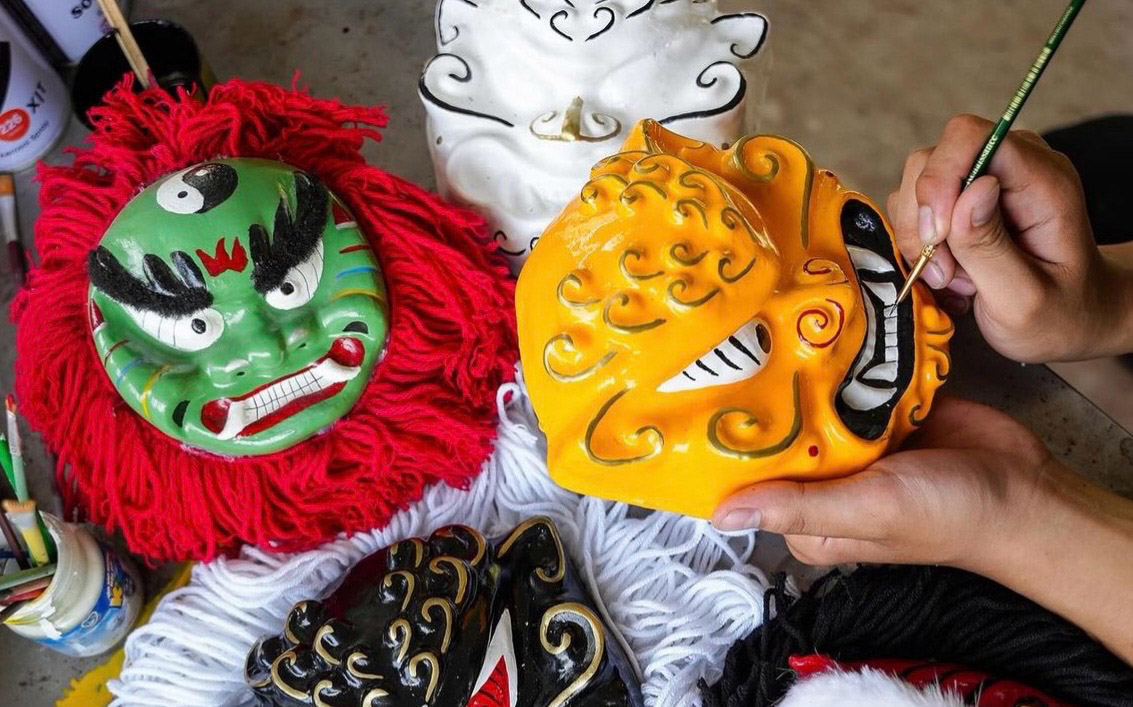
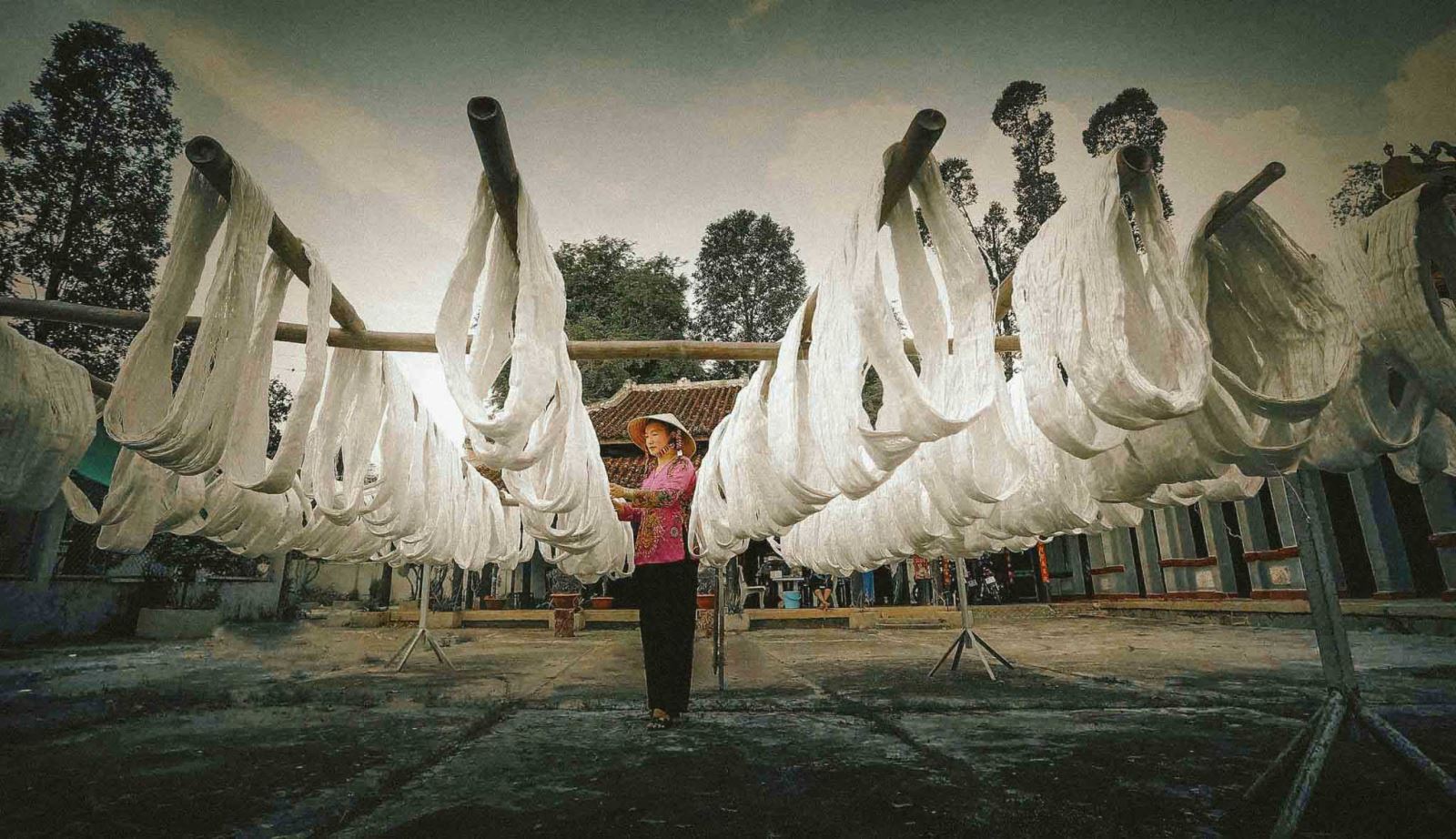
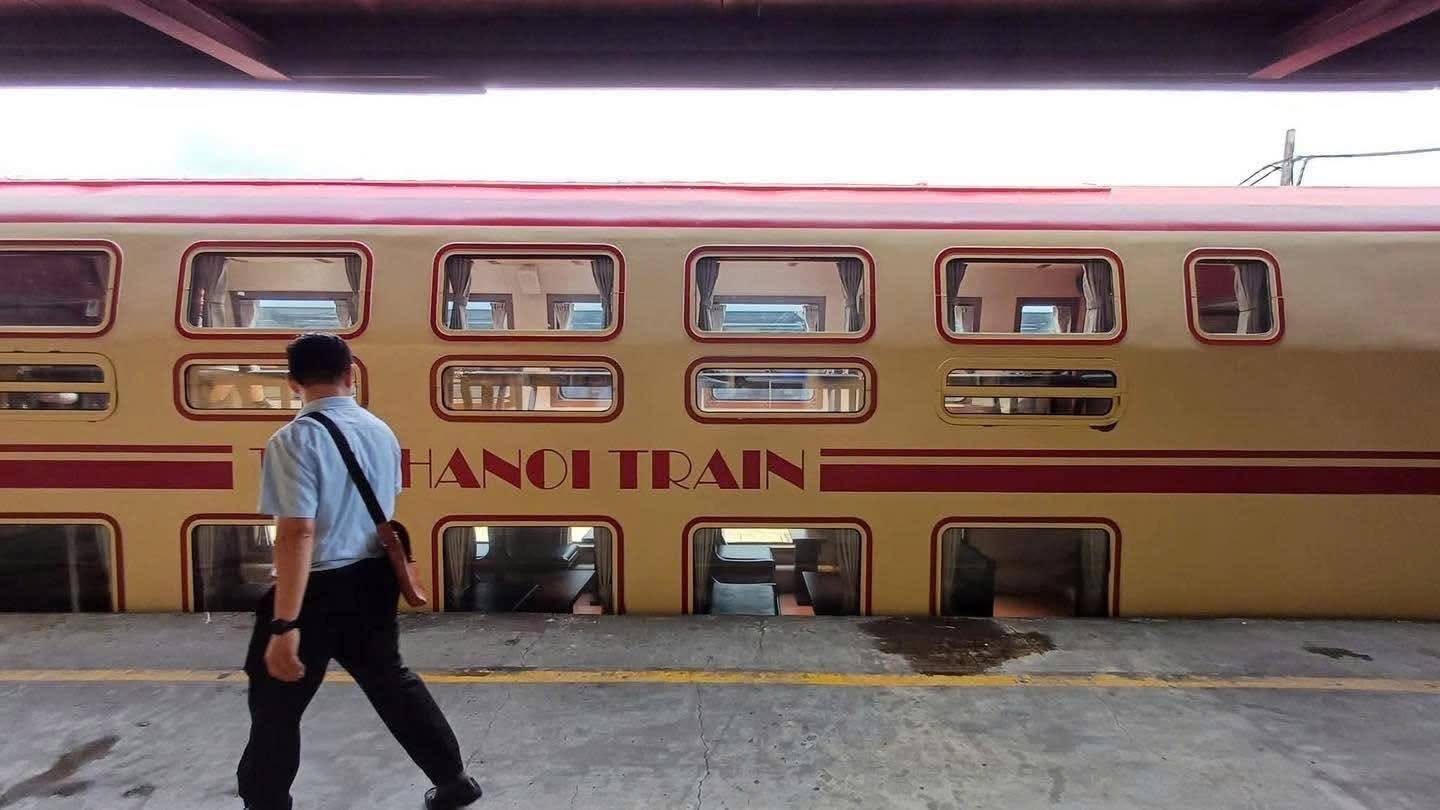
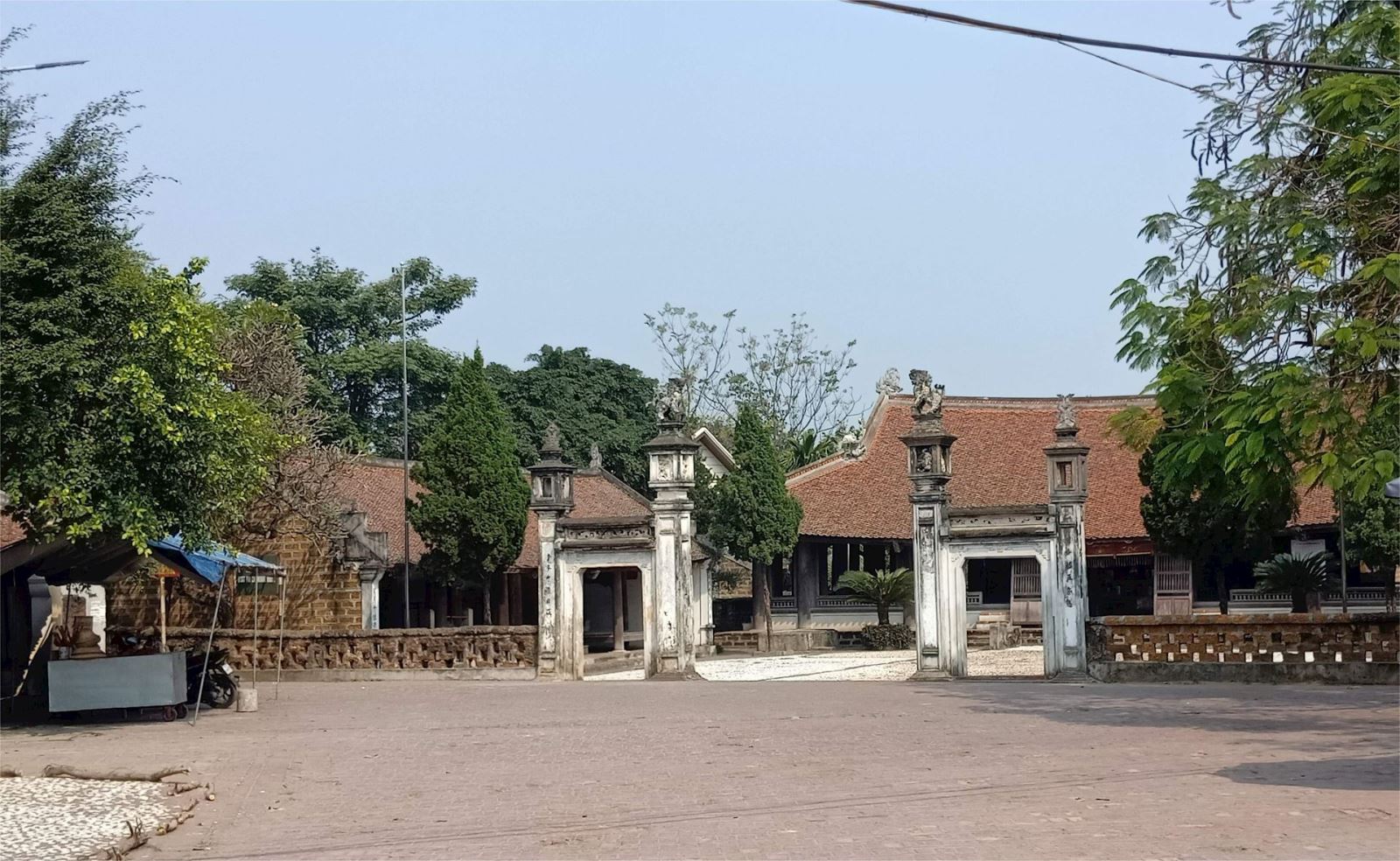
.png)